10th Session of the World Urban Forum (WUF10)
Cities of Opportunities: Connecting Culture and Innovation
8-13 February 2020 | Abu Dhabi, United Arab Emirates (UAE)
Summary Highlights
Highlights for Thursday, 13 February 2020
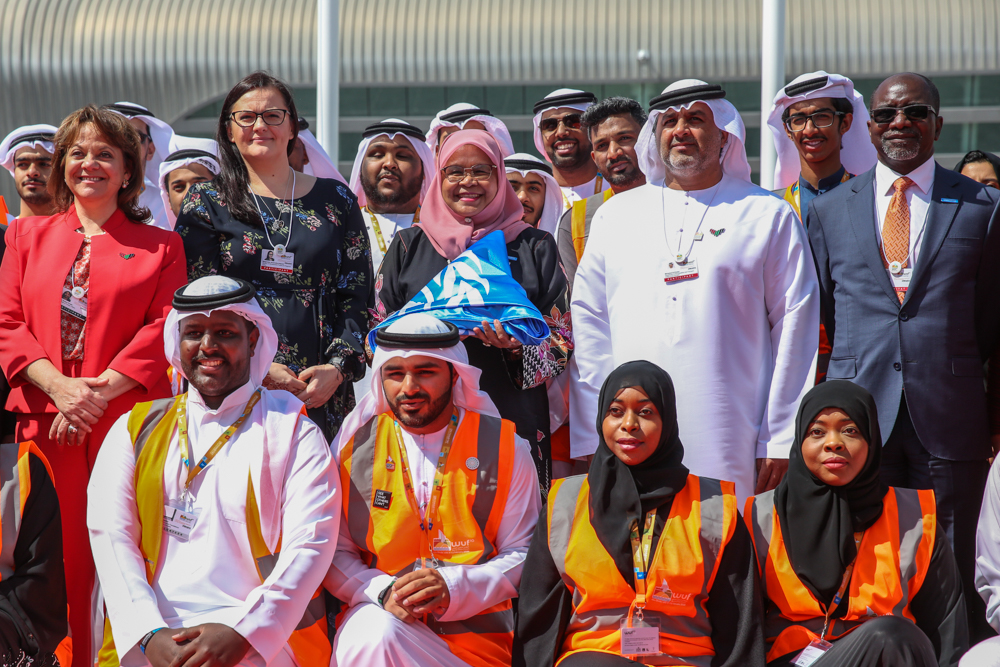
WUF10 concluded with a closing ceremony in the morning, including a performance by Al Ayala dancers and a sand art performance by Shayma Al Mughairy narrating the history of the WUFs, followed by a symbolic hand-over between WUF10 and WUF11 hosts, and a video launching WUF11.
Mohamed Al Khadar Al Ahmed, Abu Dhabi Department of Municipal Affairs and Transport, suggested that the goal should not be masterplanning cities but “masterpiecing” them. In a video message, President of the UN General Assembly Tijjani Muhammad-Bande commended WUF10 for marking one of the first events of the UN Decade of Action.
Mukhisa Kituyi, Secretary-General, UN Conference on Trade and Development, said the world is now taking stock of the “triple promise of 2015,” noting “we are falling behind.”
Fabrizio Hochschild Drummond, Special Adviser to the UN Secretary-General on the UN’s 75th Anniversary, said that we are at a “difficult juncture in history” where “geopolitics are back with a vengeance,” adding that the UN Secretary-General will launch a global consultation on the future of international cooperation in coming months.
Henry Murillo Salazar, Latin American Network of Persons with Disabilities and their Families, said cities must integrate accessibility as a basic principle in local and regional governance, reminding that persons with disabilities represent 15% of the world’s population, accessibility is a human right, and that the New Urban Agenda is committed to addressing all forms of discrimination. Martha Delgado Peralta, President of the UN-Habitat Assembly, said the Forum’s outcome document, entitled Abu Dhabi Declared Actions, had been prepared by a “well-balanced group of national governments and stakeholders."
In her closing address, UN-Habitat Executive Director Maimunah Mohd Sharif noted WUF10 had achieved a remarkable number of milestones, including in terms of quality of the presentations and exhibitions, and gender balance among the speakers. She declared the Forum closed at 11:57 am.
IISD Reporting Services, through its ENB+ Meeting Coverage, provided daily web coverage and daily reports from WUF10. In addition, a summary report has also been produce in HTML and PDF.
Photos by IISD/ENB | Natalia Mroz
For photo reprint permissions, please follow instructions at our Attribution Regulations for Meeting Photo Usage Page
+ Visit the web coverage for Thursday, 13 February 2020
Official Closing Ceremony
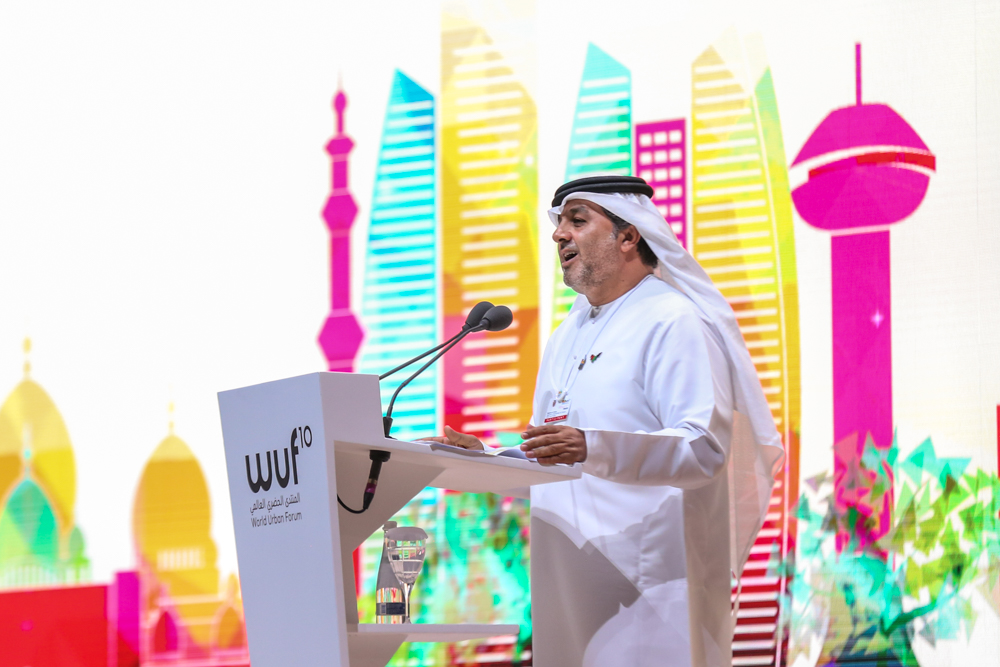
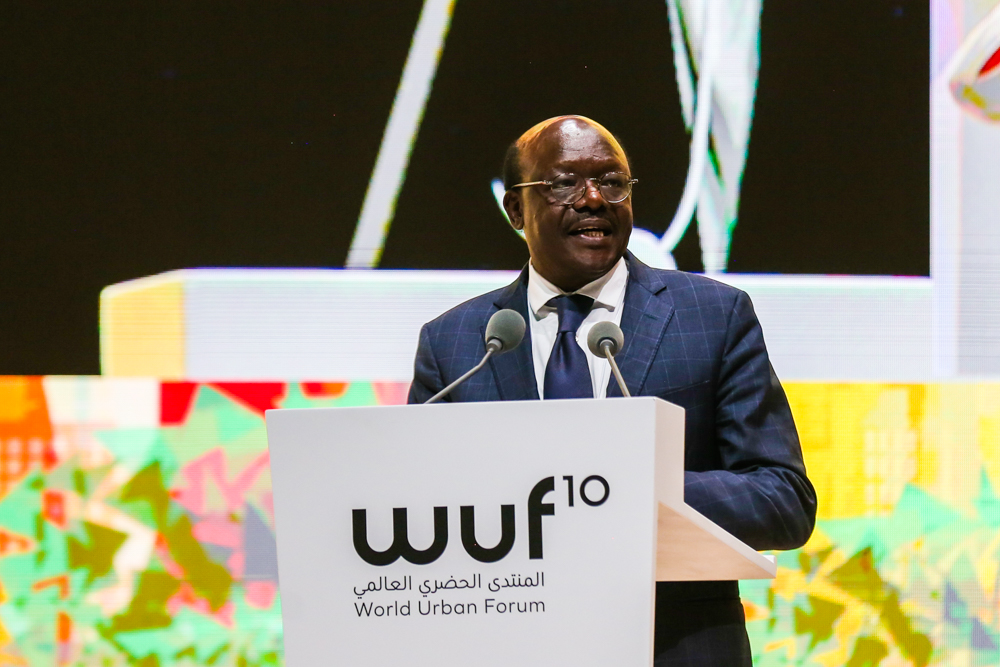
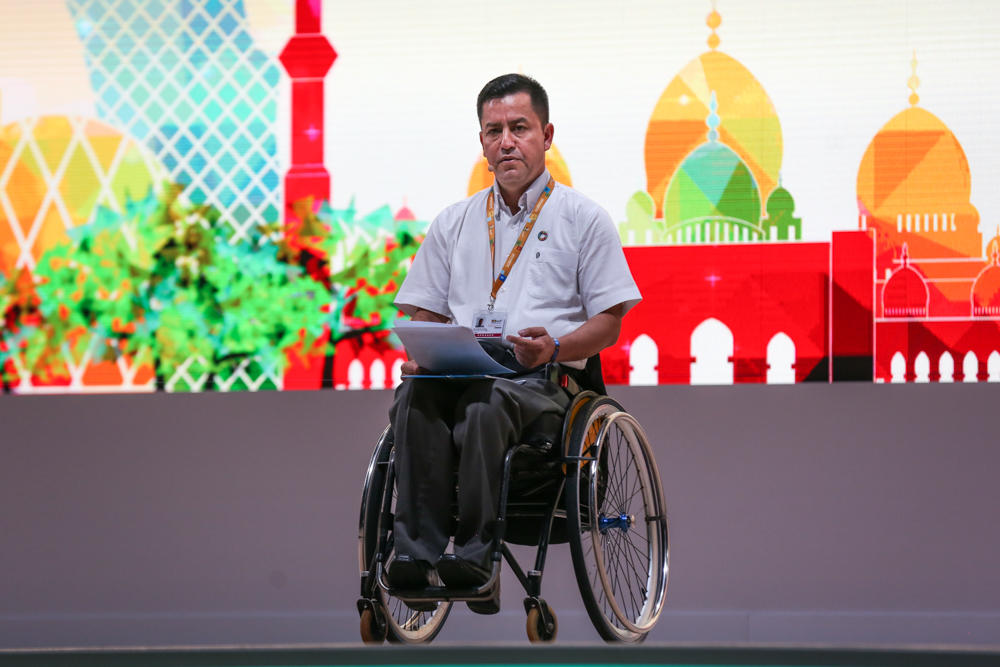
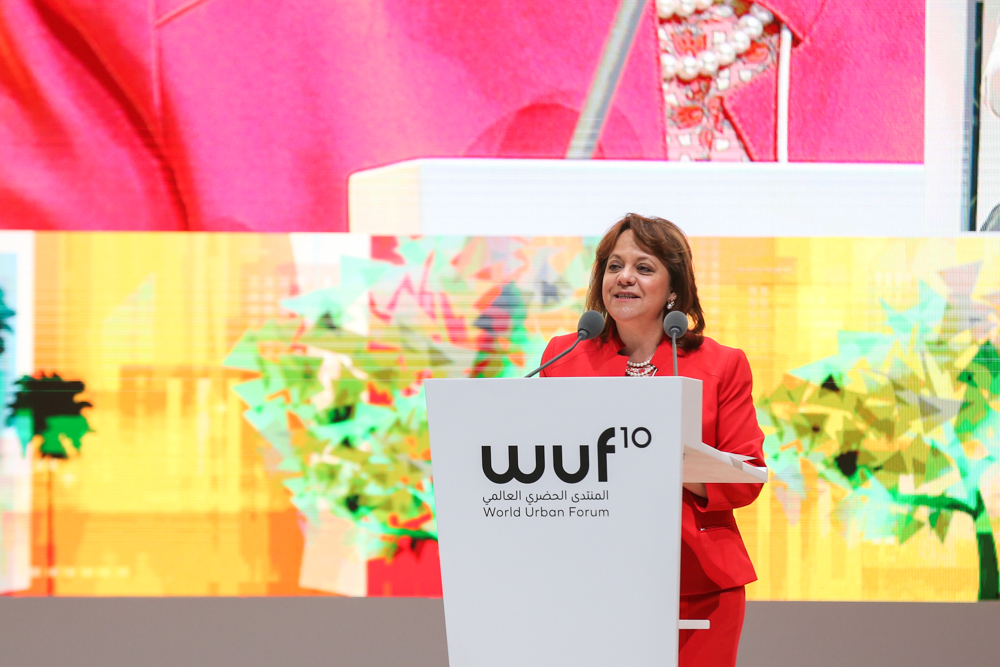
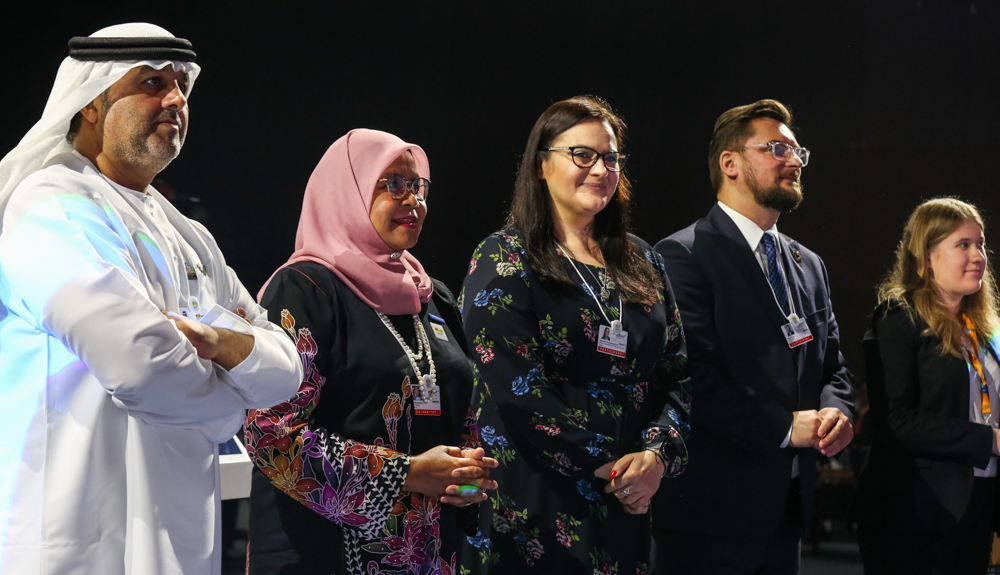
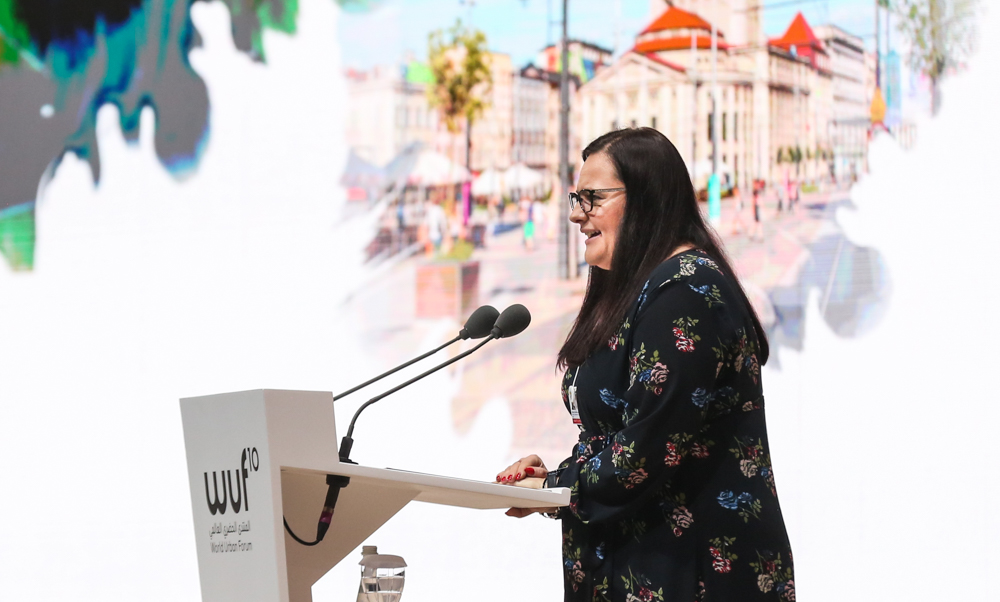
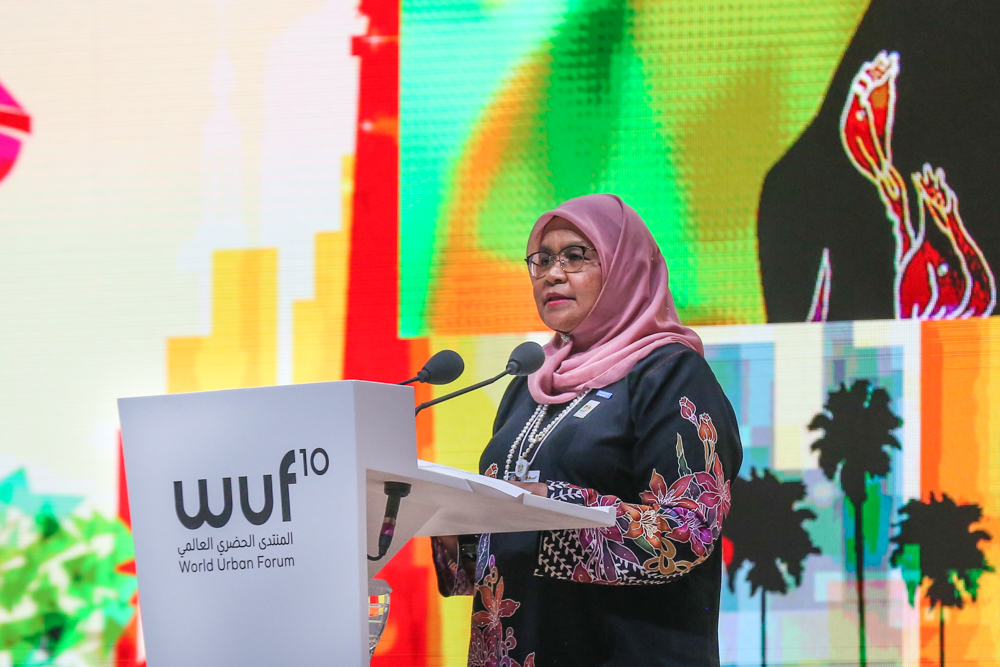
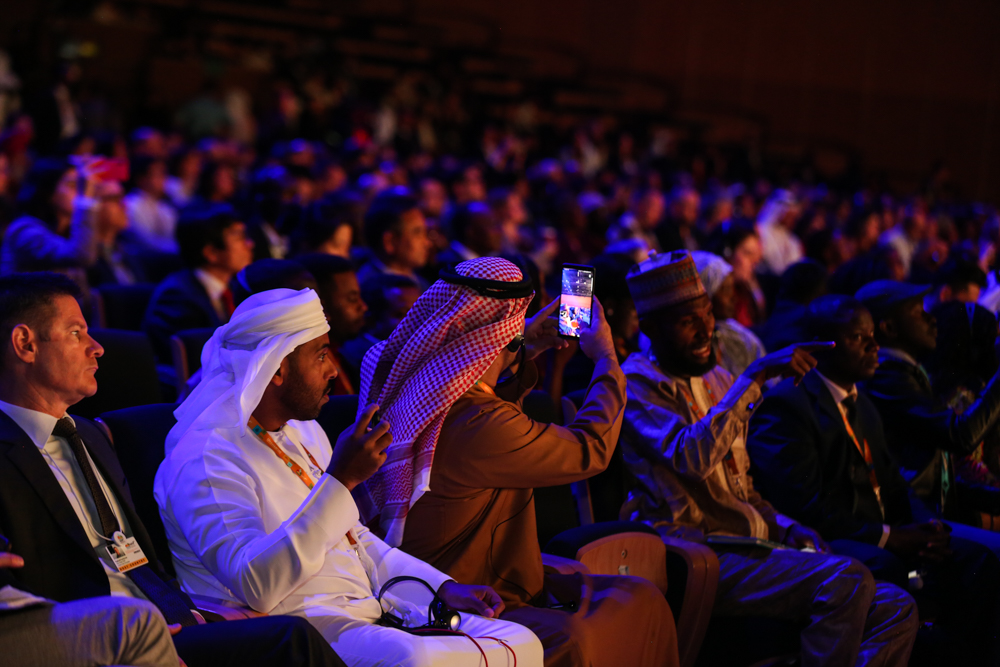
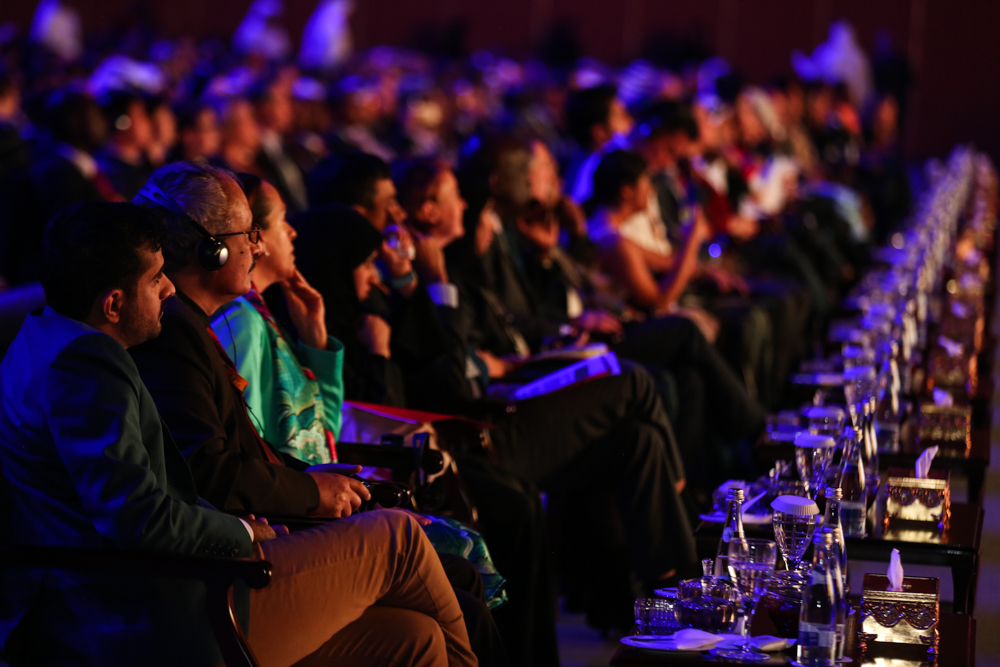
Closing Press Conference
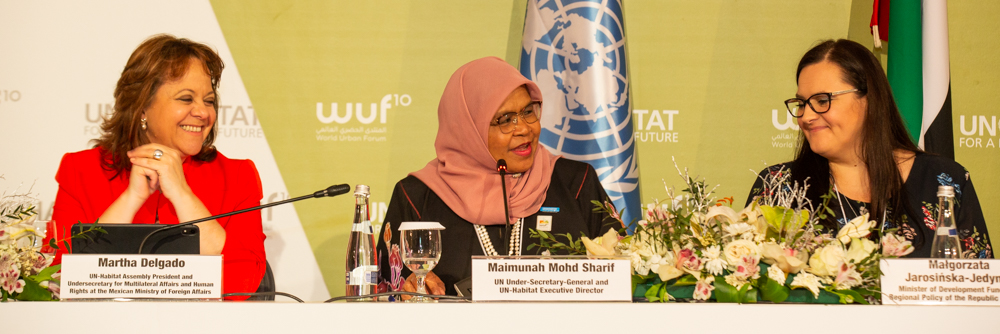
Highlights for Wednesday, 12 February 2020
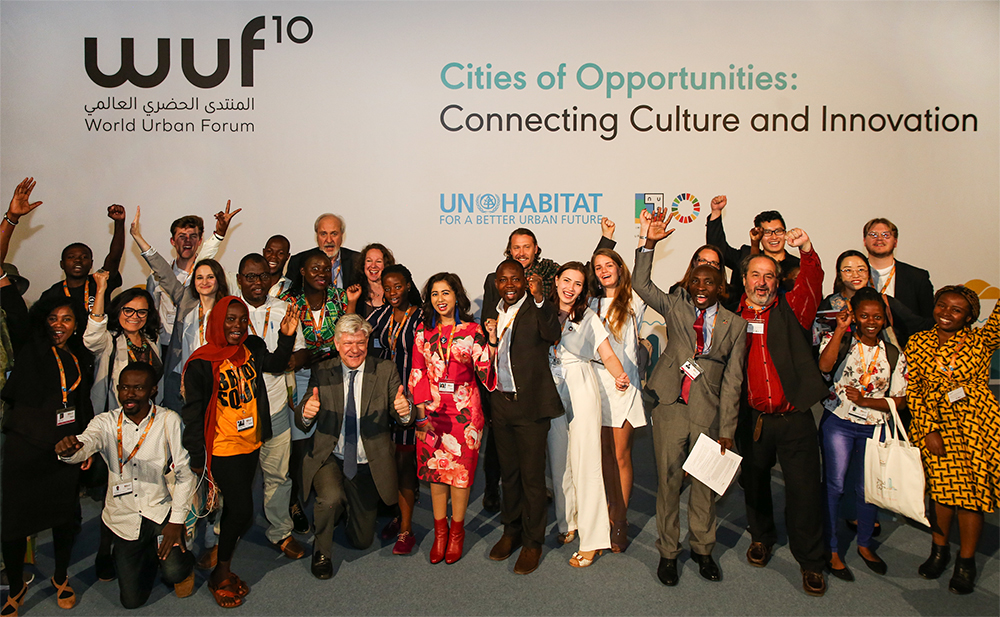
WUF10 continued with two dialogues in the morning, including one on Urban Planning and Heritage Preservation – Regeneration, during which UN-Habitat Executive Director Maimunah Mohd Sharif stressed the importance of preserving heritage sites and buildings in cities, saying “once it is lost, it will only be retrieved at great cost.” Another dialogue focused on Partnerships and Initiatives Supporting Culture and Innovation in Cities, during which panelists called for implementing cost-effective mobility solutions for millions of urban dwellers in the global South and promoting social entrepreneur ecosystems and economic development to “uplift people and the planet.”
In the afternoon, three roundtables convened, including one for children and youth representatives from different continents to express views on sustainable urban development. They circulated a petition calling for the Executive Director of UN-Habitat and the Deputy Executive Director of UN Environment Programme (UNEP) to declare a climate emergency, and urged the UN to stop organizing “tokenistic” youth summits, and instead ensure youth have a seat at a table. In a roundtable for traditional authorities, panelists underscored that millennia-old, culturally embedded traditional institutions cannot be destroyed by modern legal decisions, and discussed how traditional authorities and governments can have mutually beneficial relationships.
Side events and special sessions continued into the evening, including a session on Affordable Housing Innovation to Foster Cities' Culture and Diversity, which heard interventions from a range of governments, international and regional organizations, and private sector representatives on, among others, efforts to reduce the cost of housing through data centralization and reducing delays in housing provision through e-governance and reduced bureaucracy.
+ Visit the web coverage for Wednesday, 12 February 2020
Dialogue 5: Urban Planning and Heritage Preservation - Regeneration
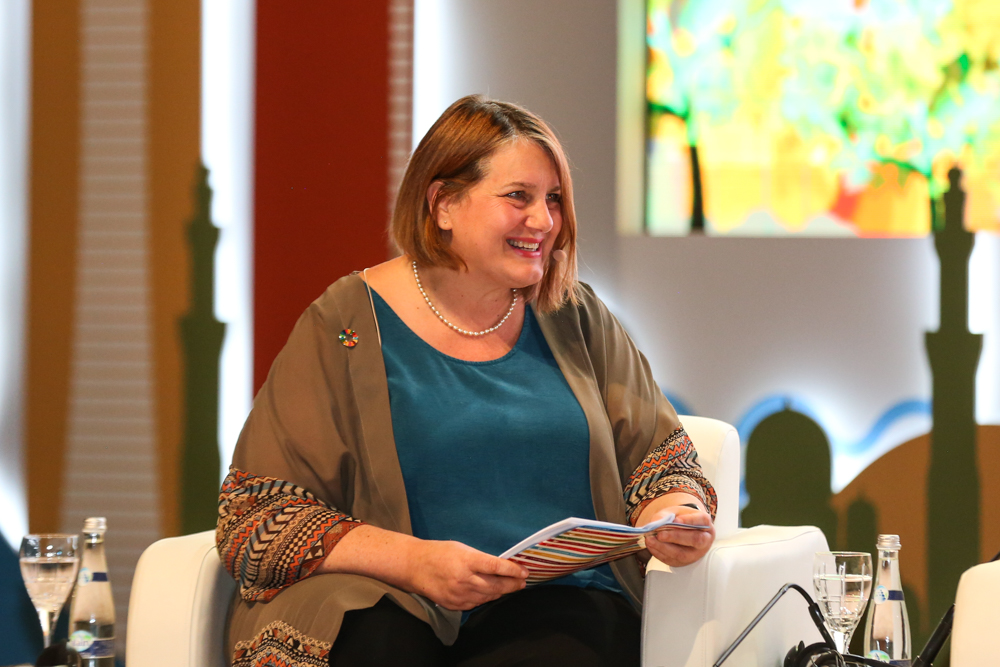
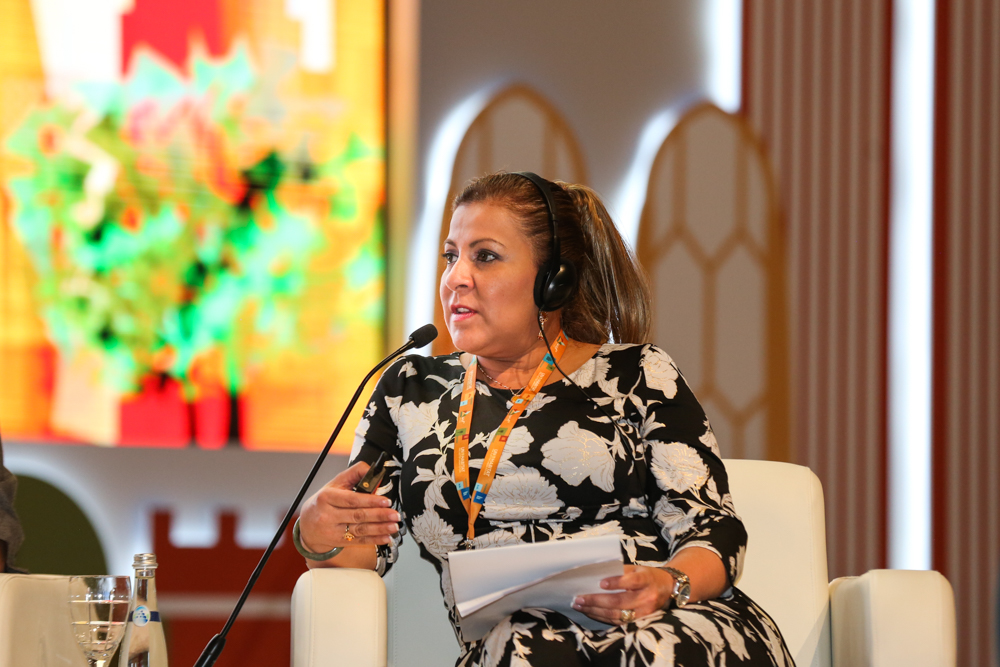
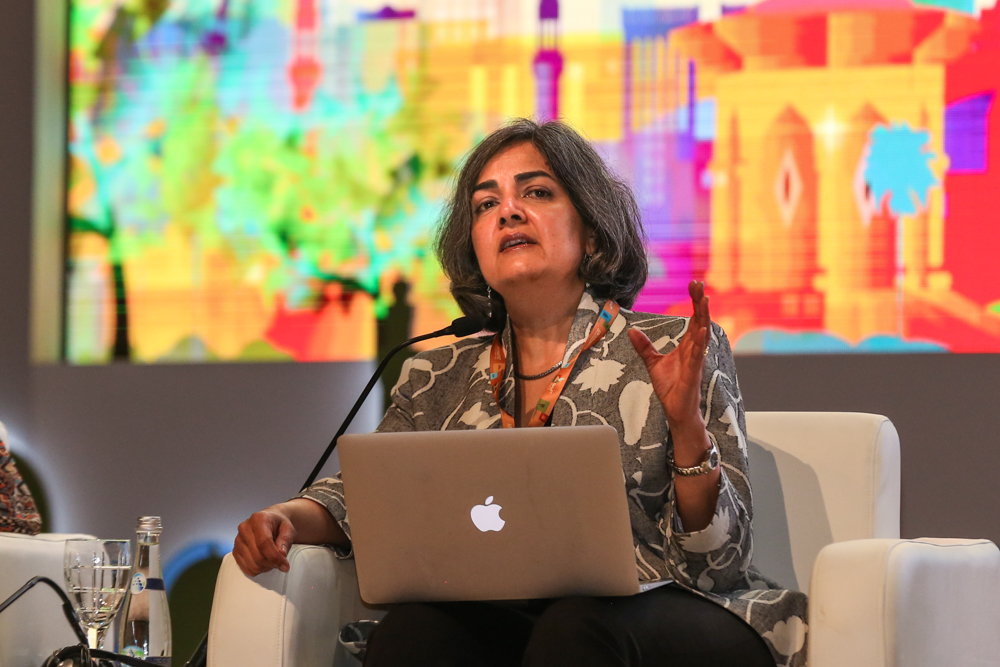
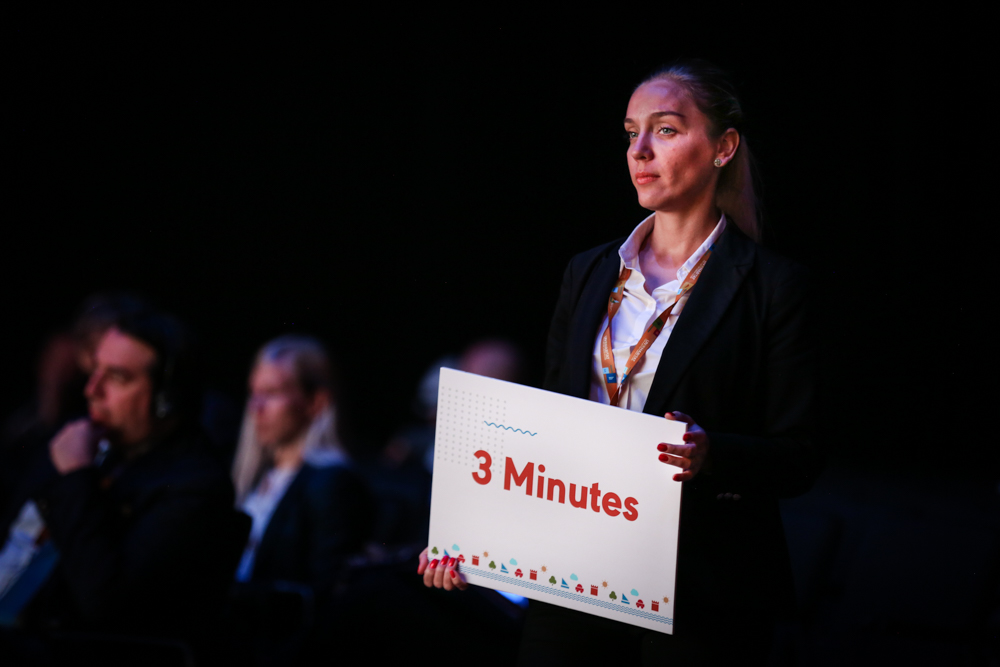
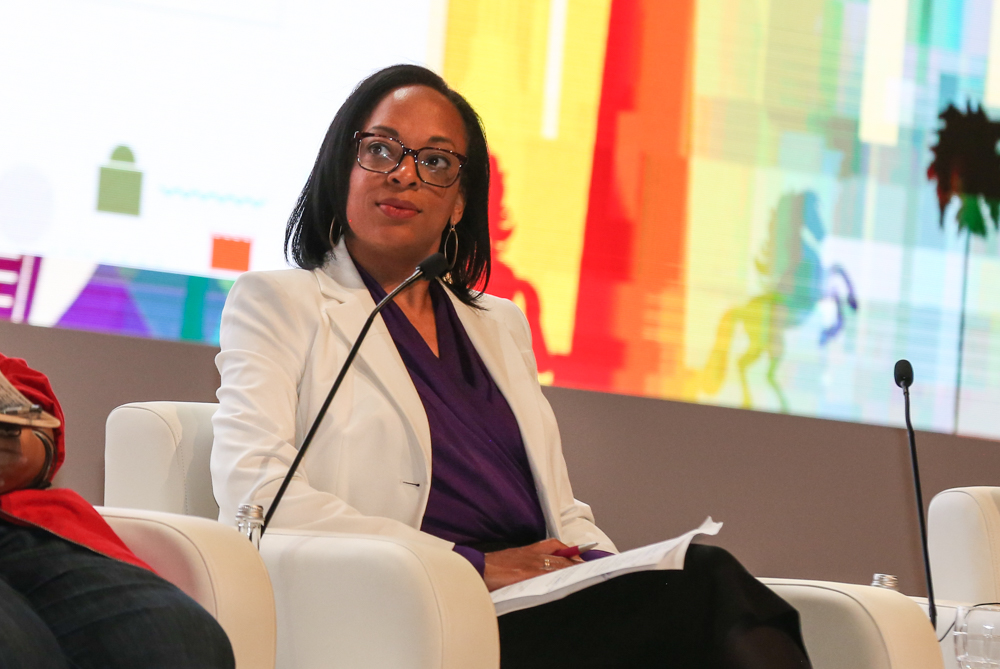
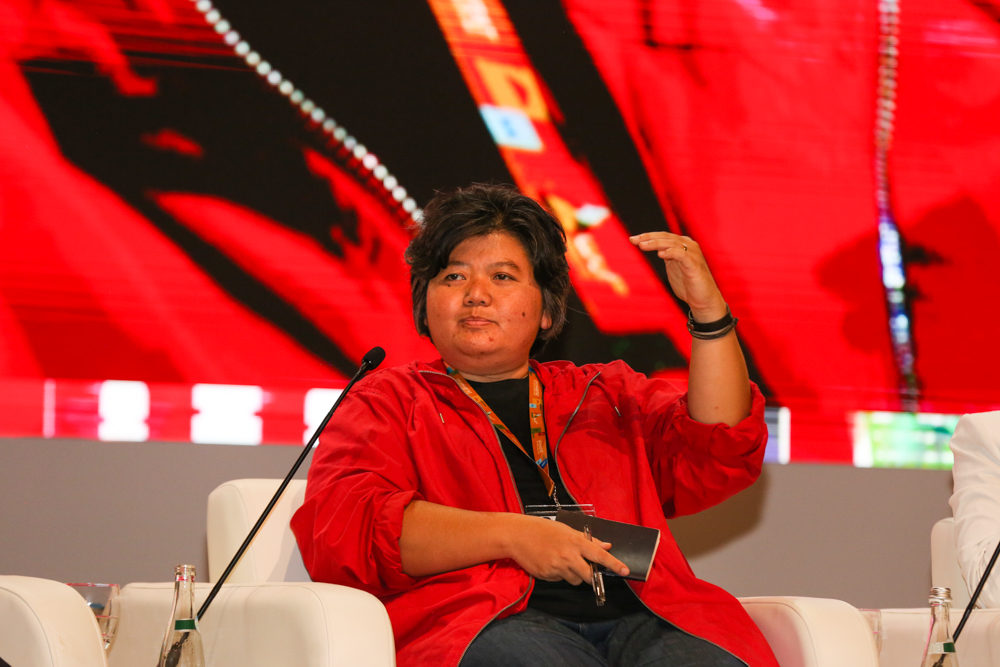
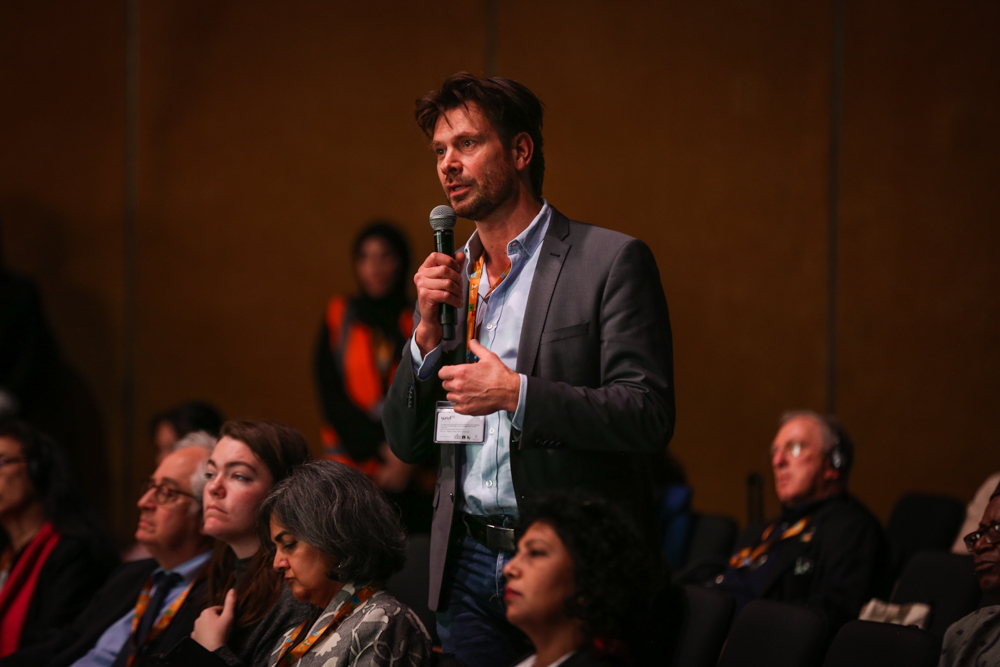
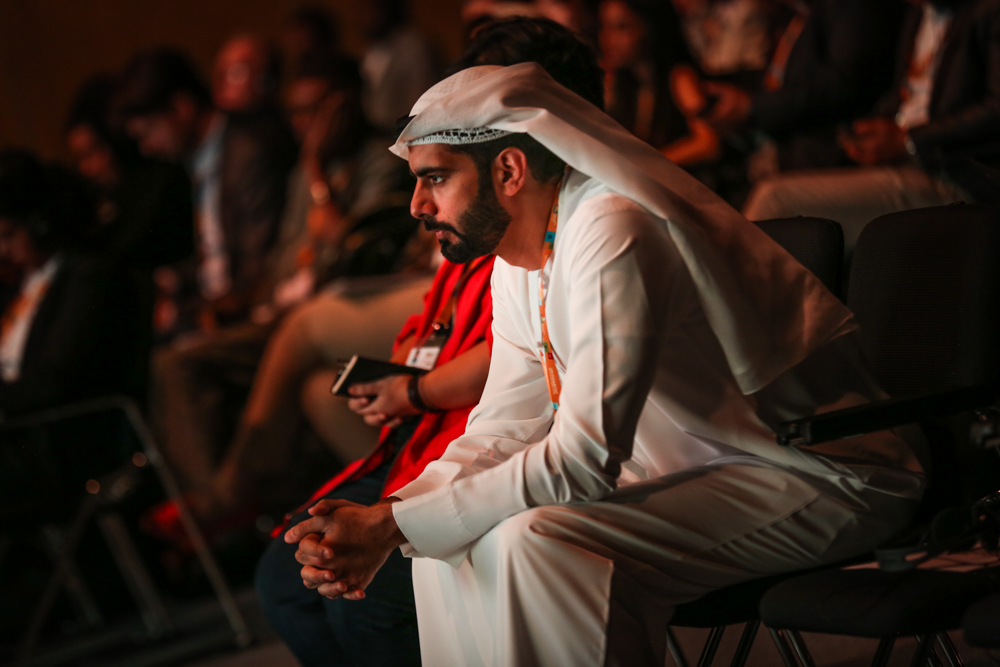
Dialogue 6: Partnerships and Initiatives Supporting Culture and Innovation in Cities

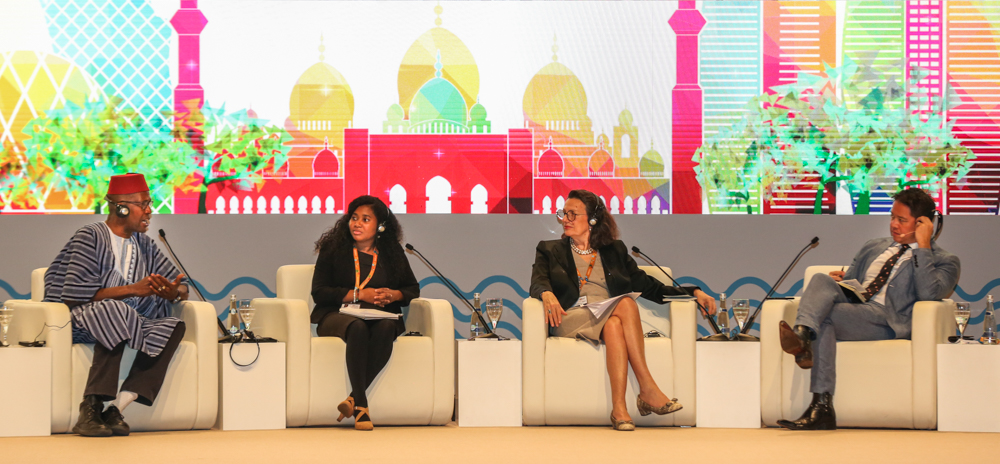
Children and Youth Roundtable
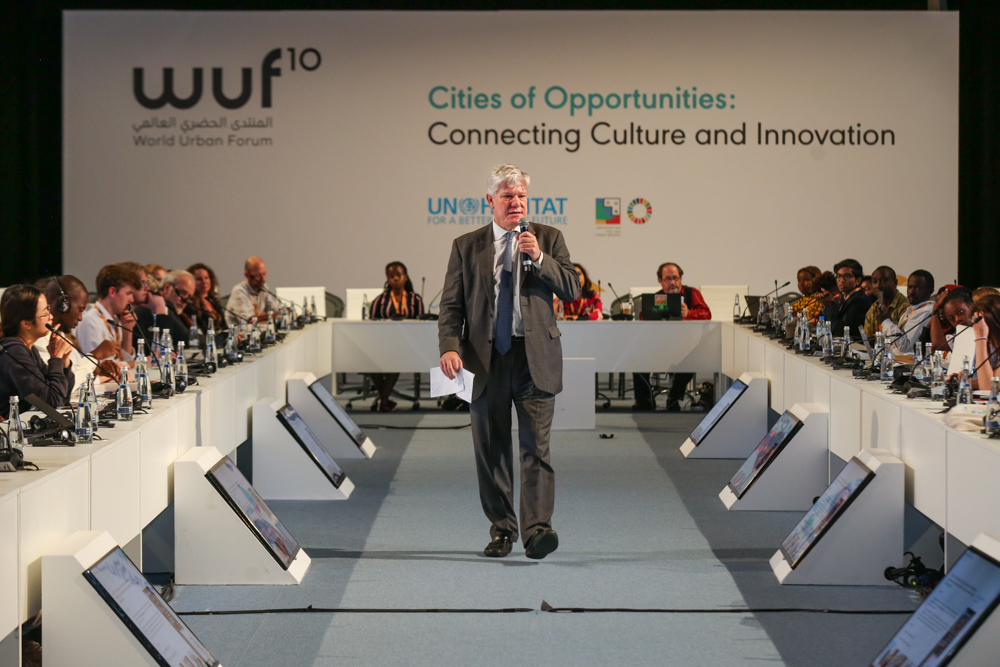
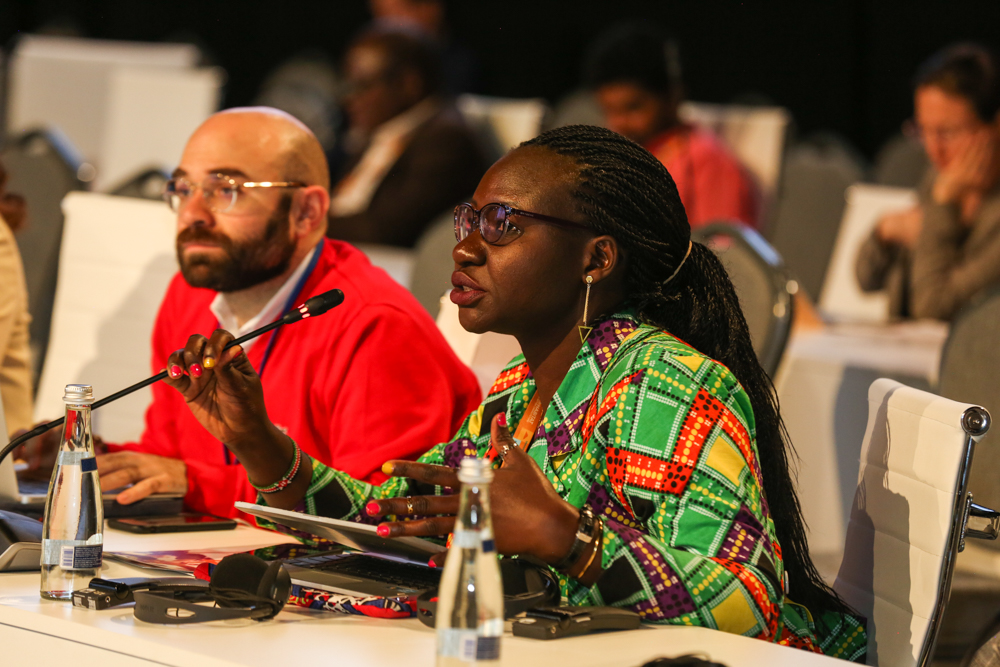
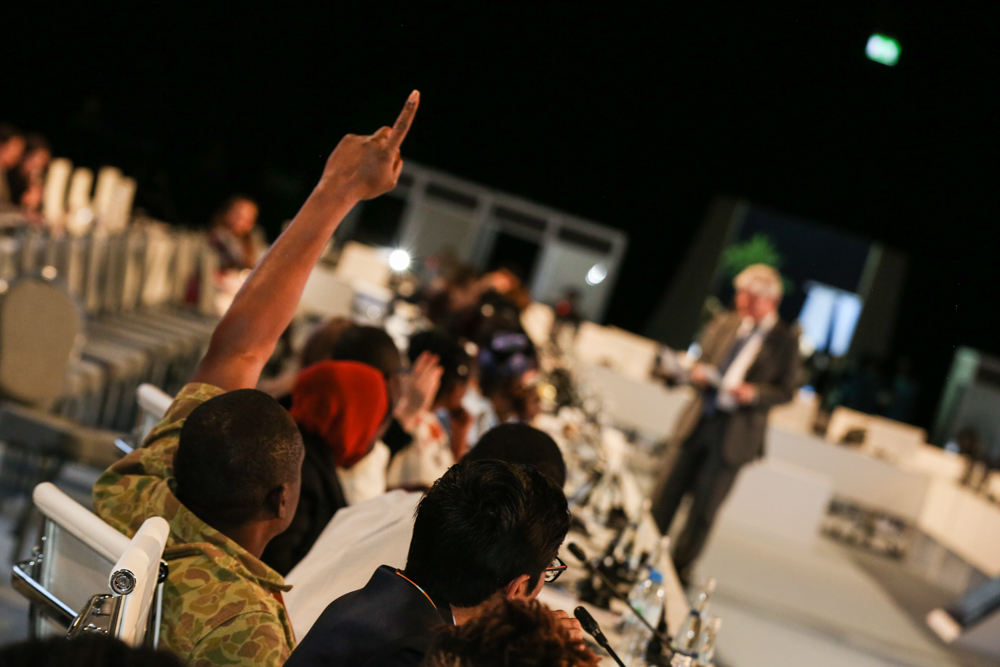
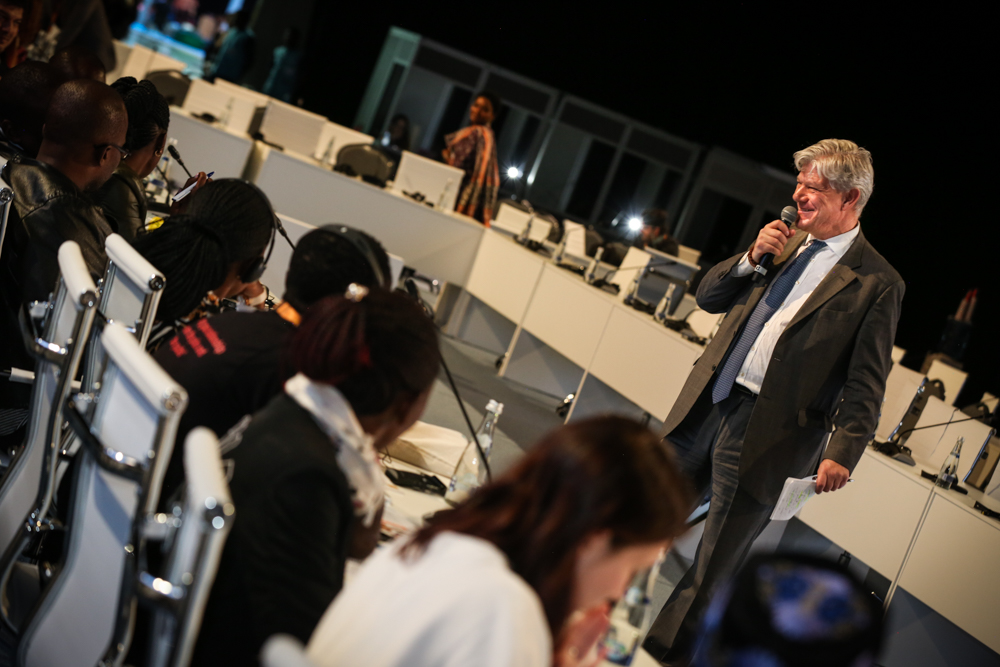
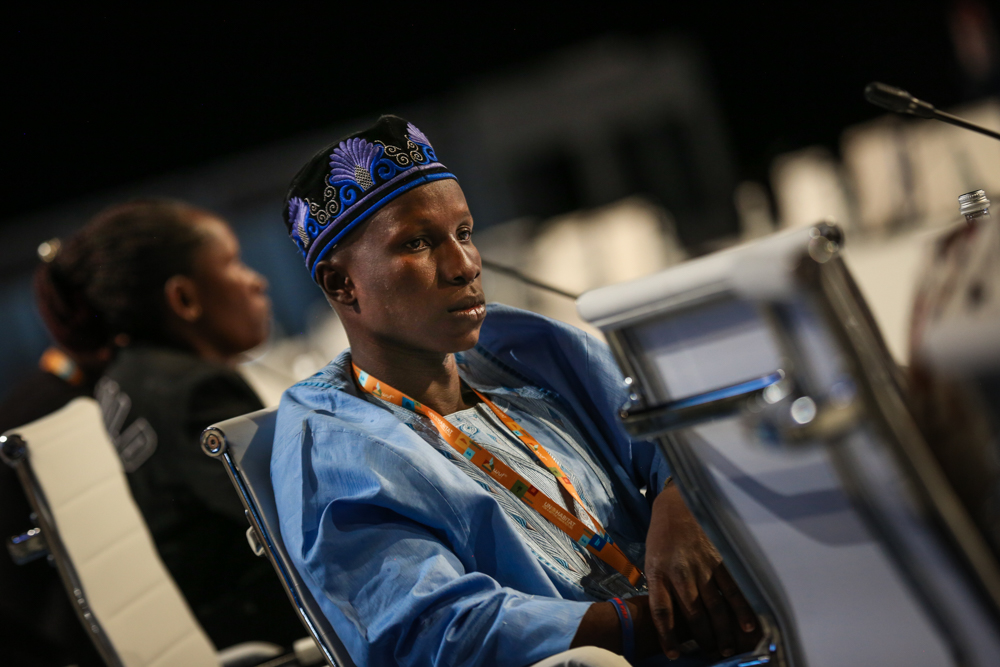
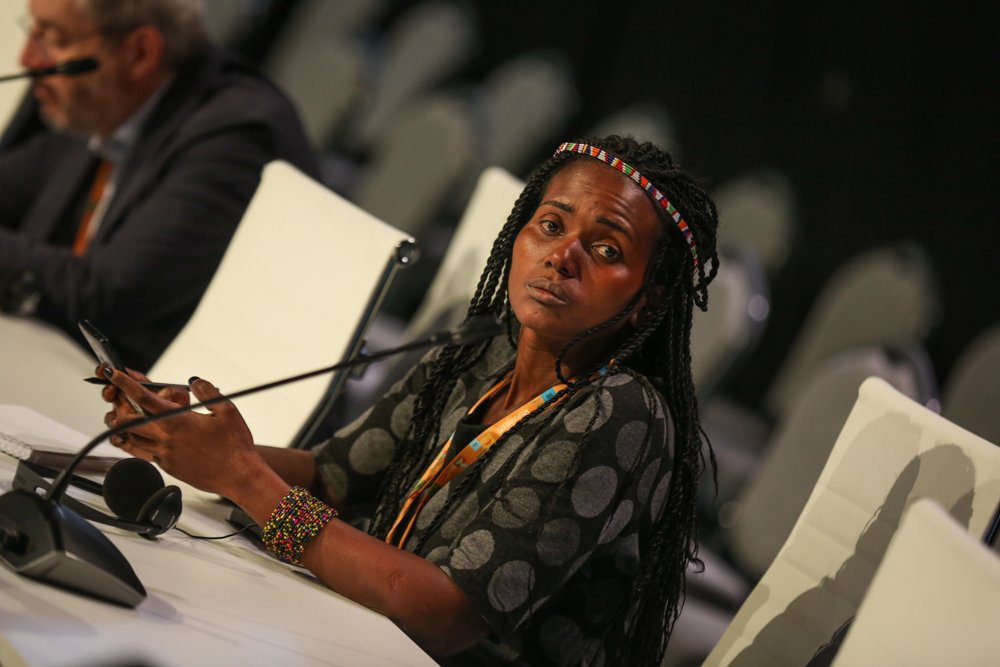
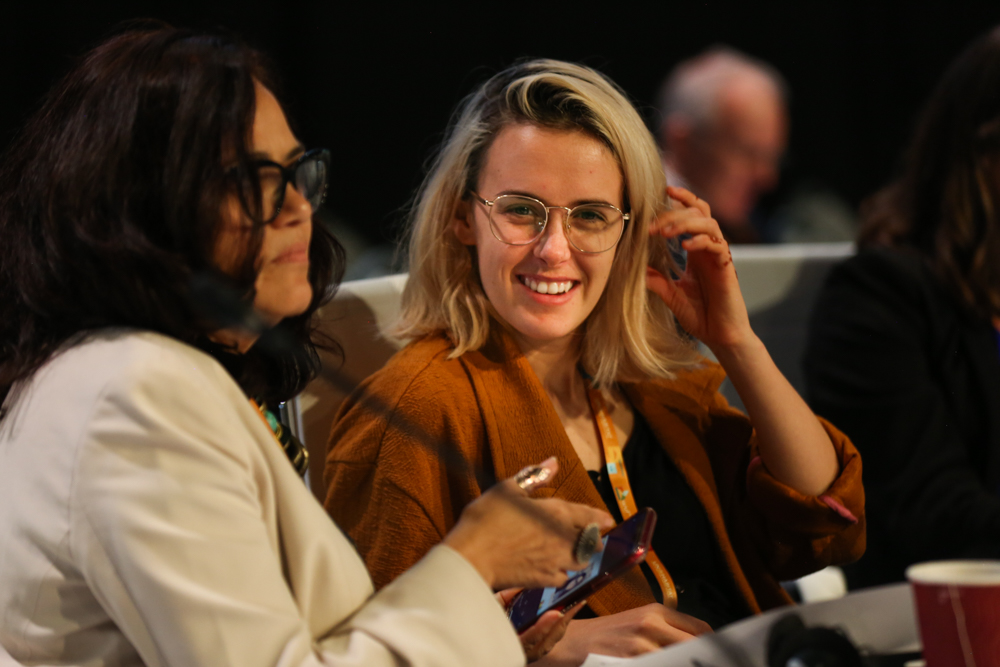

Traditional Authorities Roundtable
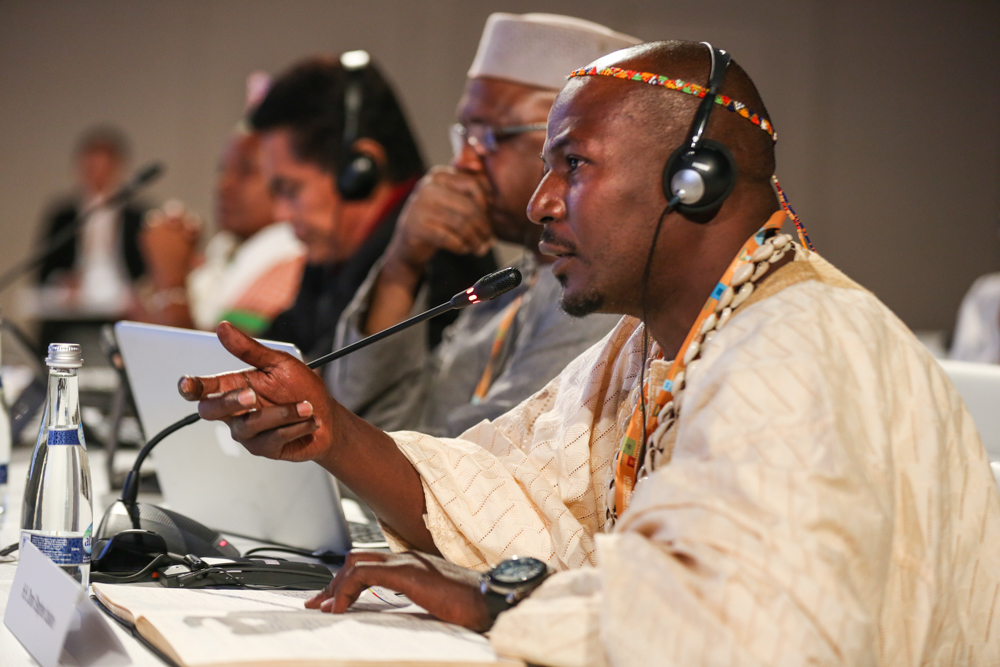
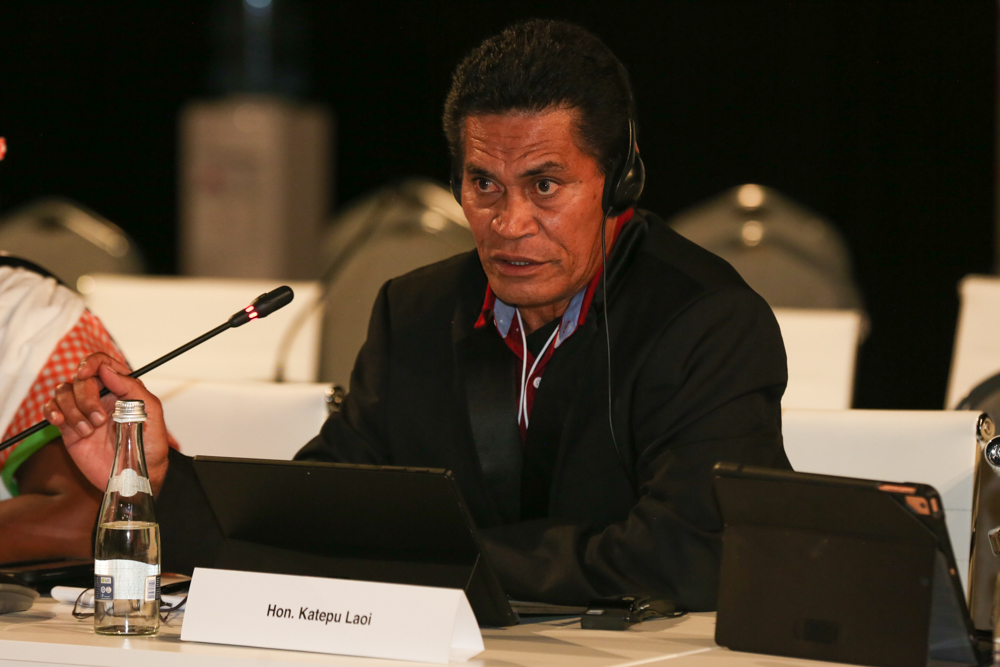
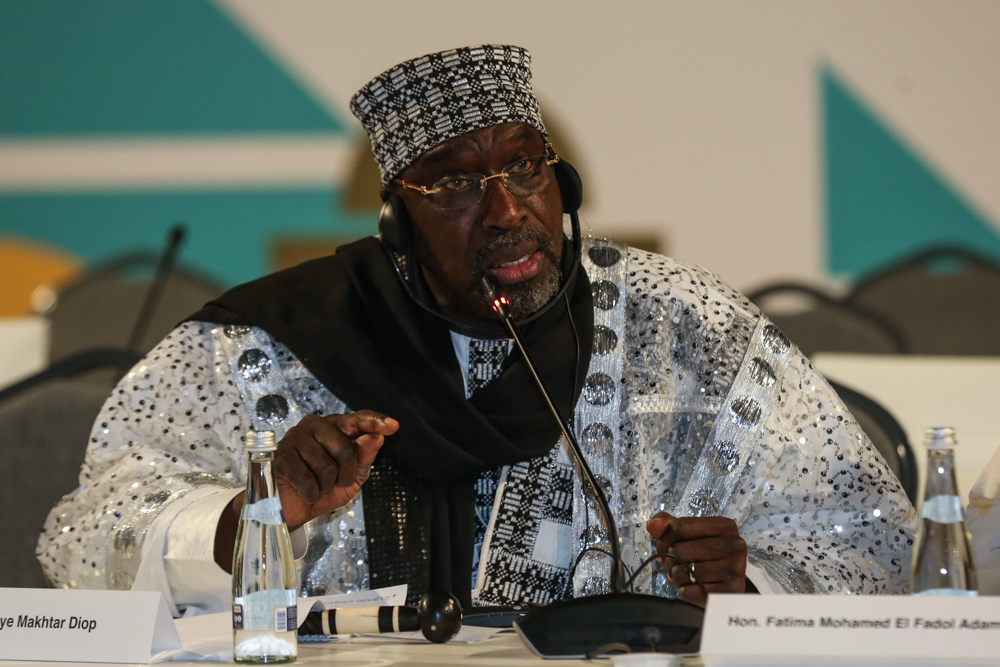
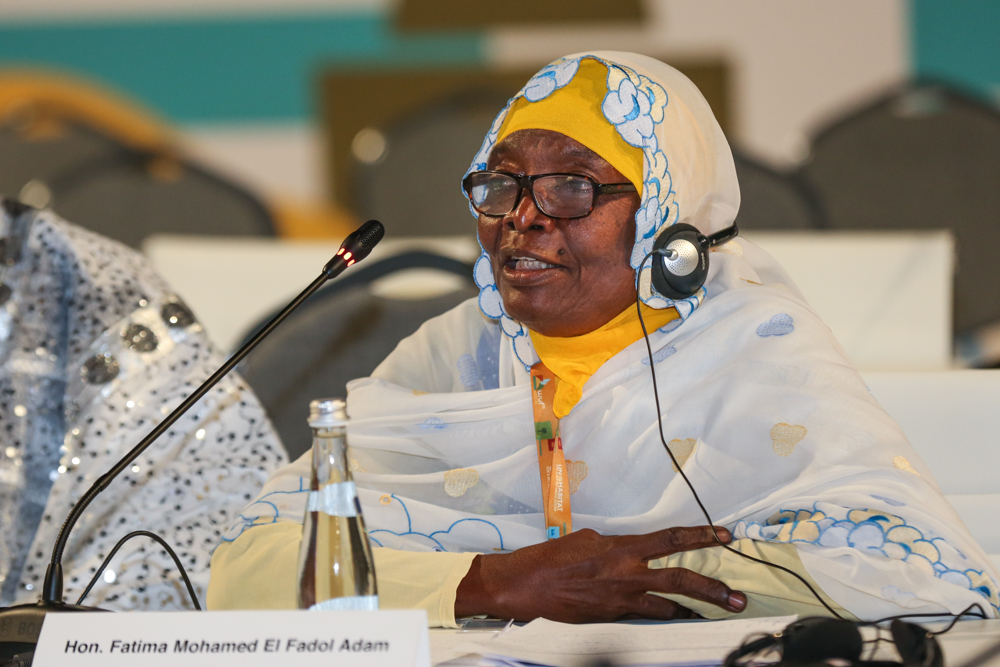
Special Session: Affordable Housing Innovation to Foster Cities' Culture and Diversity

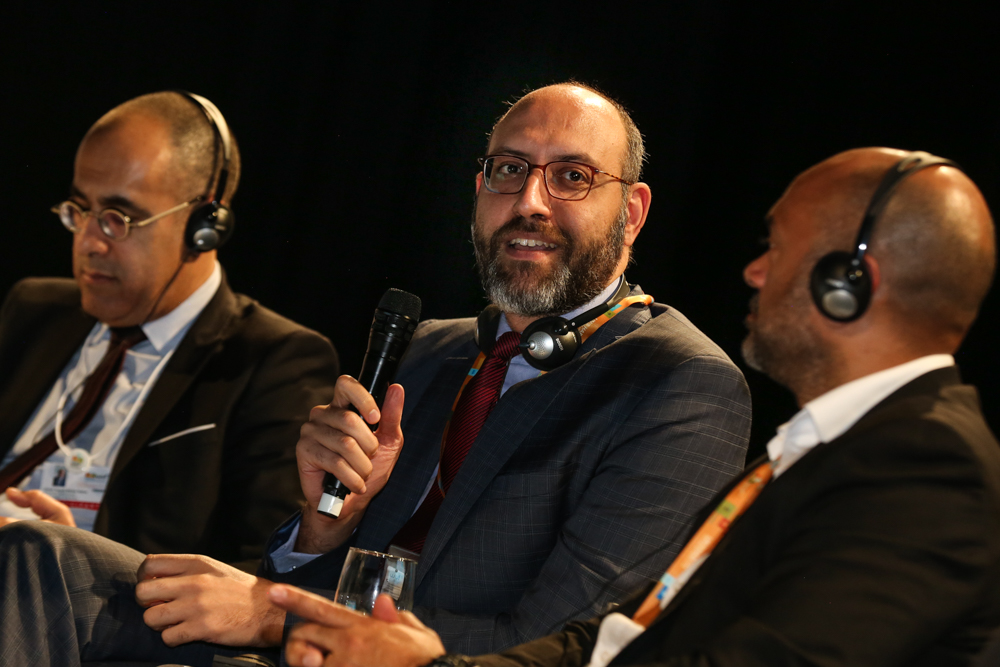
Highlights for Tuesday, 11 February 2020
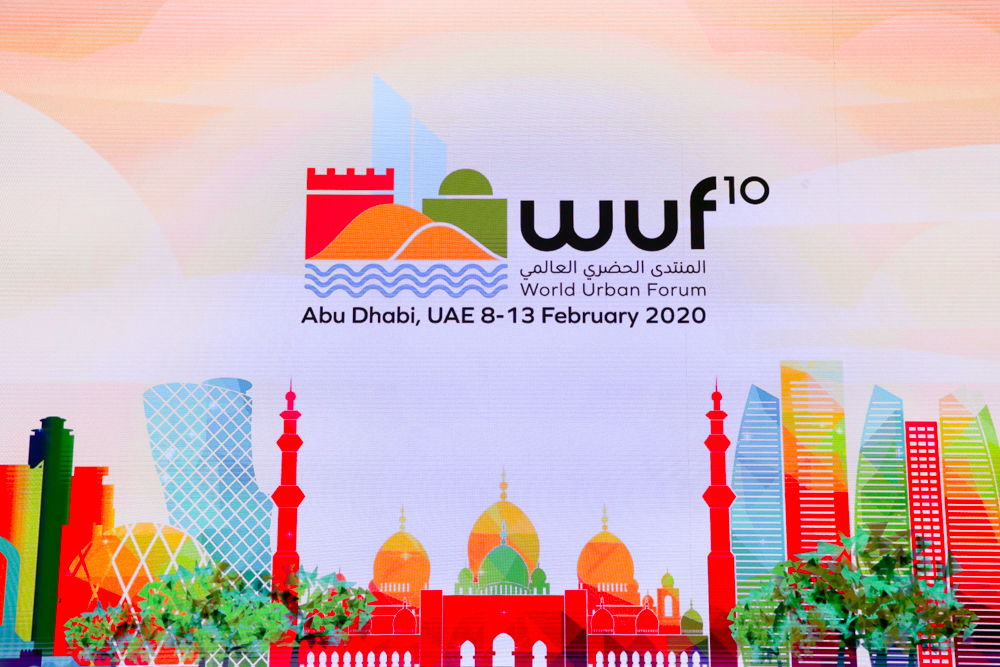
Dialogue sessions continued in the morning. One explored the ability of cities to manage conflicts between tradition and modernity and to maximize their convergence for sustainable economic, social, and environmental outcomes. A second dialogue considered: frontier technologies and how they relate to cities; initiatives that are required to close the digital divide; risks related to frontier technologies vis-à-vis protection of human rights; and which technologies hold the most promise for achieving Sustainable Development Goal 11 (SDG 11 - Sustainable Cities and Communities) and the New Urban Agenda (NUA).
During lunchtime, UN-Habitat launched another of its flagship programmes in a Sustainable Urban Development Now session. The RISE UP: Resilient Settlements for the Urban Poor initiative will aim to mobilize and coordinate large-scale investments in climate change adaptation and resilience for the urban poor.
Throughout the afternoon, side events and special sessions convened. A parliamentarians’ roundtable was held where parliamentarians and stakeholders from around the world dedicated to sustainable urban development assessed mechanisms to review legislation for its compatibility with core international and national principles, as well as the SDGs and NUA.
Another roundtable was held with civil society and grassroots organizations to consider collaborative and institutional mechanisms to enhance stakeholder engagement, and make recommendations for policy and practical measures to enhance civil society and grassroots engagement in culture and innovation in cities.
+ Visit the web coverage for Tuesday, 11 February 2020
Dialogue 3: Tradition and Modernity: A Creative Convergence for Sustainable Cities
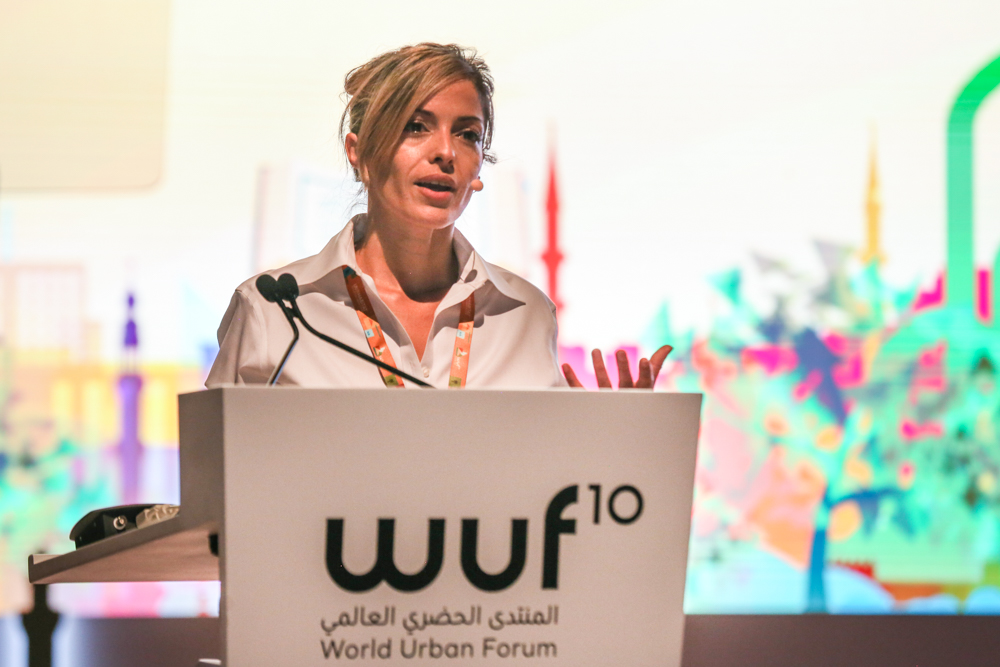
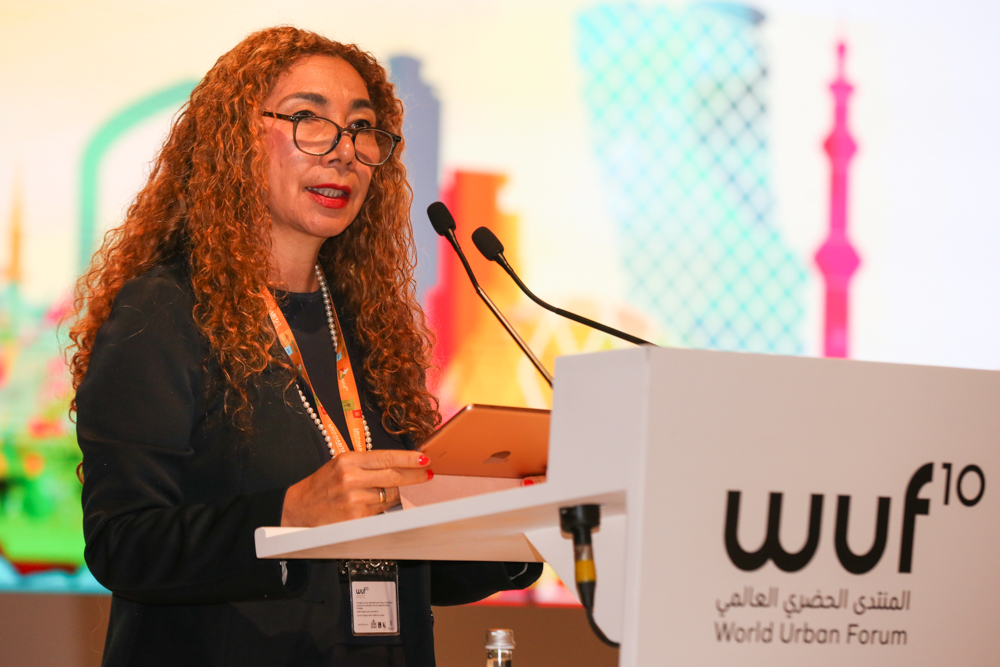
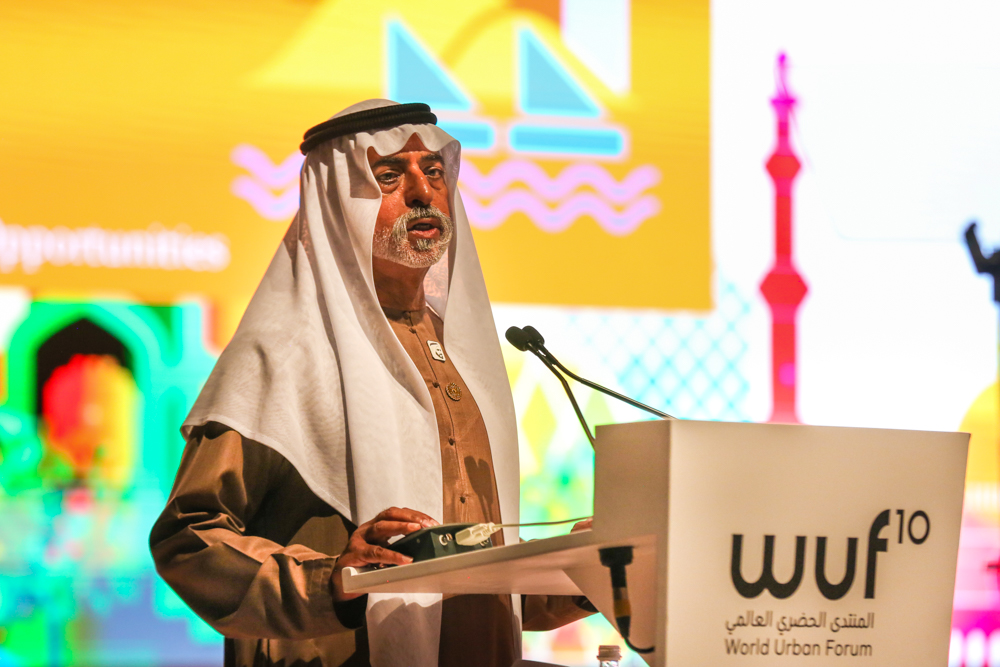
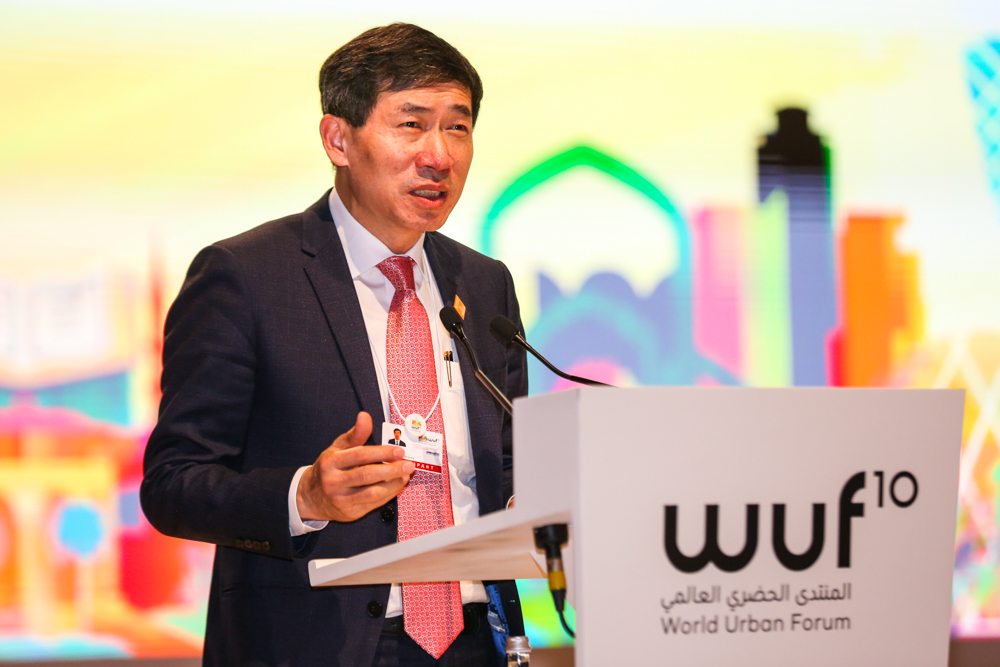
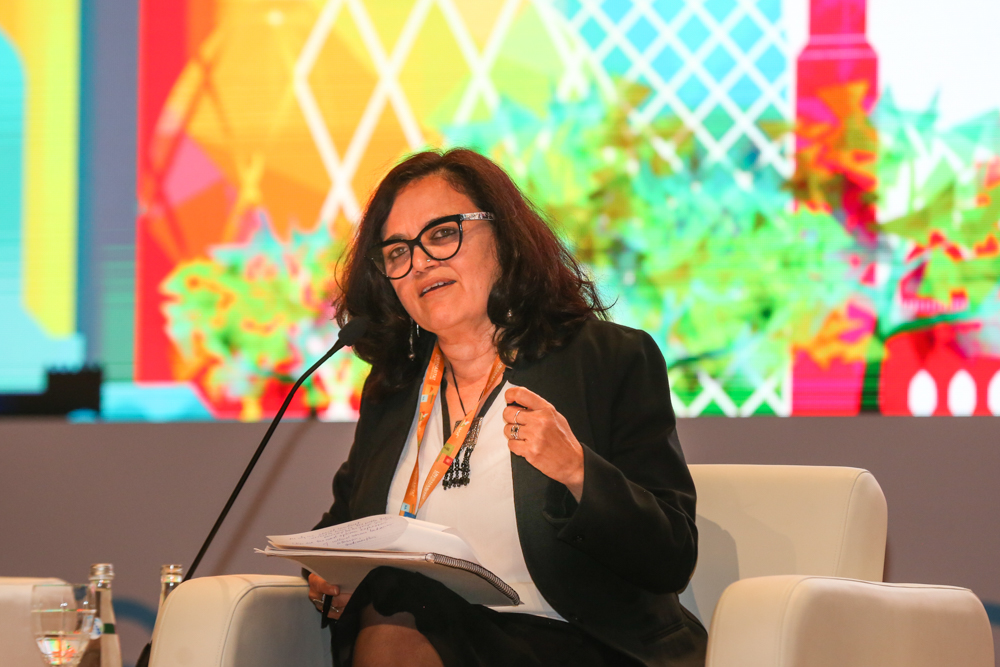
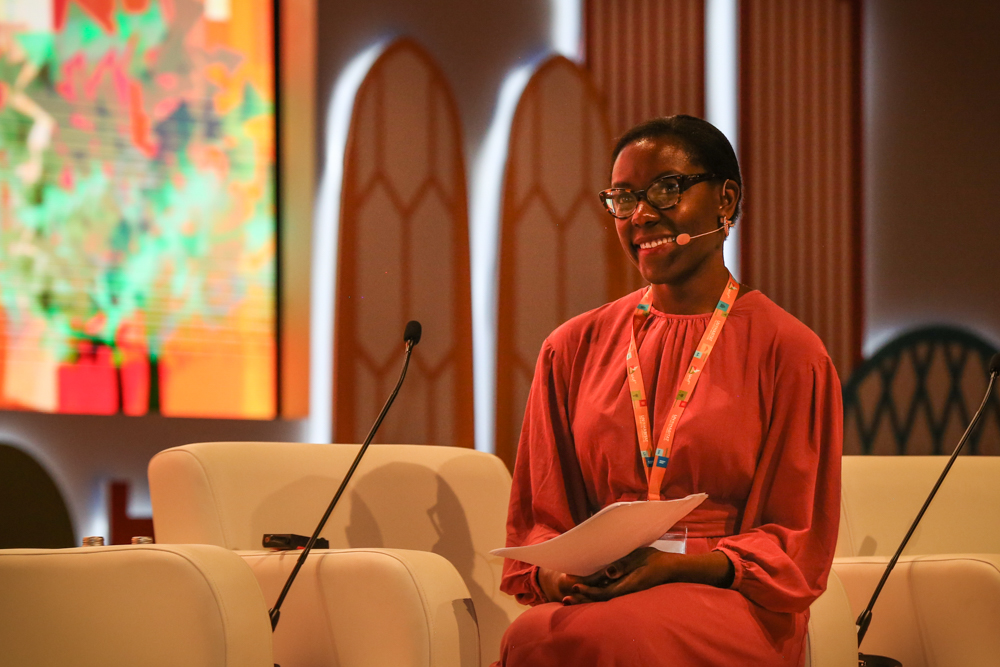

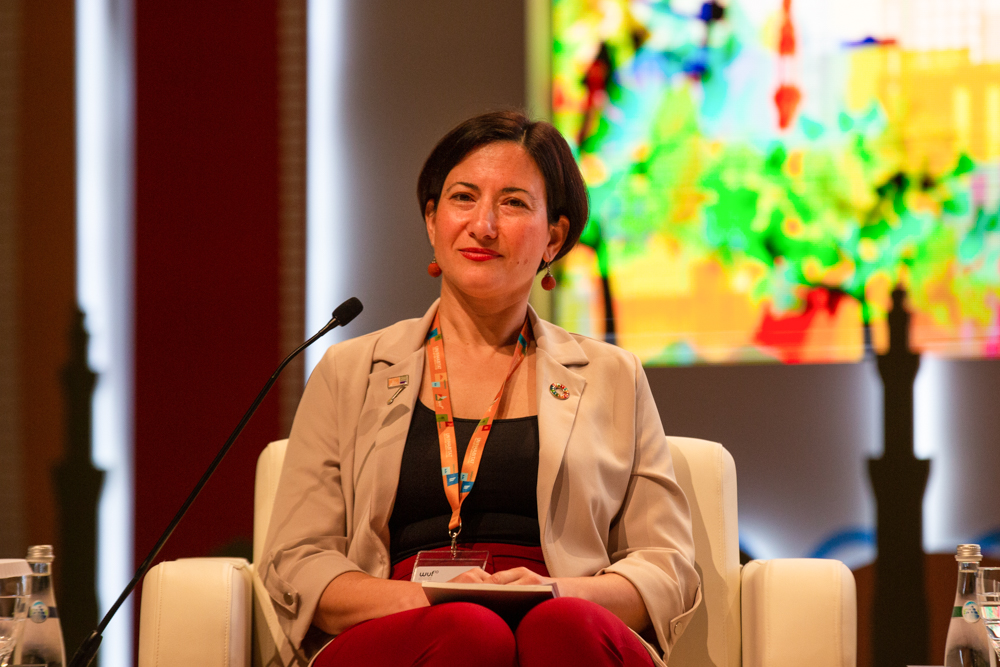
Dialogue 4: Frontier Technologies and Innovation for Inclusive, Sustainable and Resilient Smart Cities
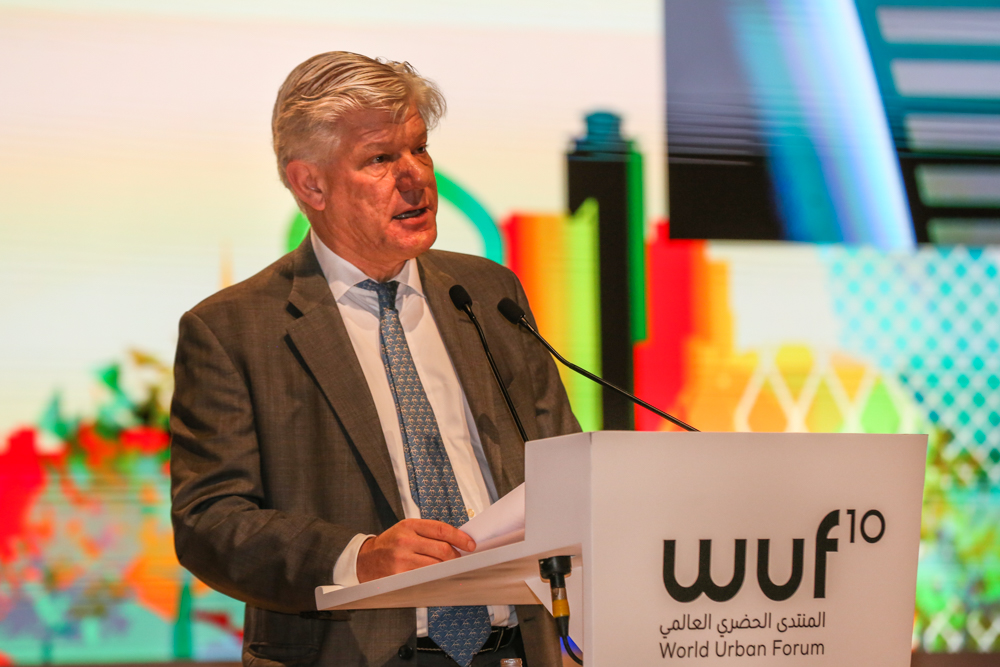

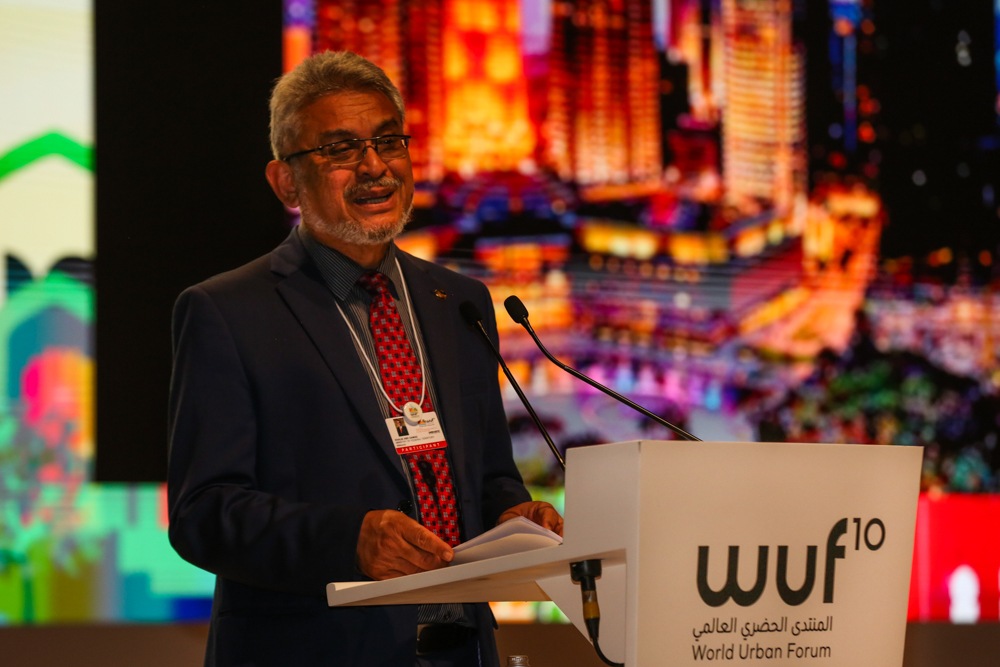
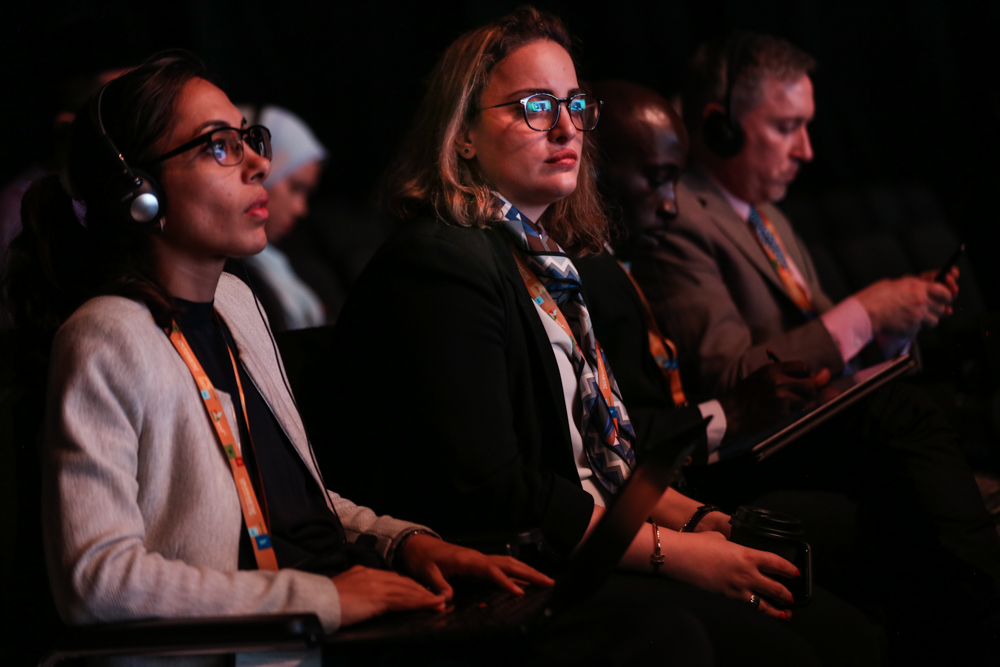
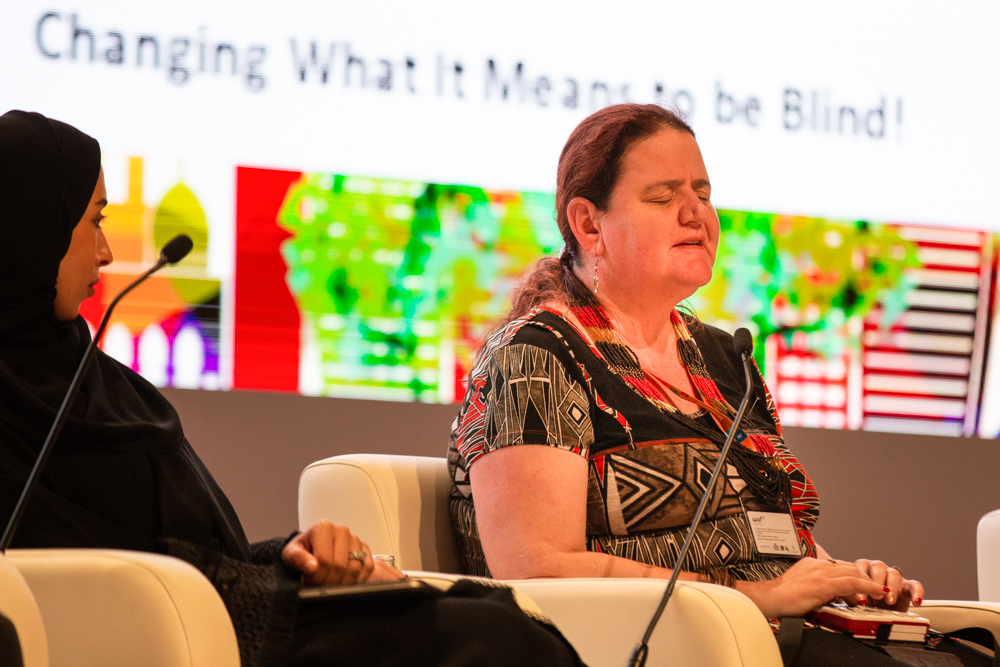
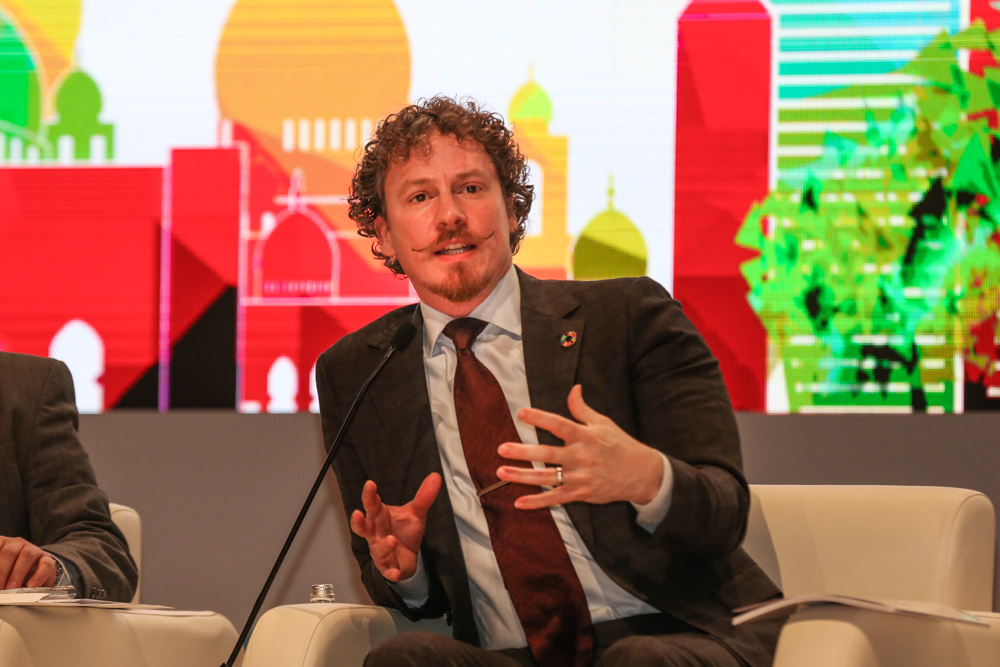
Sustainable Urban Development Now: Resilient Settlements for the Urban Poor
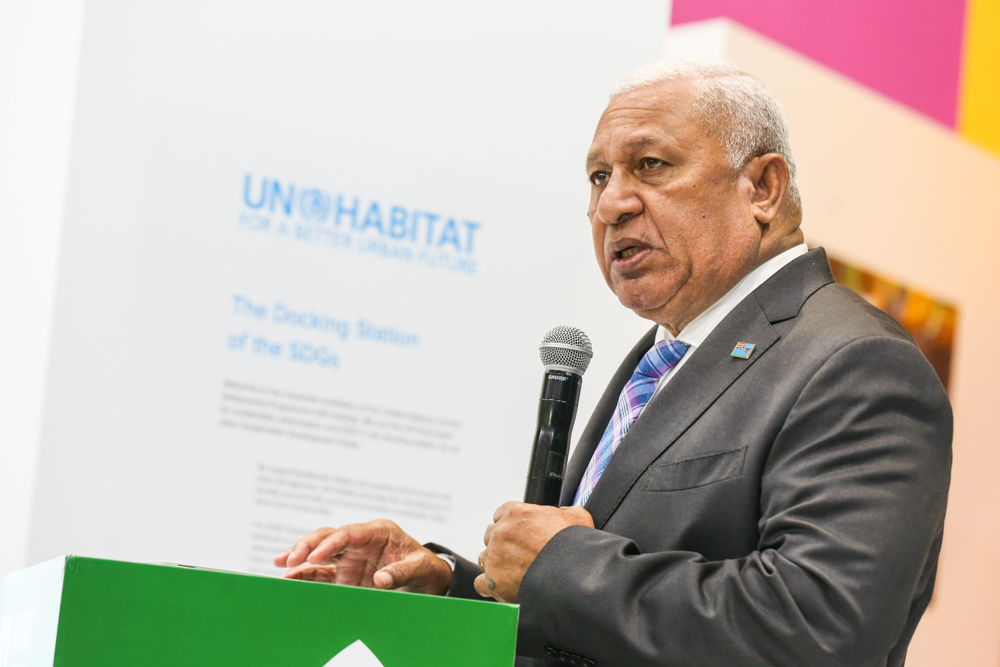
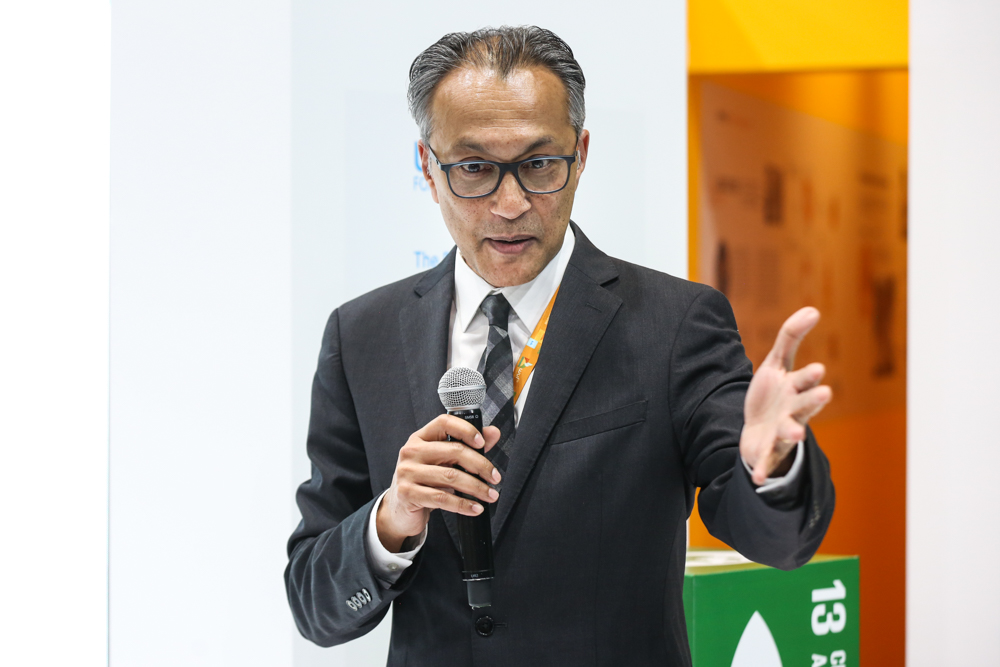
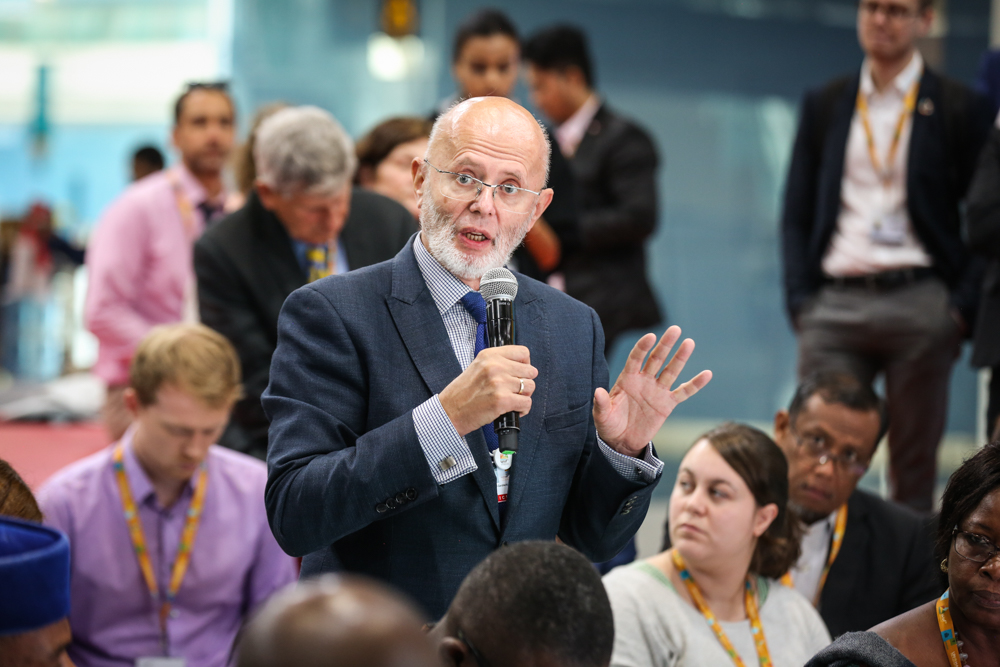
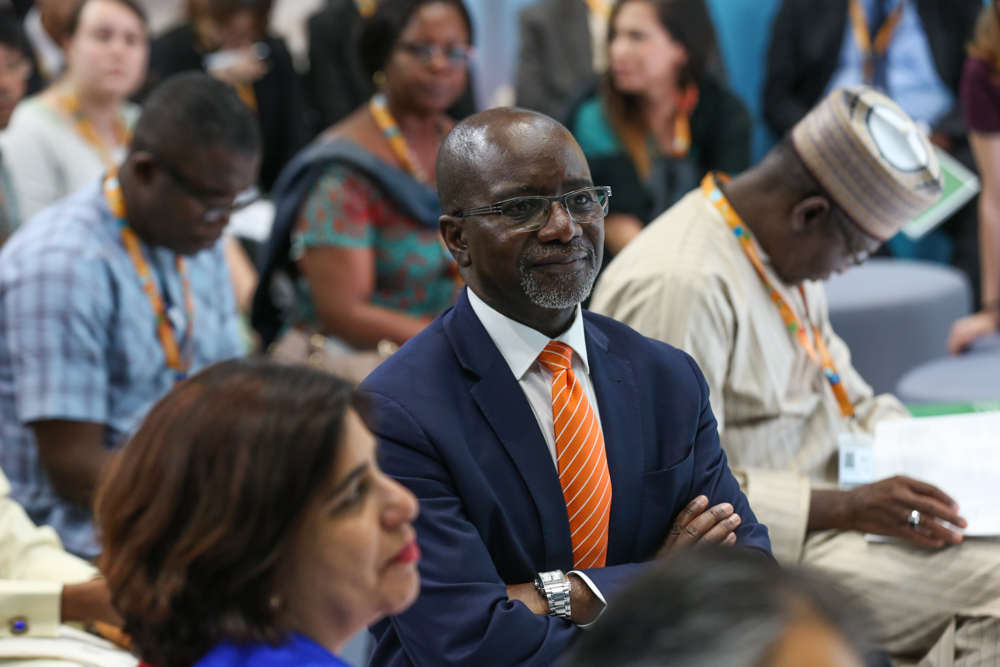
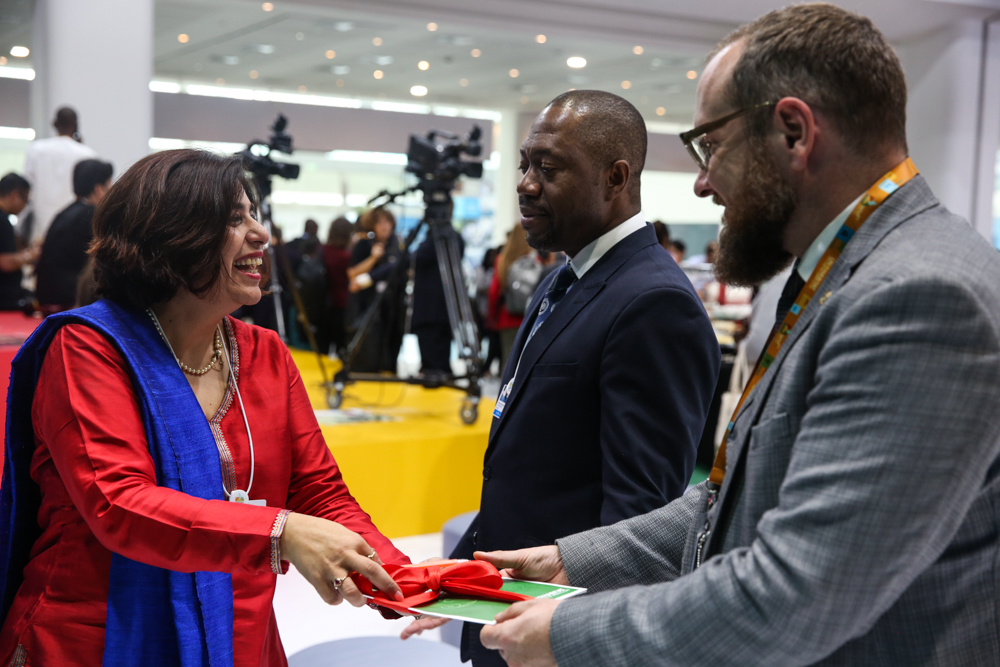
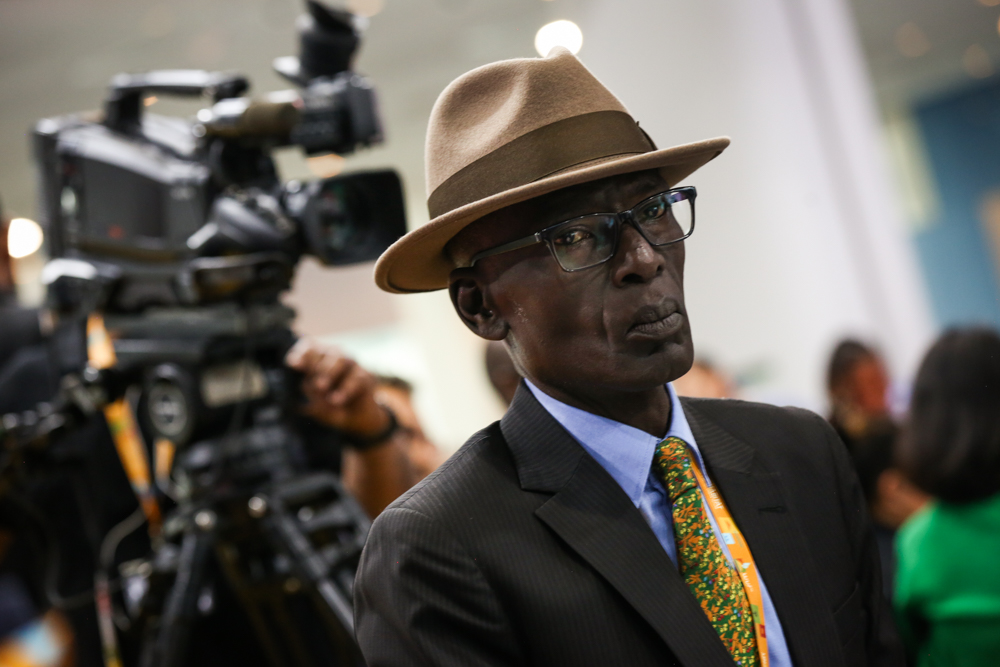
Civil Society Organizations and Grassroots Roundtable
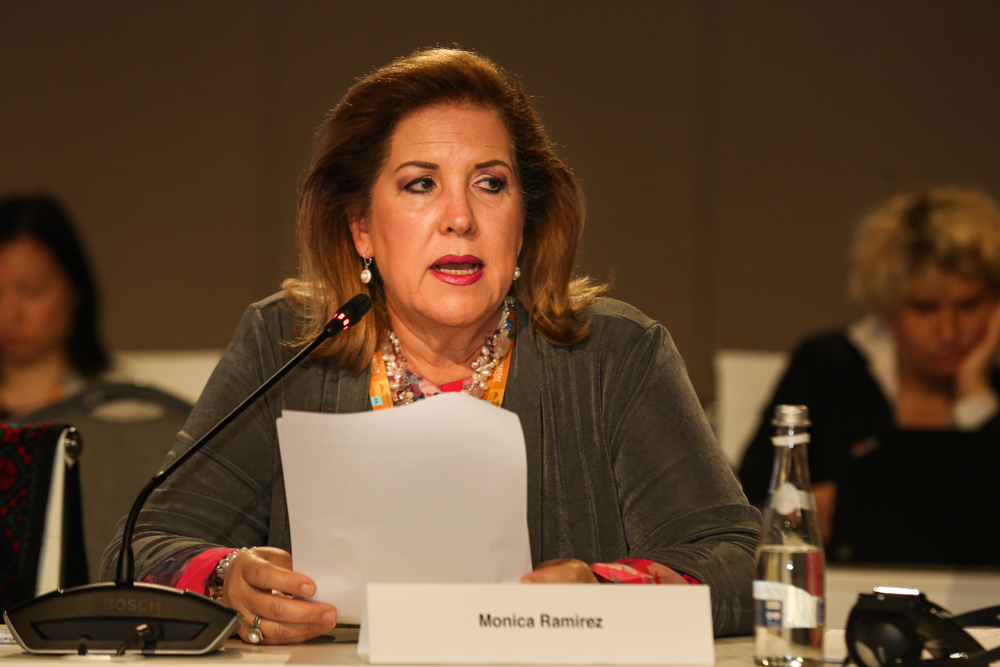
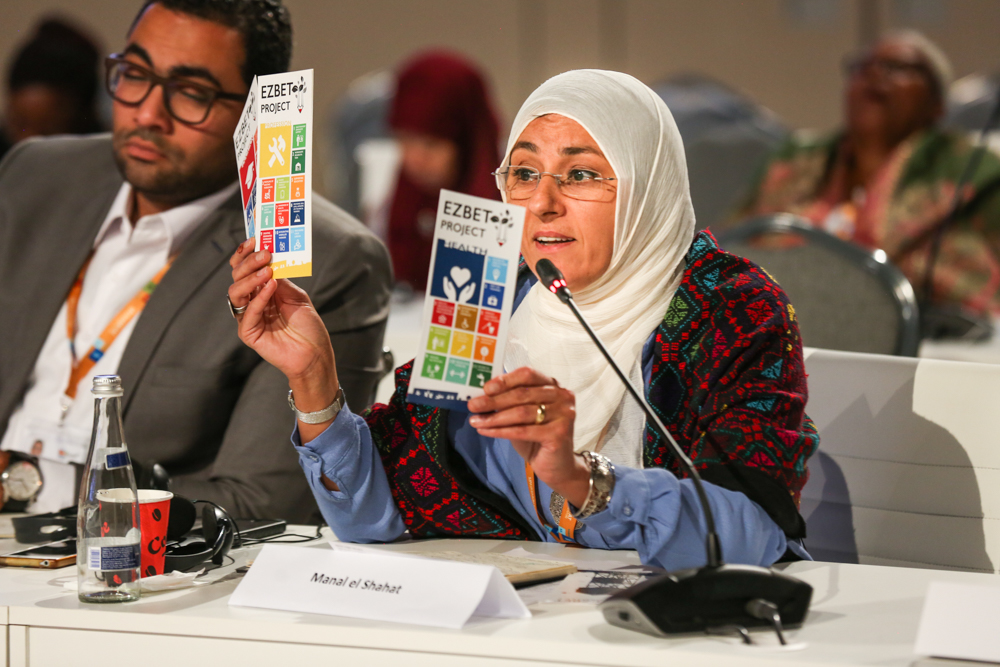
Parliamentarians Roundtable
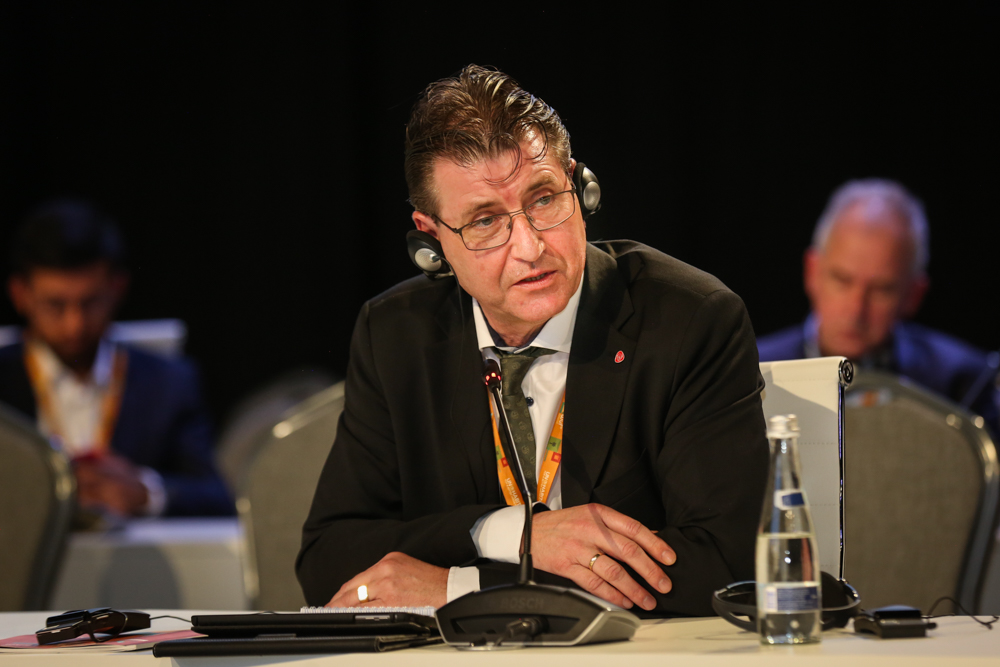
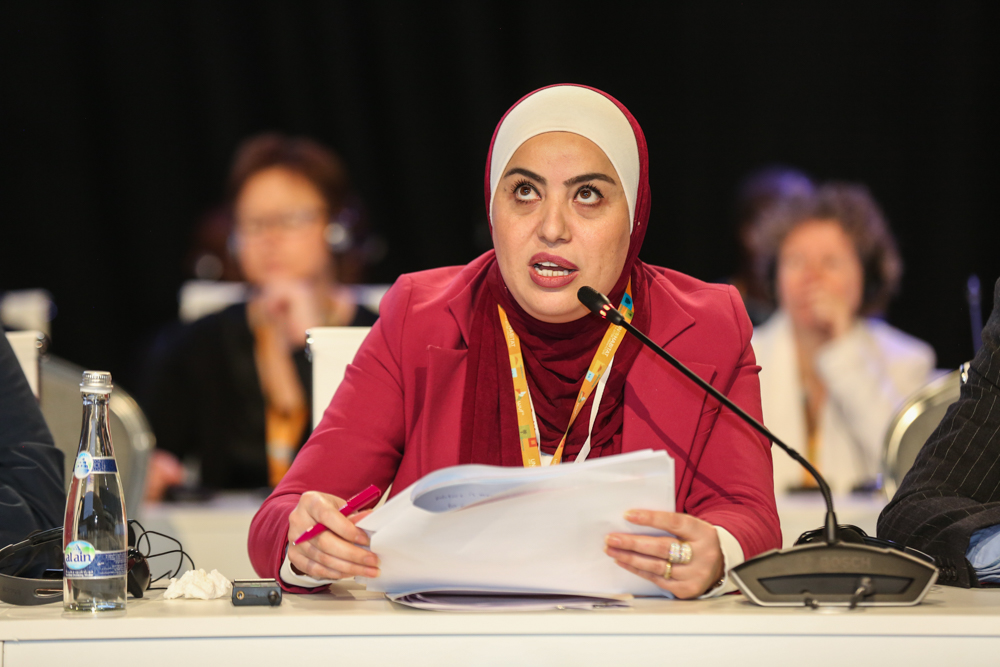
Highlights for Monday, 10 February 2020

In the morning, two Dialogue sessions provided forums for attendees to hear keynote speeches and panel discussions by high-level participants on dimensions of WUF10’s themes of culture and innovation. The topics of the day’s dialogues were "Urbanization, Culture and Innovation" and "Implementing the New Urban Agenda to drive Sustainable Change." In closing remarks of the first dialogue, UN-Habitat Executive Director Maimunah Mohd Sharif called on all stakeholders to build a global coalition for fairer globalization, stressed the importance of a One UN approach, and encouraged participants to share experiences to develop a concrete action framework focused on areas with the largest possible impact.
A number of roundtable discussions convened during the day, including a One UN roundtable and roundtables focused on foundations and philanthropies, as well as persons with disabilities. UN-Habitat initiated five global flagship programmes to catalyze transformative change in cities and human settlements, and today two of these initiatives were showcased in the Exhibition Area, namely ‘People-focused Smart Cities' and ‘SDG Cities.’
Many parallel events also took place throughout the day, including special sessions on: migration and the open city: the role of culture in enabling inclusive societies, and culture, the creative industry and their impact on reconstruction and resilience. Other events hosted included the WUF Cities Investment Platform, a convening place for cities and investors to foster new partnerships and make sustainable urbanization more investable.
+ Visit the web coverage for Monday, 10 February 2020
Dialogue 1: Urbanization, Culture and Innovation
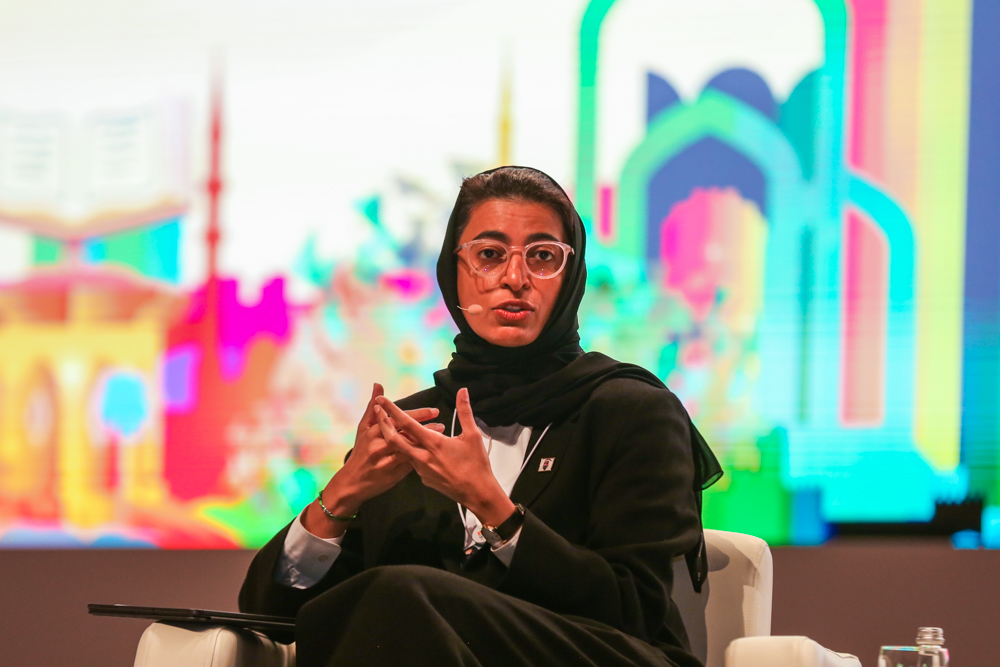
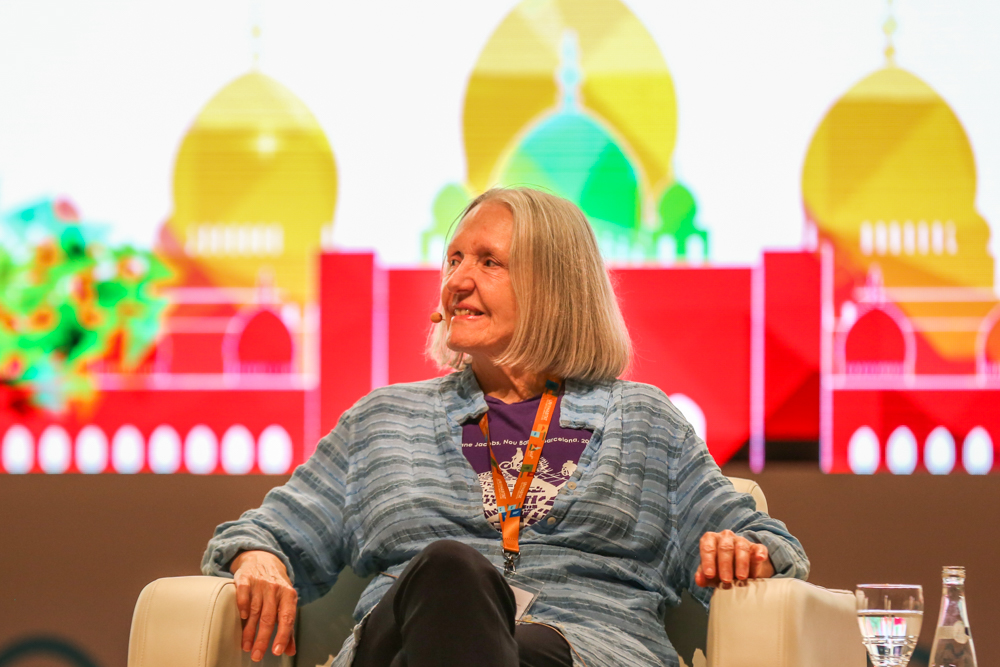
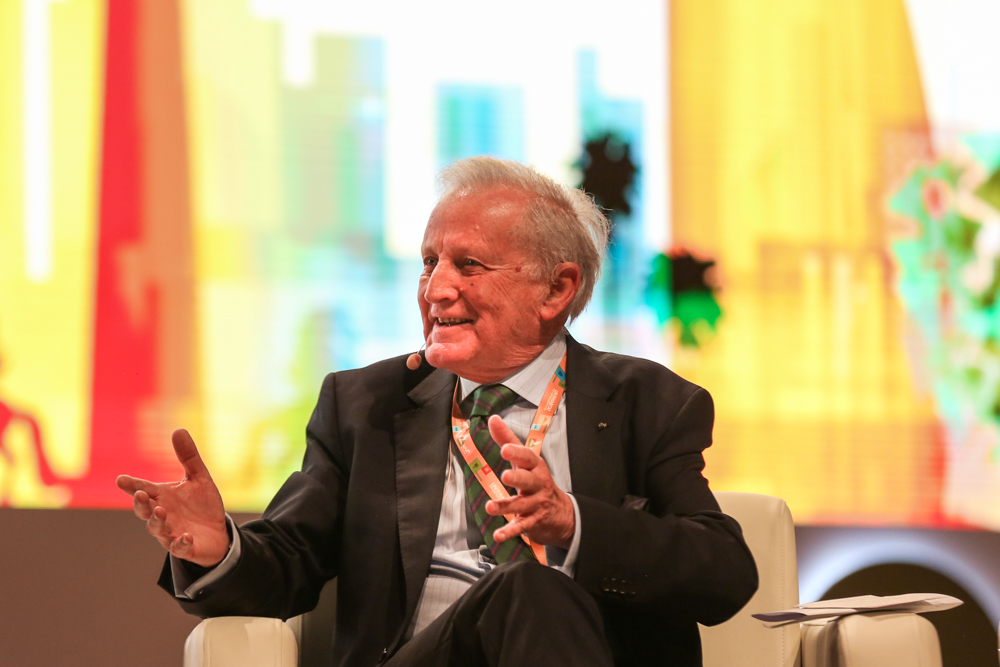
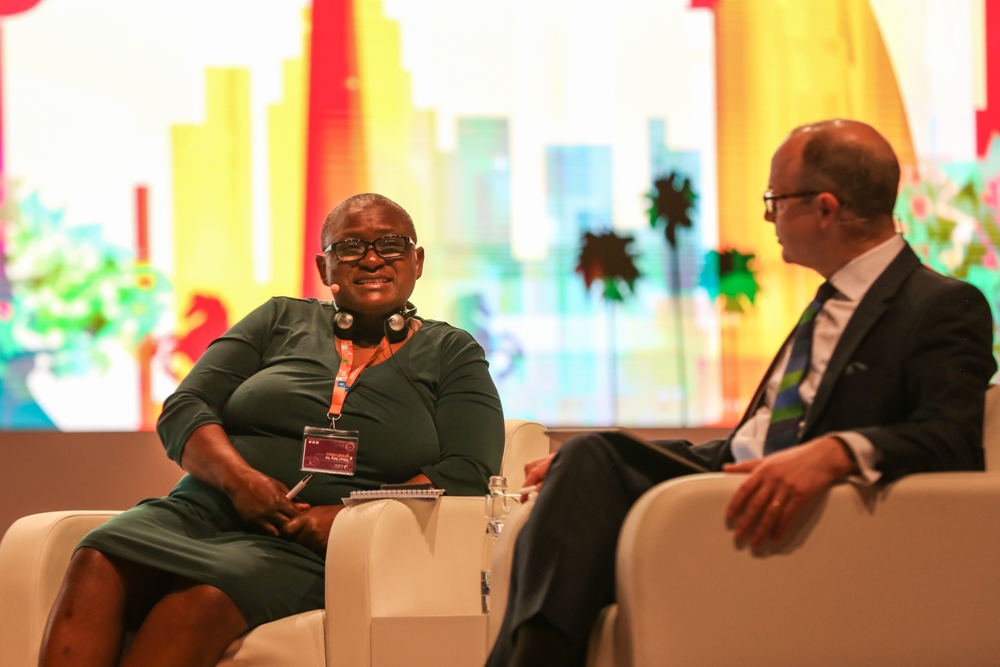
Dialogue 2: Implementing the New Urban Agenda to Drive Sustainable Change
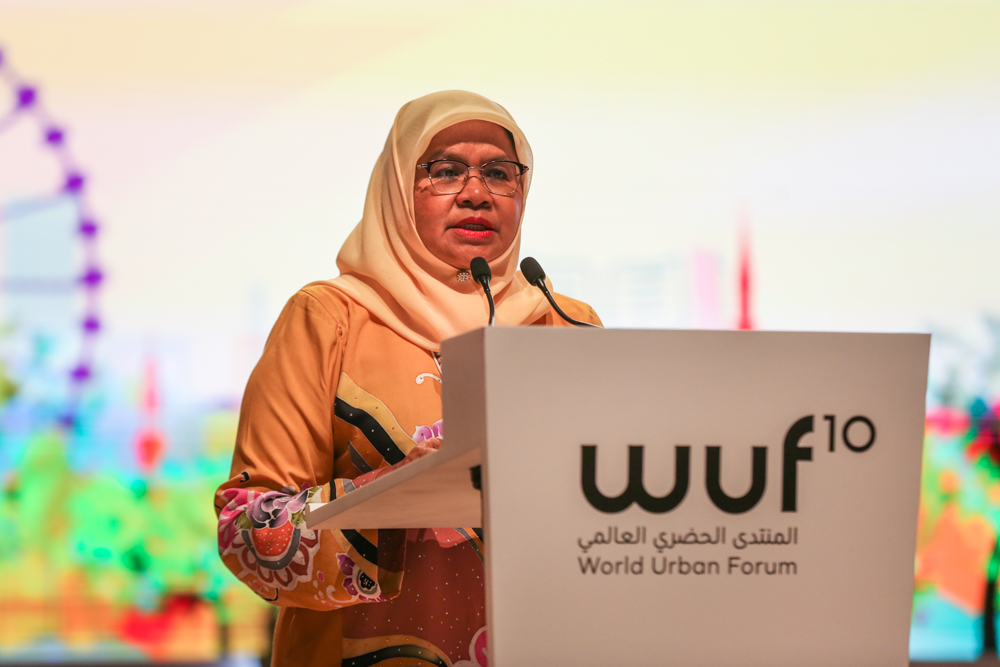
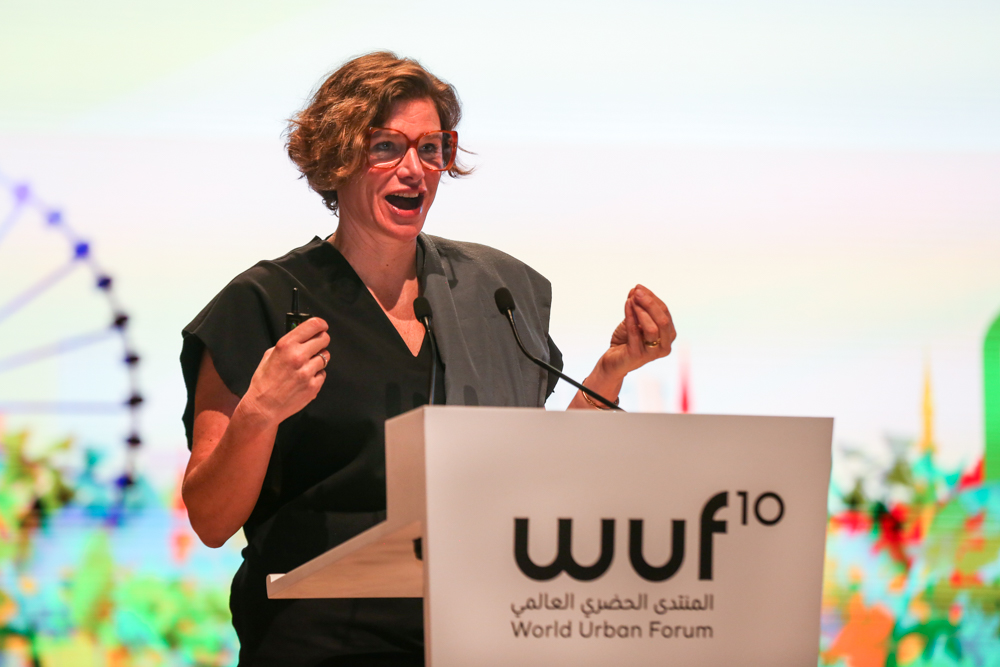
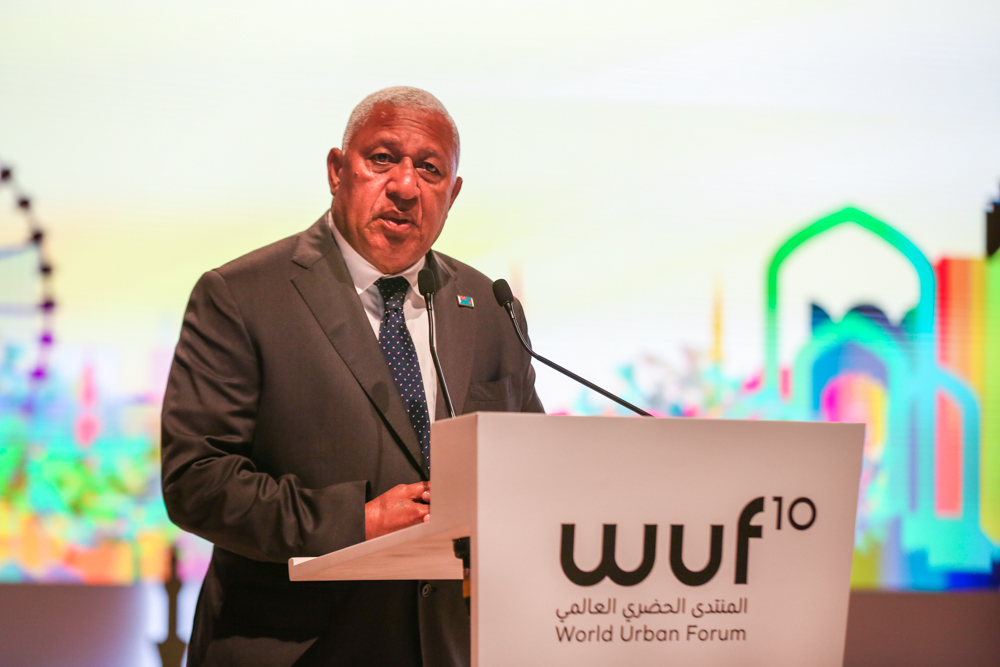

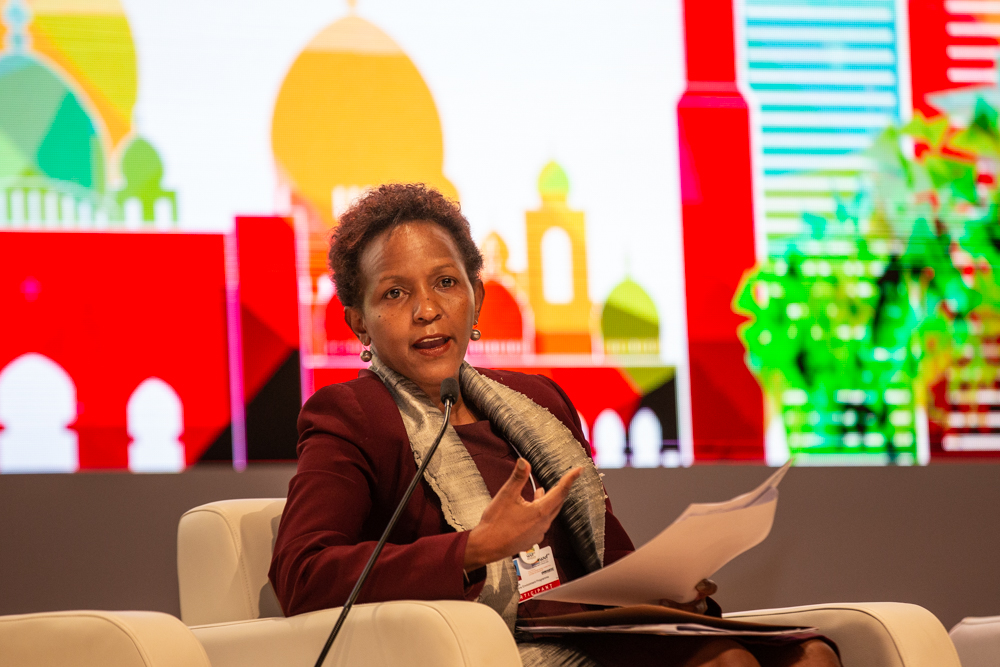
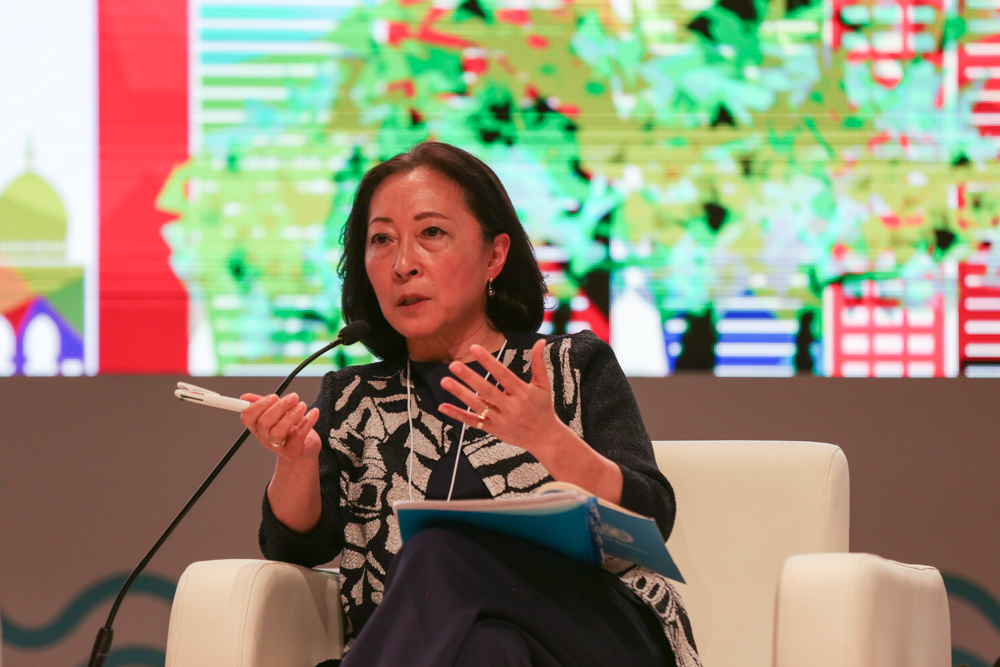
One UN Roundtable
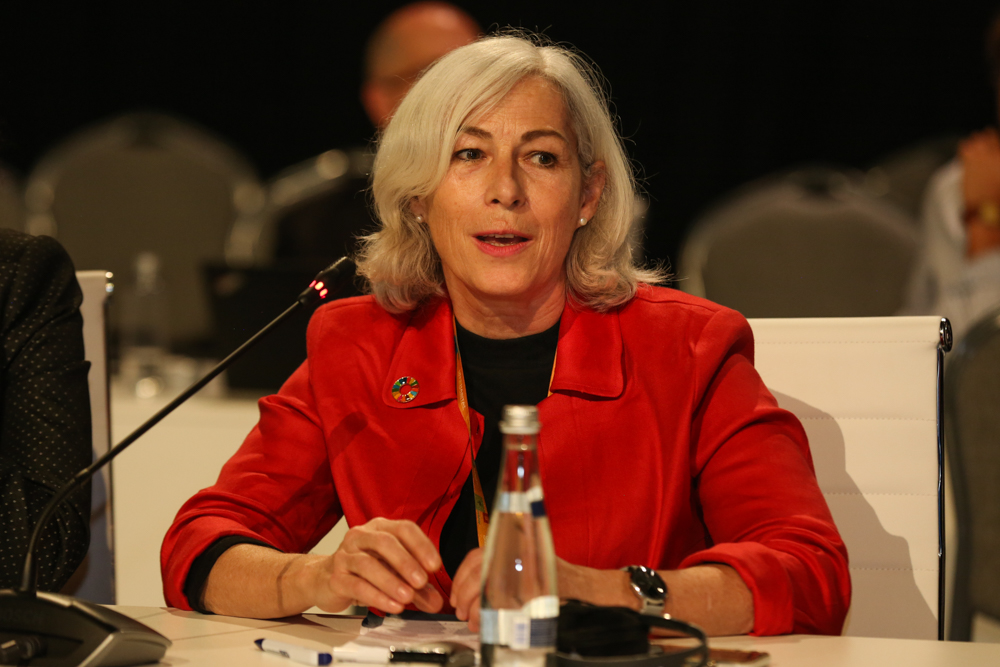
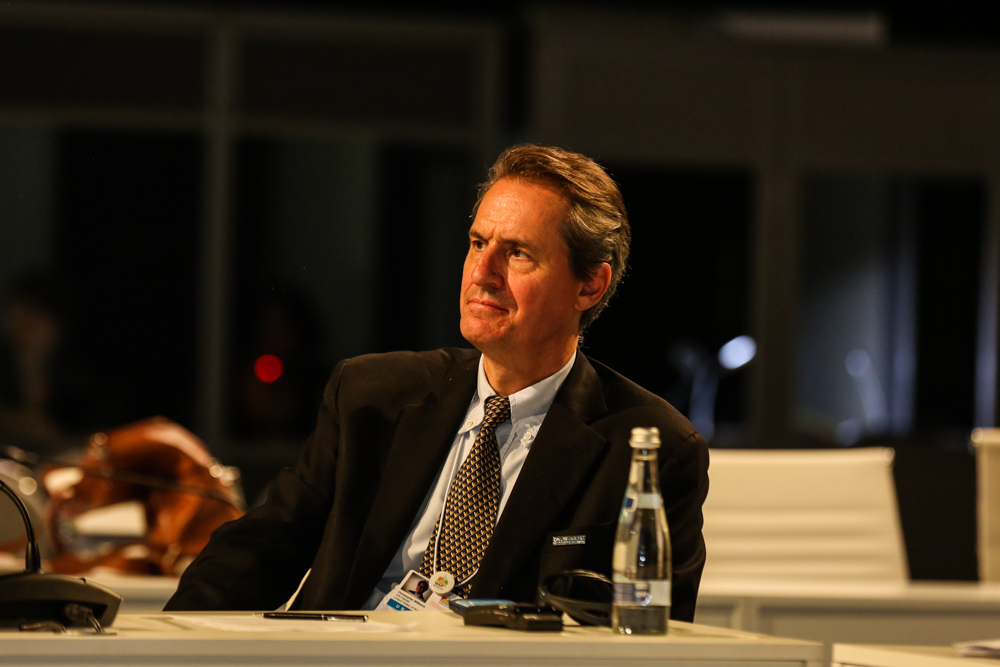
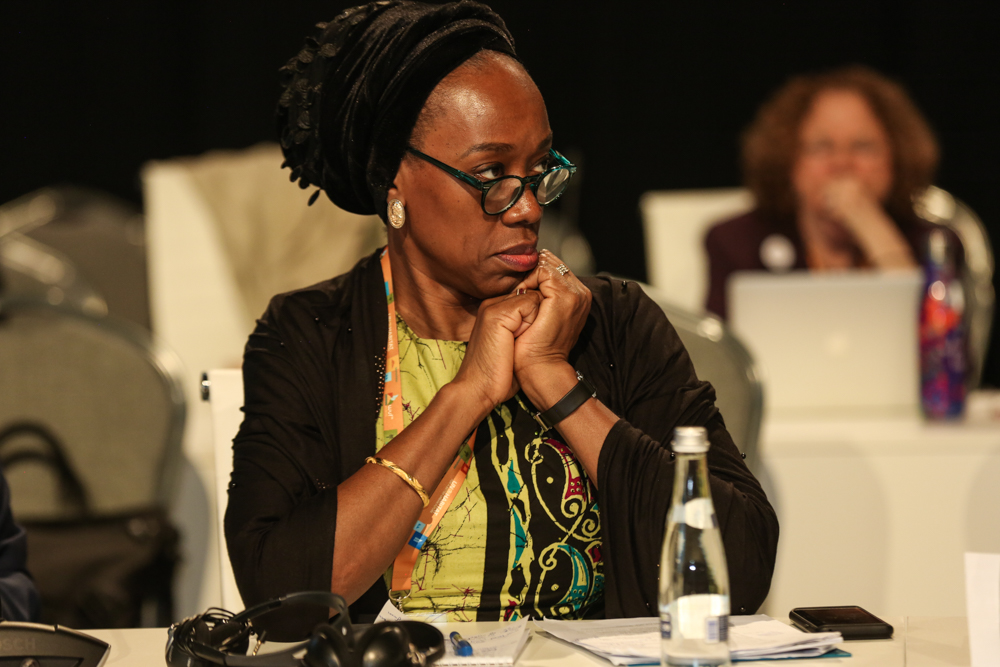
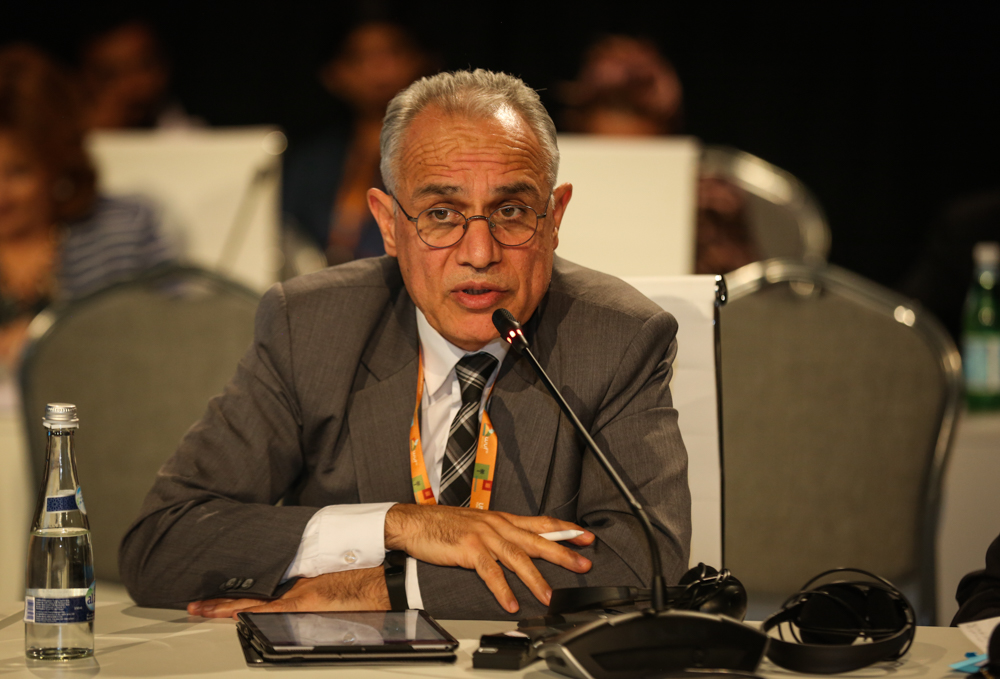
Special Session: Migration and the Open City: The Role of Culture in Enabling Inclusive Societies
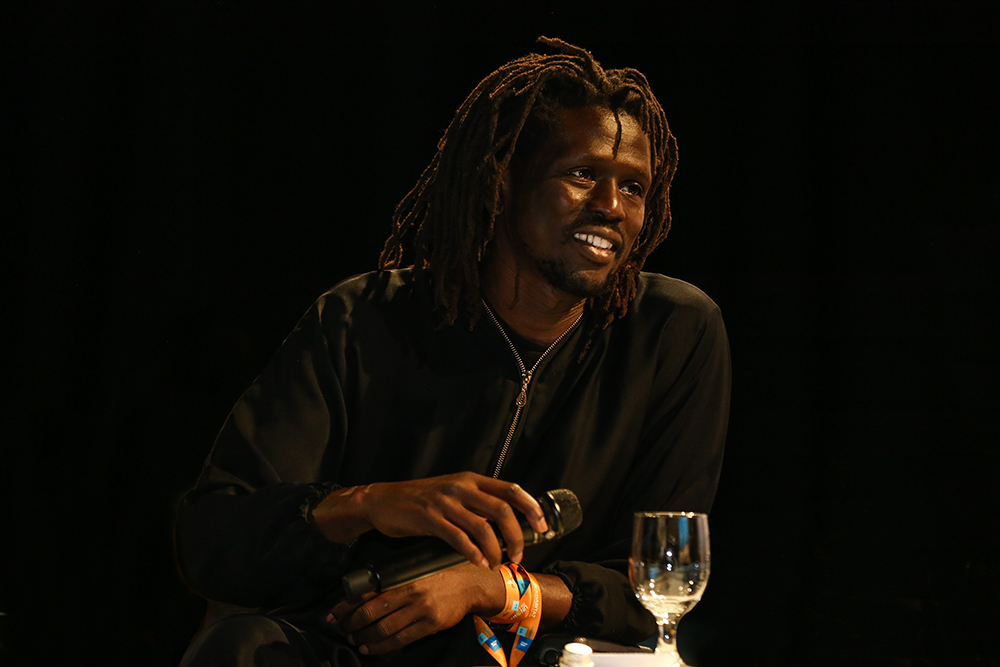
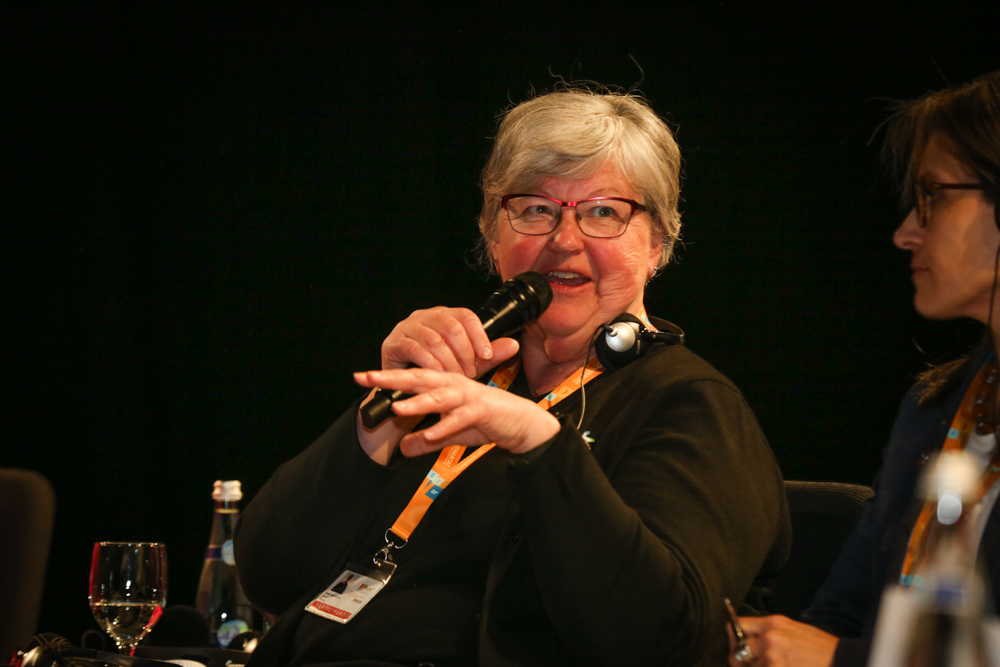
Special Session: Culture, the Creative Industry and their Impact on Reconstruction and Resilience
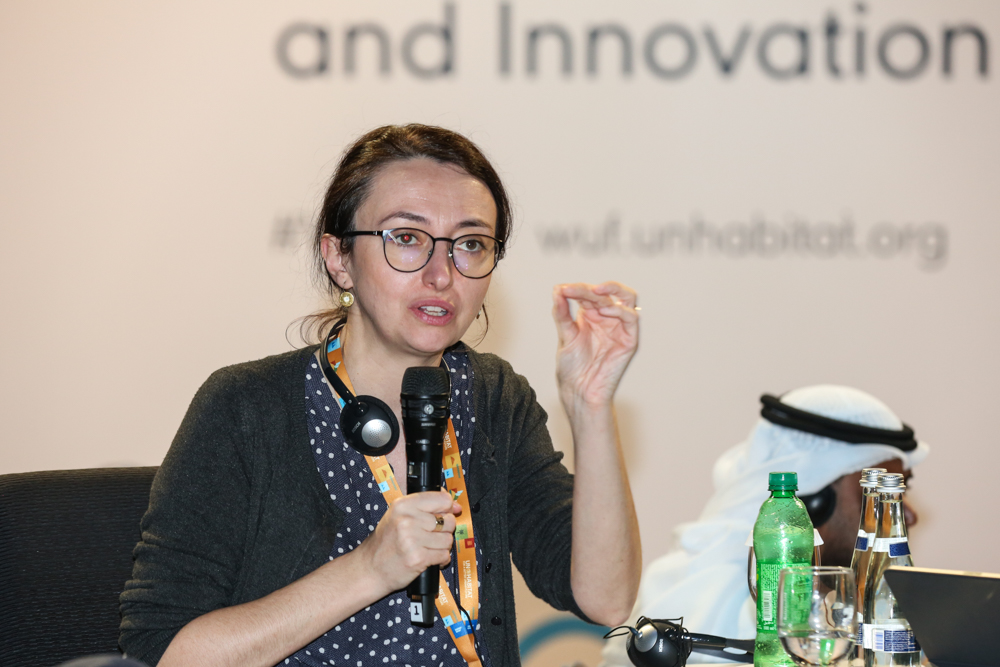

Highlights for Sunday, 9 February 2020
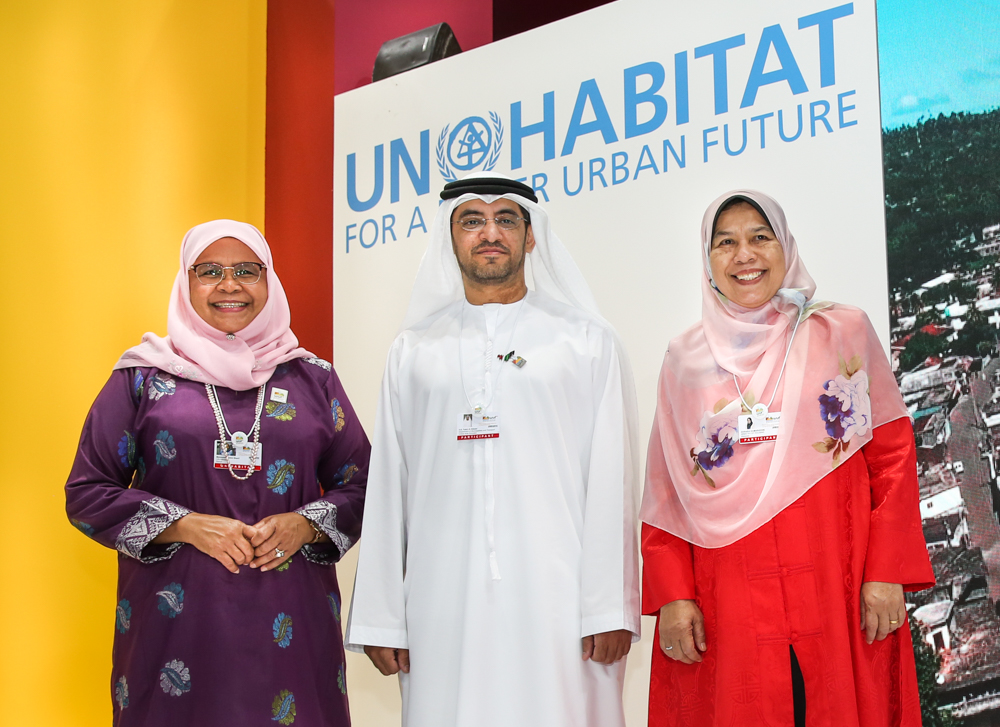
The tenth session of the World Urban Forum (WUF10) continued on Sunday, with the official opening taking place in the morning. During the ceremony, it was announced that more than 80 ministers, 70 mayors, and over 18,000 delegates from 140 nations had registered for WUF10.
Falah Mohammad Al Ahbabi, Chairman of Abu Dhabi Department of Municipalities and Transport, noted that WUF10 was the first conference of its kind to be held in the Arab region.
UN Secretary-General António Guterres, addressed the Forum in a video message, noting that urbanization often comes with problems such as high rates of inequality.
Ashraf Ghani, President of Afghanistan, said the shared goal for cities to become more compact and sustainable between now and 2050 is threatened by environmental change, a technological revolution, and mounting political rivalries and violence.
Prime Minister of Fiji Frank Bainimarama emphasized the need to make urban living synonymous with sustainability and called on “every nation, city and community” to join Fiji in achieving net zero emissions by 2050.
UN-Habitat Executive Director Maimunah Mohd Sharif urged for turning urbanization into a net positive contributor to life on earth. In the afternoon, a ministerial roundtable heard statements from more than 20 high-level dignitaries, and the second Pan-Arab Urban Development Symposium considered region-specific challenges that influence sustainable urbanization and urban resilience.
UN-Habitat’s new Goodwill Ambassador for Arab States H.R.H. Princess Lamia bint Majed Al Saud identified a rising trend of philanthropic giving and corporate social responsibility within the region’s private sector.
A host of other events took place in parallel, including a local and regional governments’ roundtable, special sessions, and sessions on the Sustainable Development Goals in Action. Participants attended a reception and a concert in the evening.
+ Visit the web coverage for Sunday, 9 February 2020
Opening Plenary
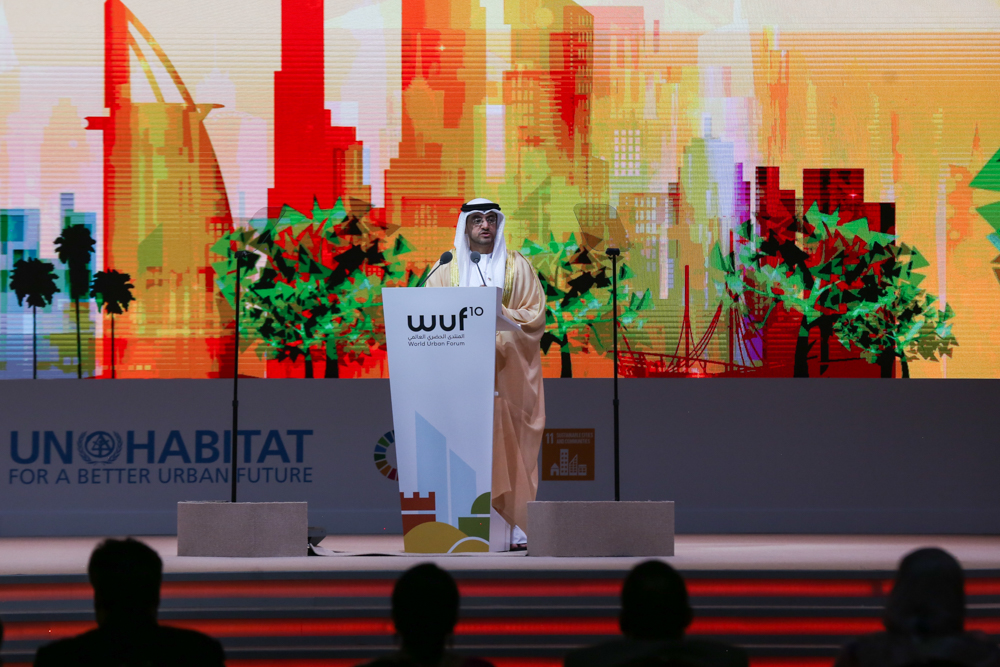
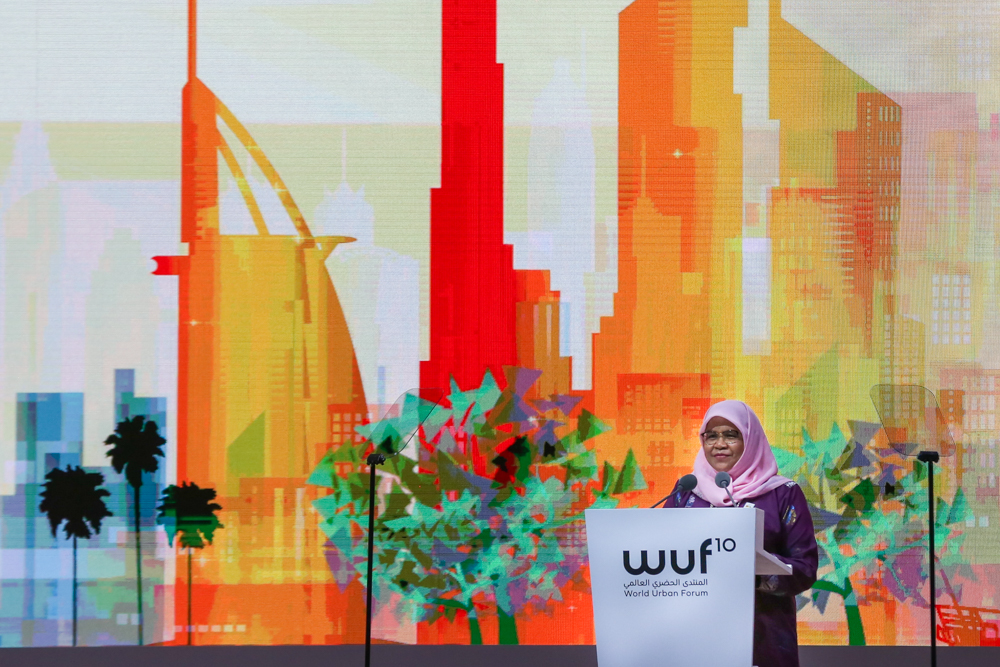

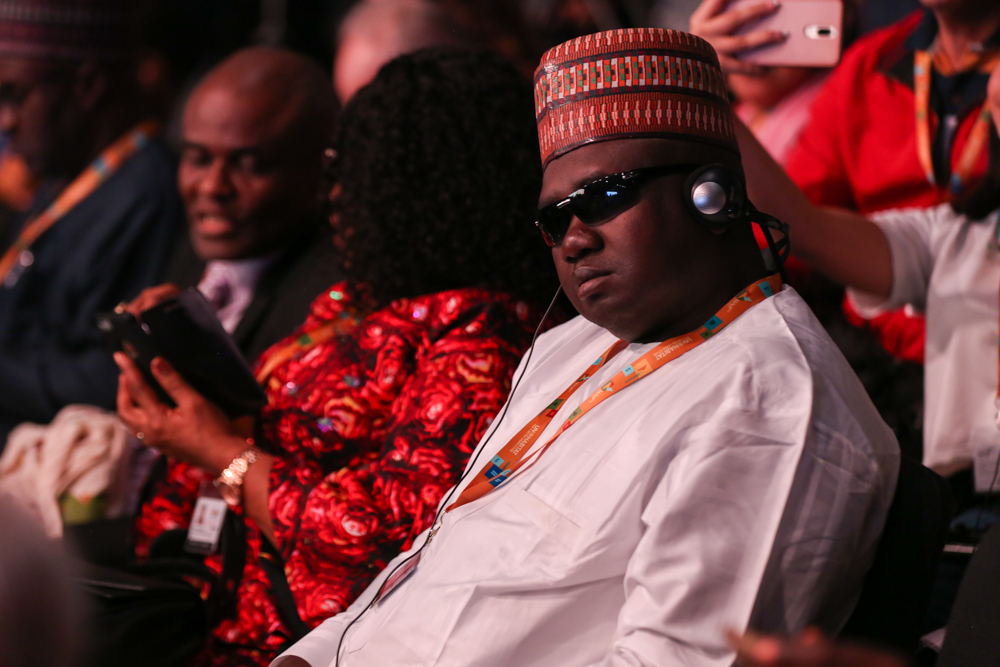

Ministers Roundtable
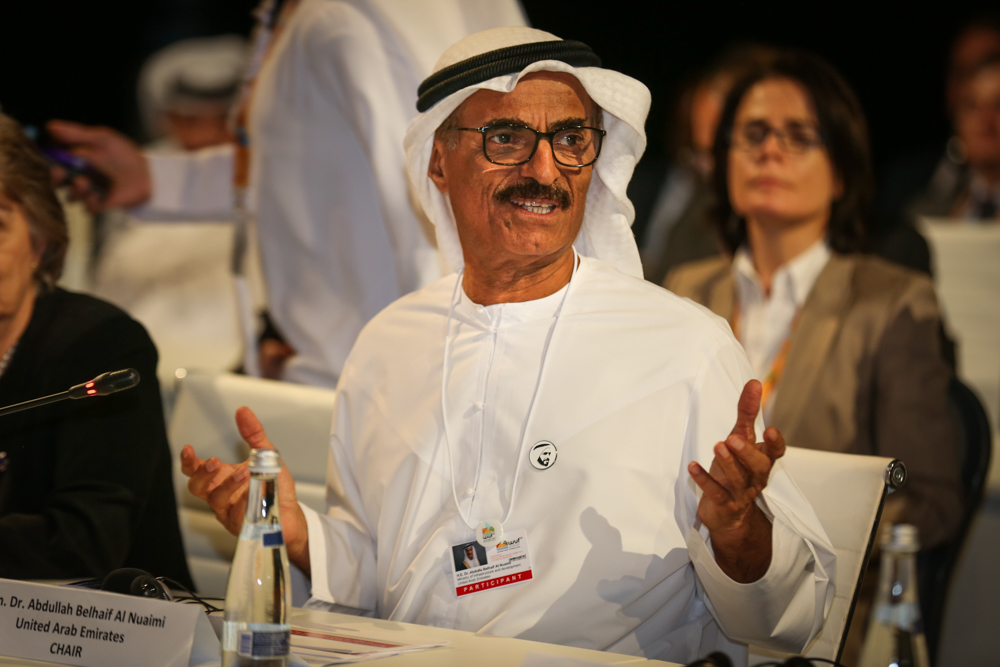
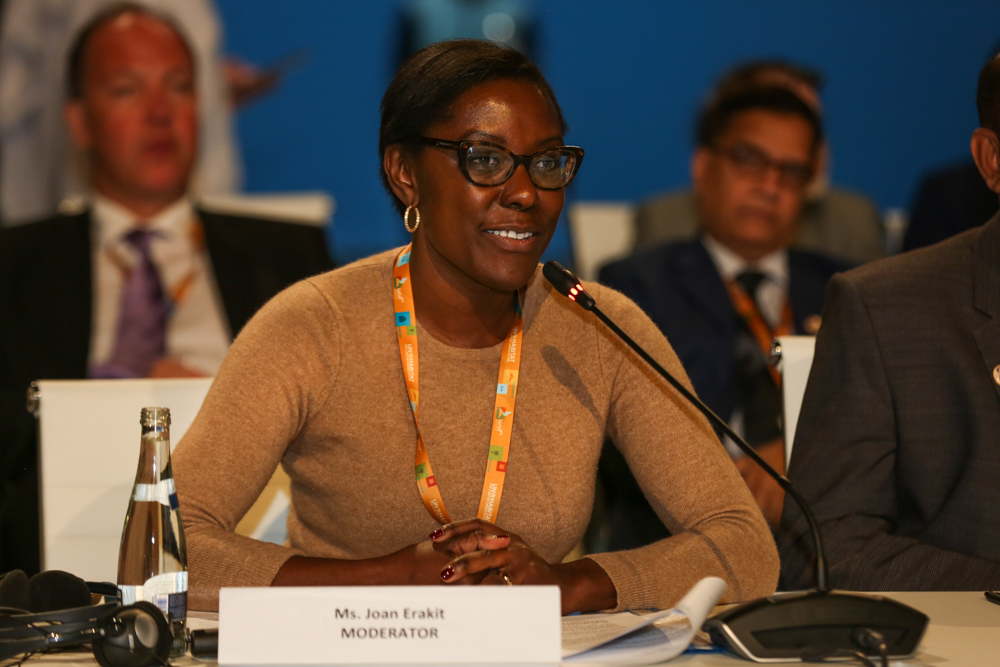
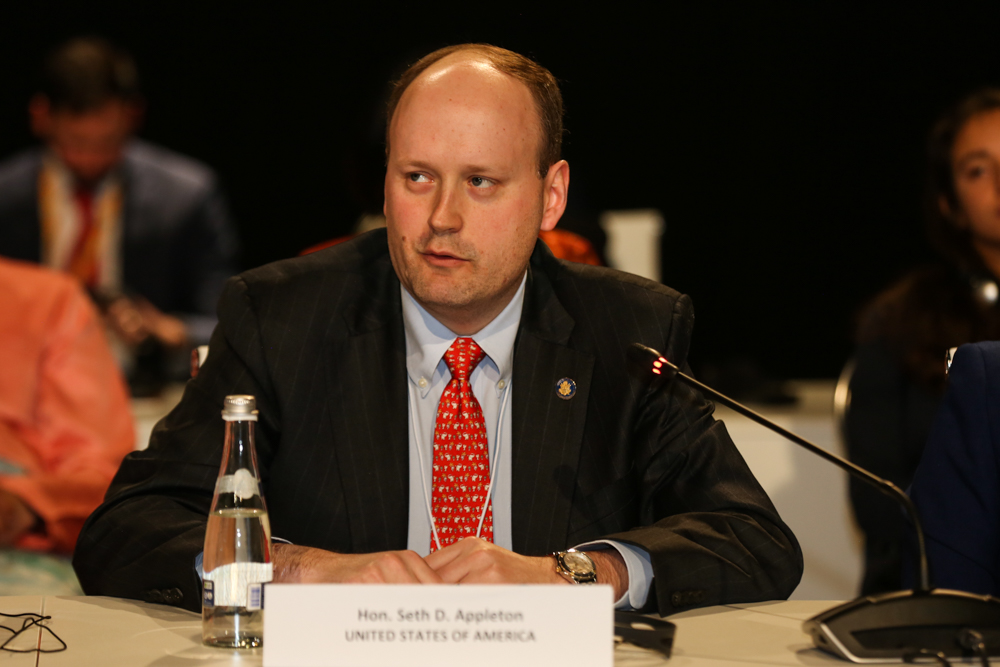
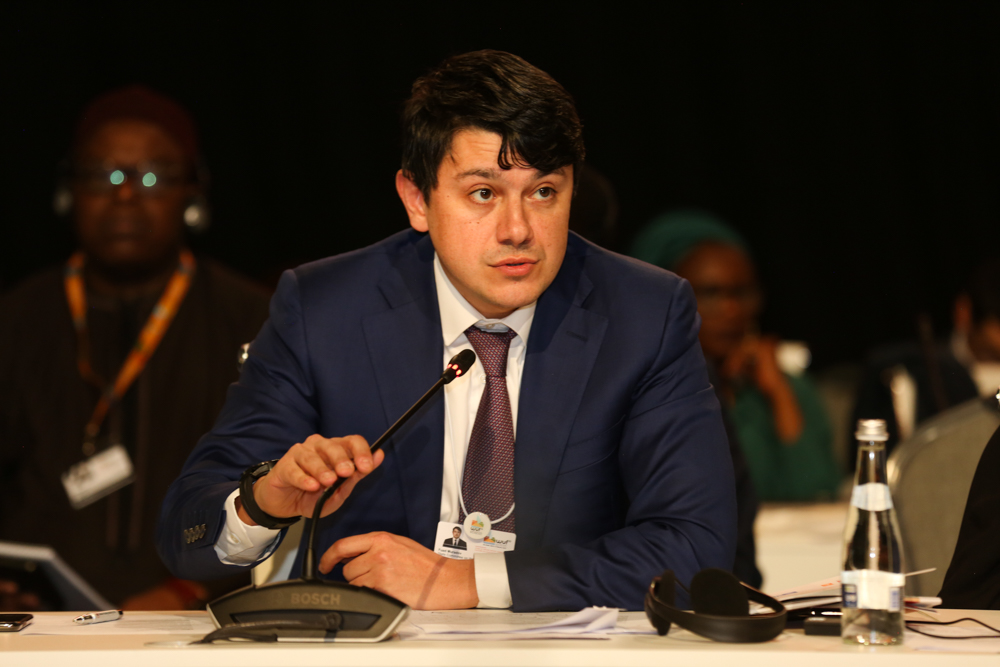
Sustainable Urban Development in the Arab/MENA Region: 2nd Pan-Arab Urban Development Symposium
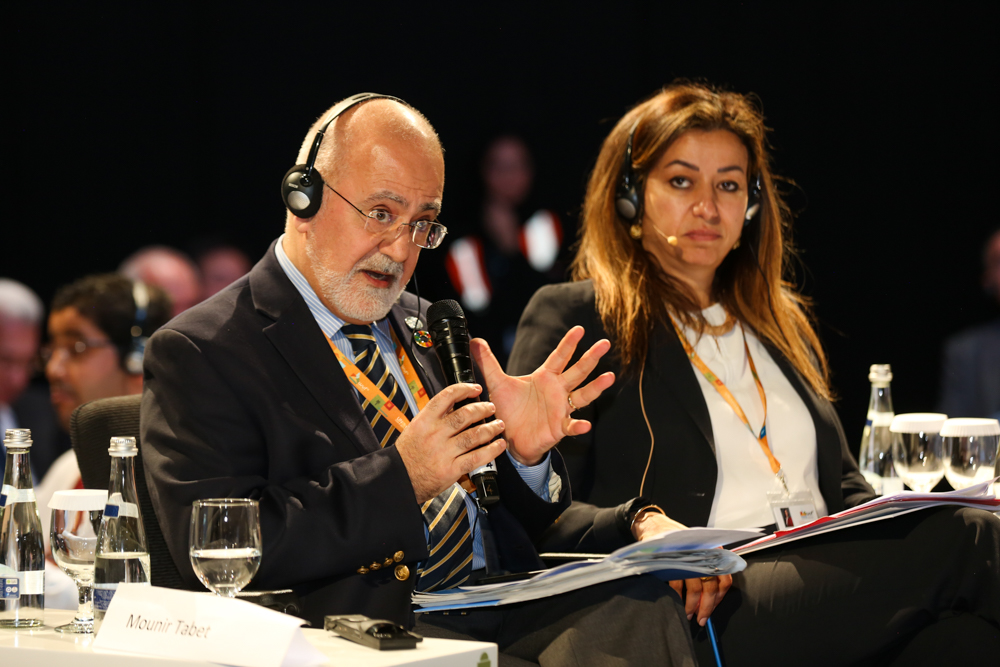
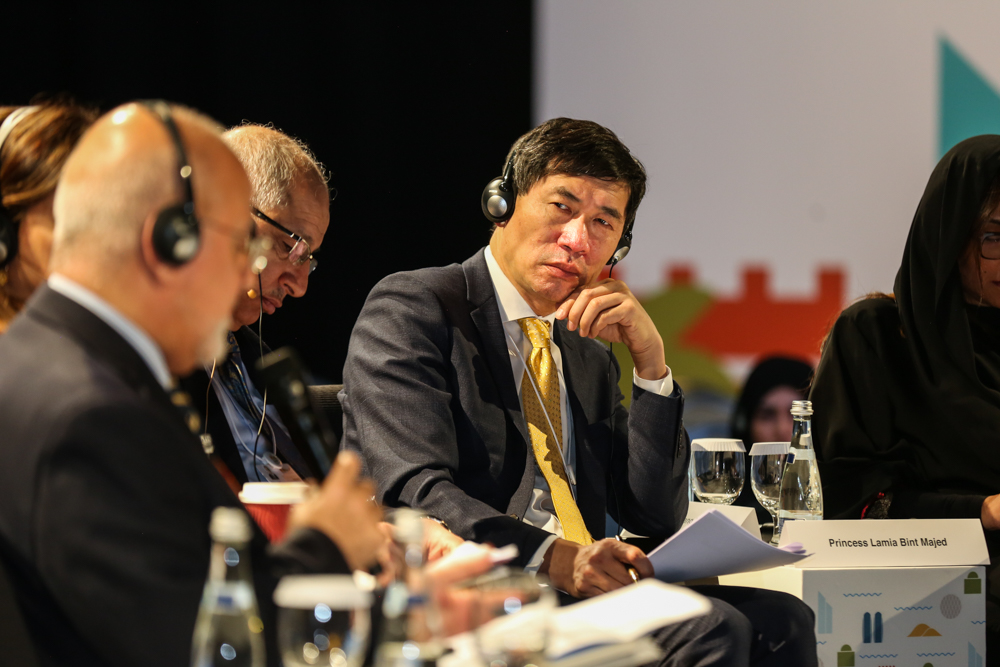
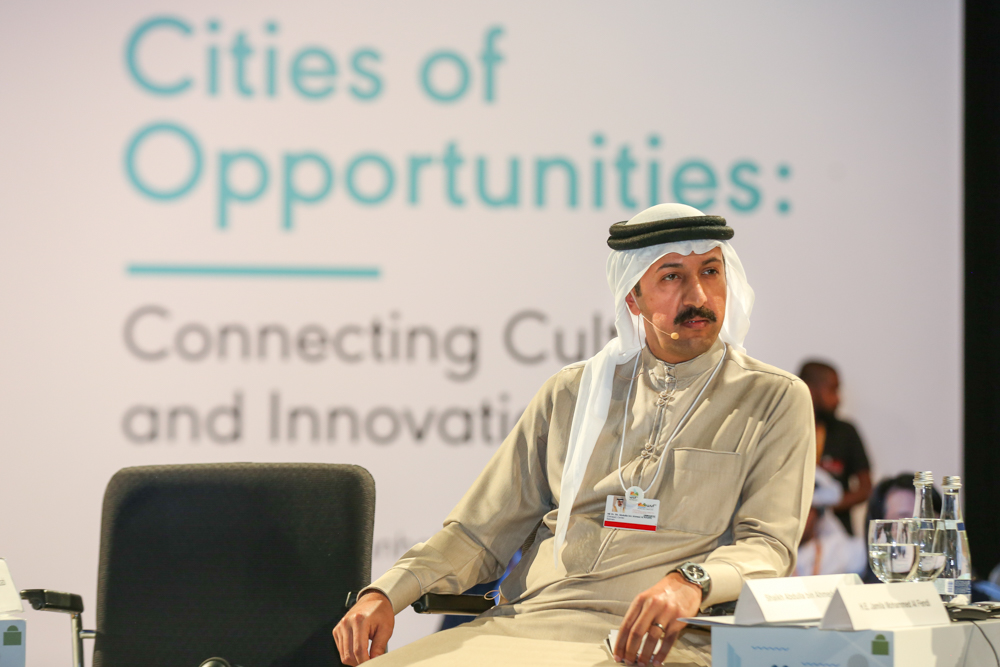
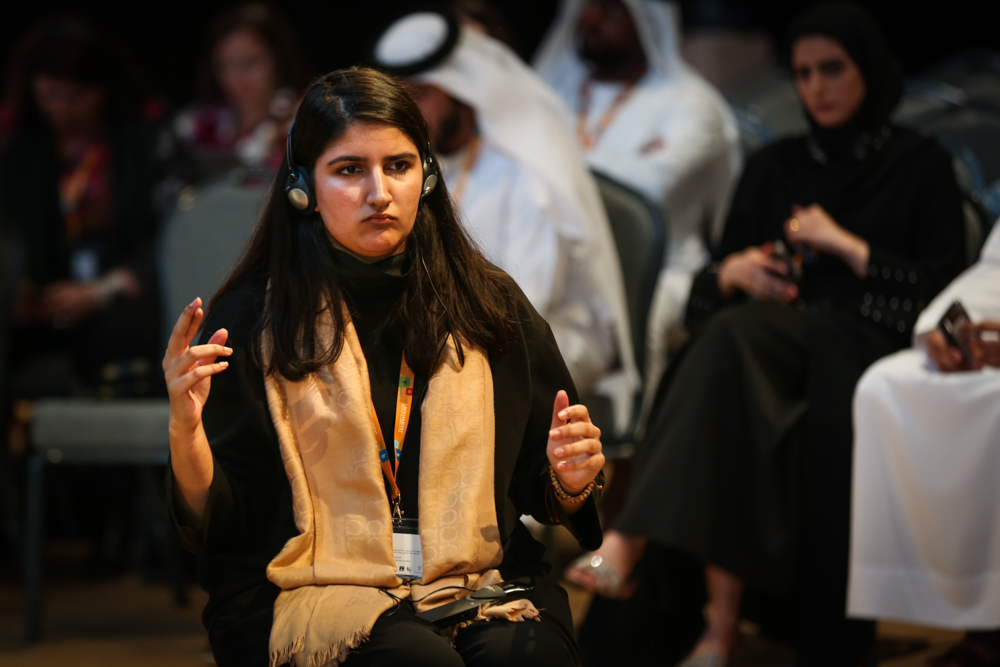
Launch of the SDG Project Assessment Tool: An innovative tool for inclusive, sustainable and effective urban projects
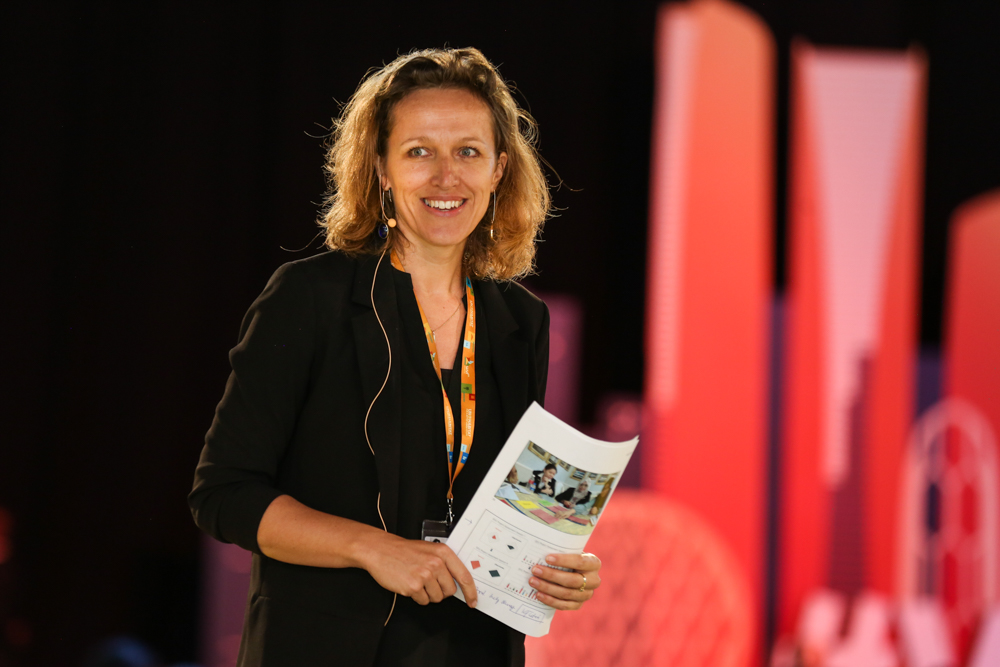
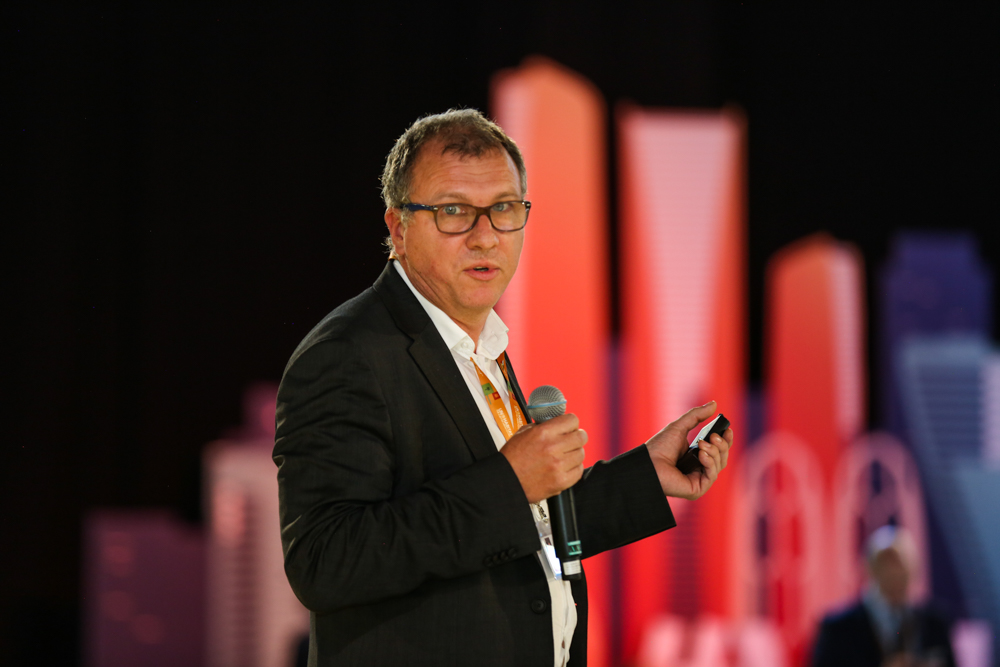
Highlights for Saturday, 8 February 2020
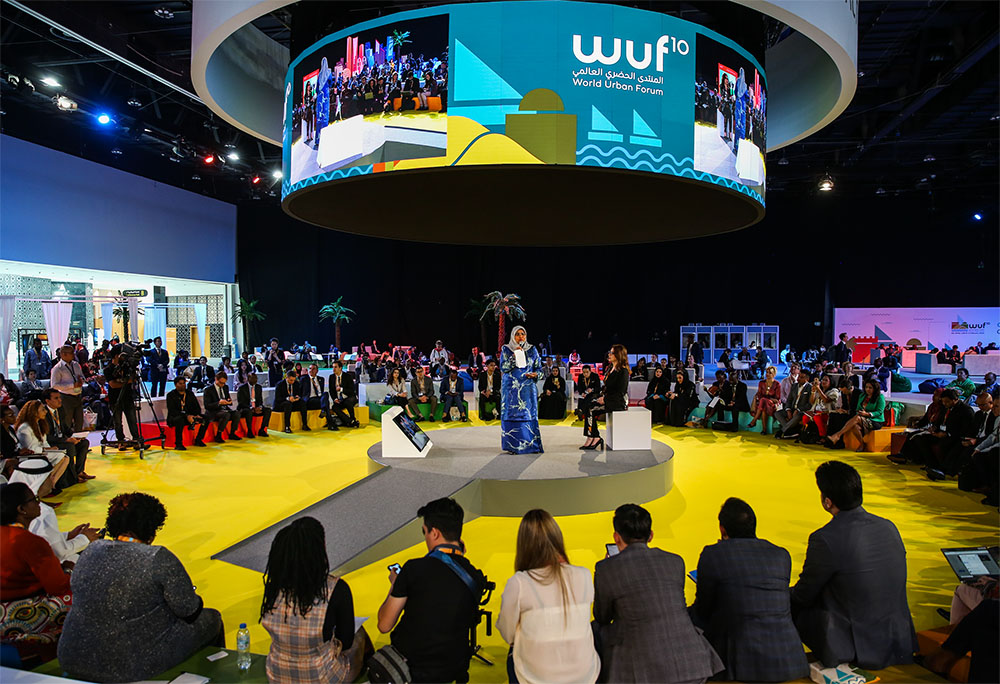
The World Urban Forum’s tenth session (WUF10) convened on Saturday, starting with a flag-raising ceremony in the morning. After a joint opening plenary, the Women’s Assembly, Business Assembly, Grassroots Assembly and the Urban Youth Assembly met in parallel throughout the day, while the World Assembly of Local and Regional Governments met in the afternoon.
Opening the Assemblies, Mohamed Al Khadar Al Ahmed, Abu Dhabi Department of Municipal Affairs and Transport, encouraged the forum to engage in “masterpiecing” through an exchange of views and experiences throughout the week. Maimunah Mohd Sharif, UN Under-Secretary General and Executive Director, UN-Habitat, called for WUF10 to be an action-oriented and inclusive meeting, noting that implementation happens primarily at the local level.
The Urban Youth Assembly produced a draft ‘WUF10 Children and Youth DeclarAction’ which calls on governments and local authorities to improve the implementation of the New Urban Agenda and the Sustainable Development Goals (SDGs).
The Grassroots Assembly's recommendations focused on “the struggle for recognition, acceptance and learning from each other that governments and grassroots groups can do together” and suggested that achieving the SDGs and addressing climate change will require significant learning, to which grassroots groups have a strong potential to make contributions.
The World Assembly of Local and Regional Governments considered: how urbanization shapes, and is shaped by, culture and innovation; how cities can maximize tradition and modernity to achieve sustainable outcomes; and the role of technology in shaping a new future for cities to achieve the global goals.
The Women’s Assembly analyzed ways to plan gender-responsive cities and identified potential barriers to the effective engagement of women in culture and innovation.
The Business Assembly explored four operational areas that enable businesses to contribute more effectively to the achievement of sustainable urbanization at scale, including through investment, co-creation, joint advocacy, and adopting norms and standards.
+ Visit the web coverage for Saturday, 8 February 2020
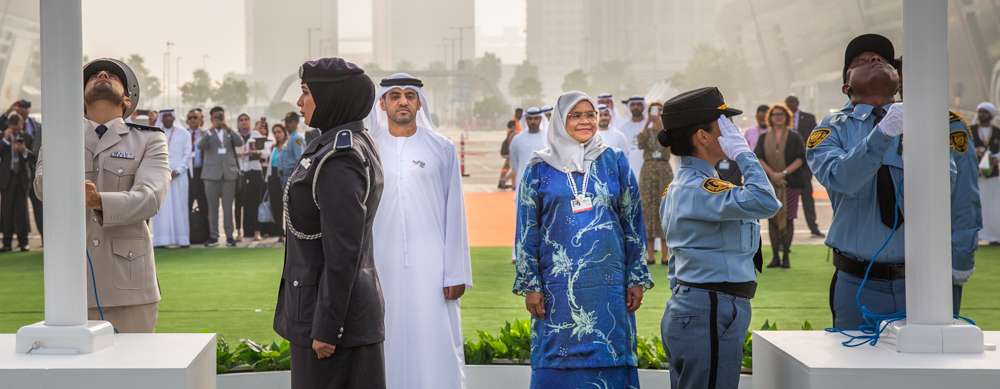
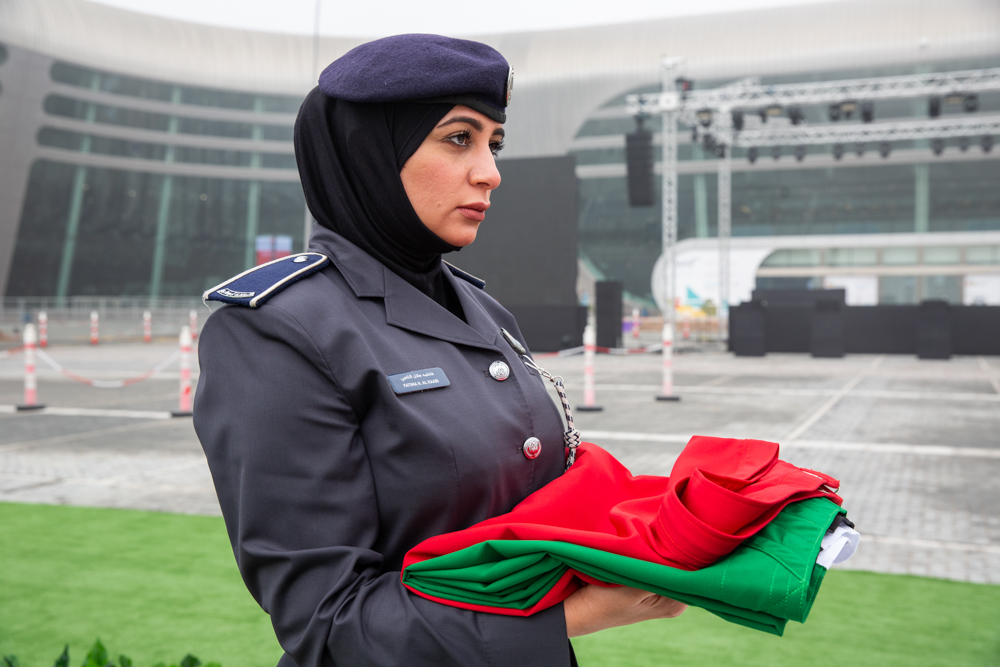
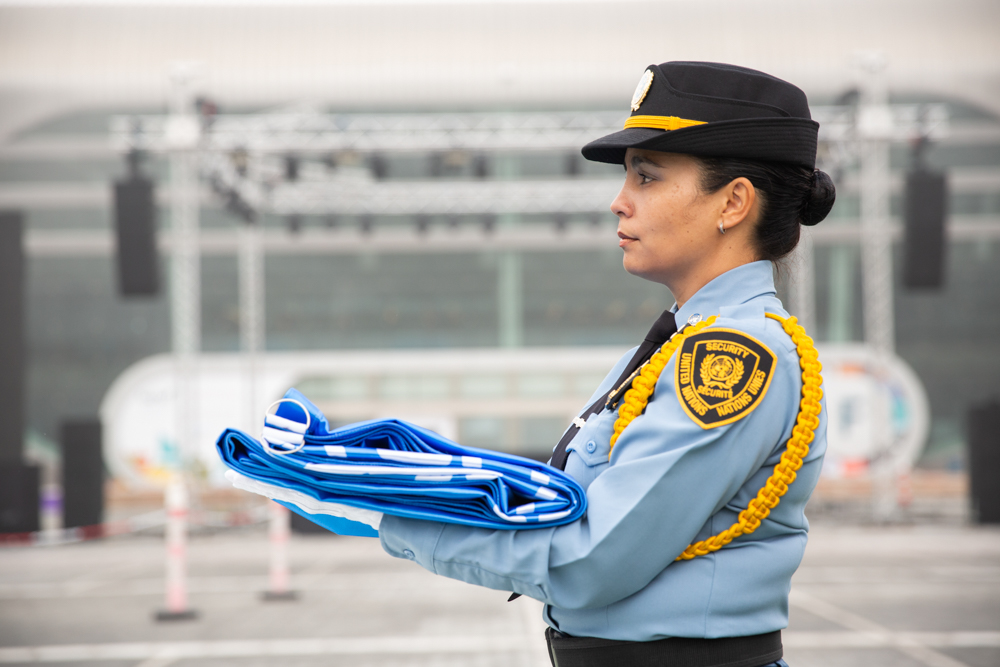

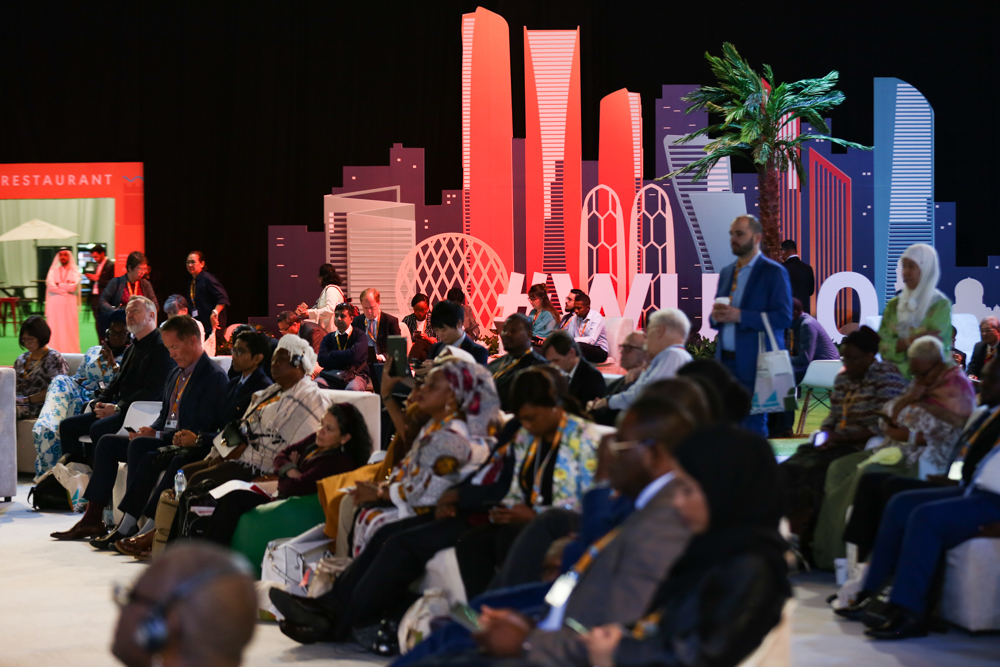
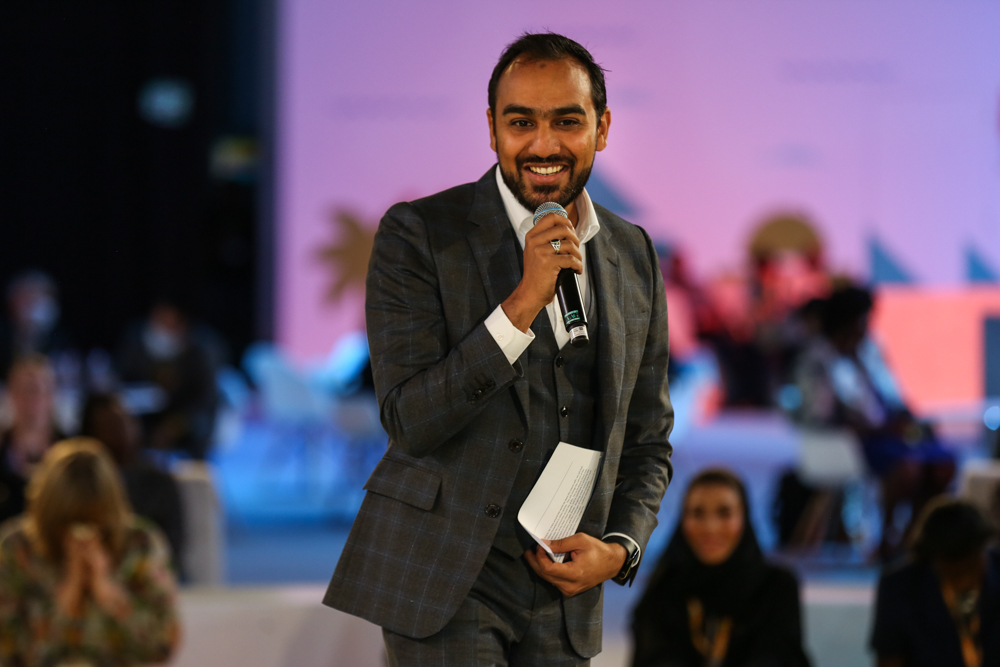
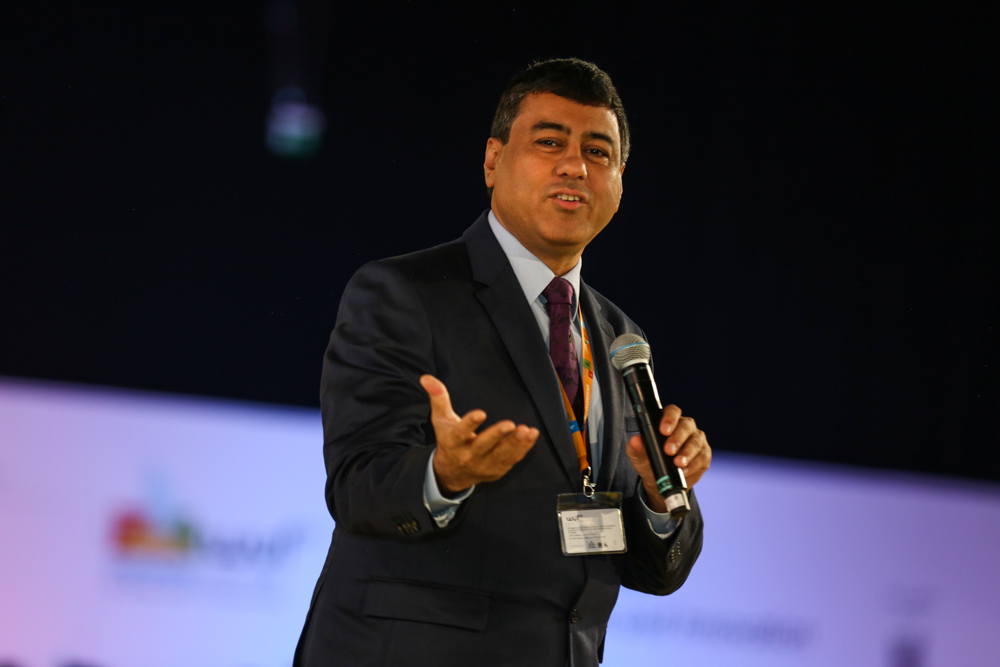
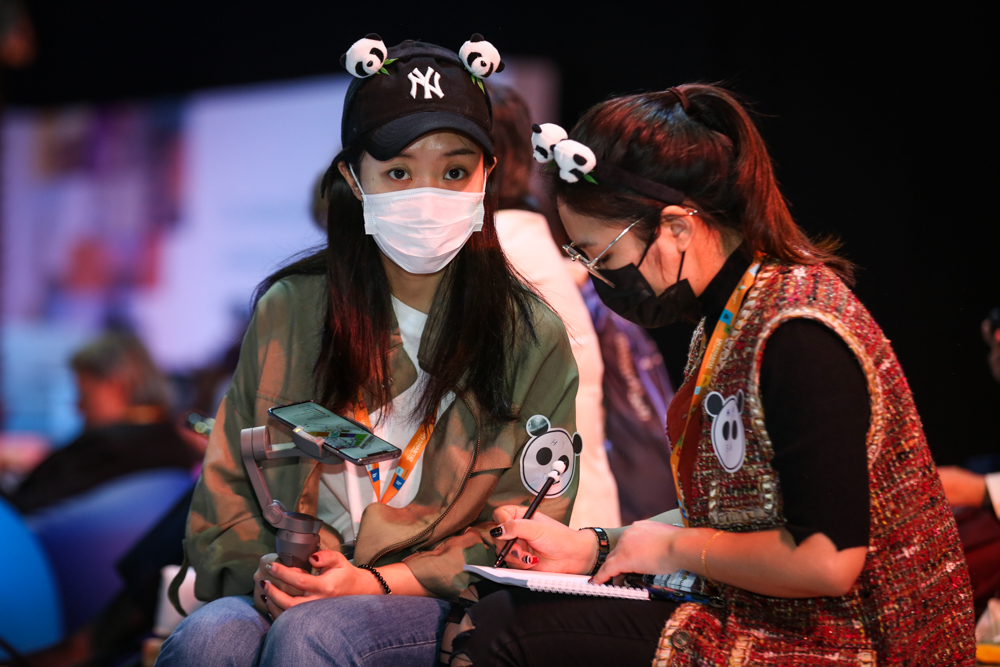
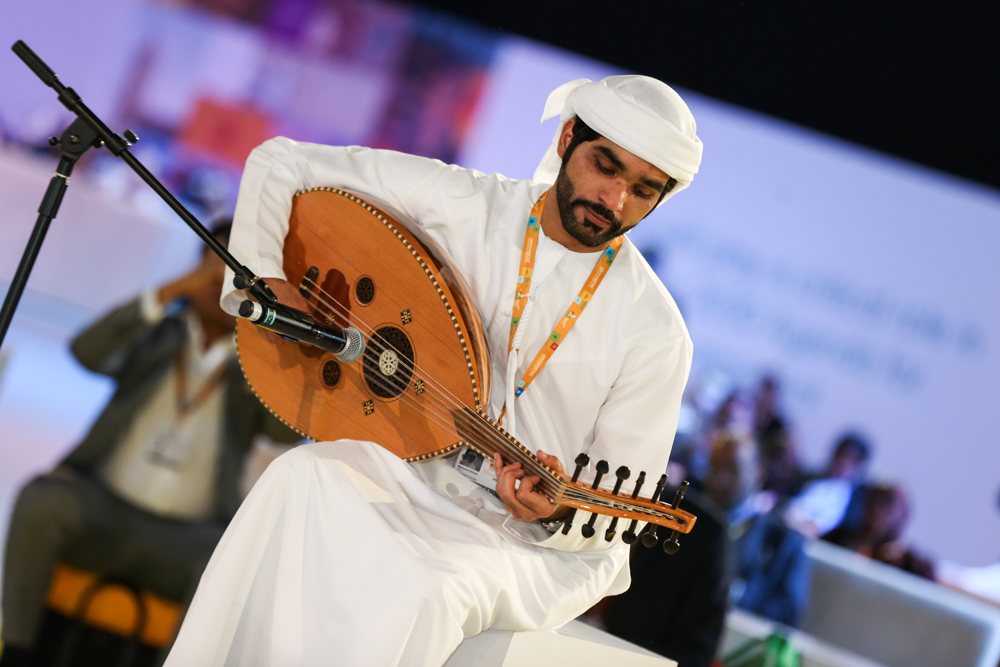
Urban Youth Assembly

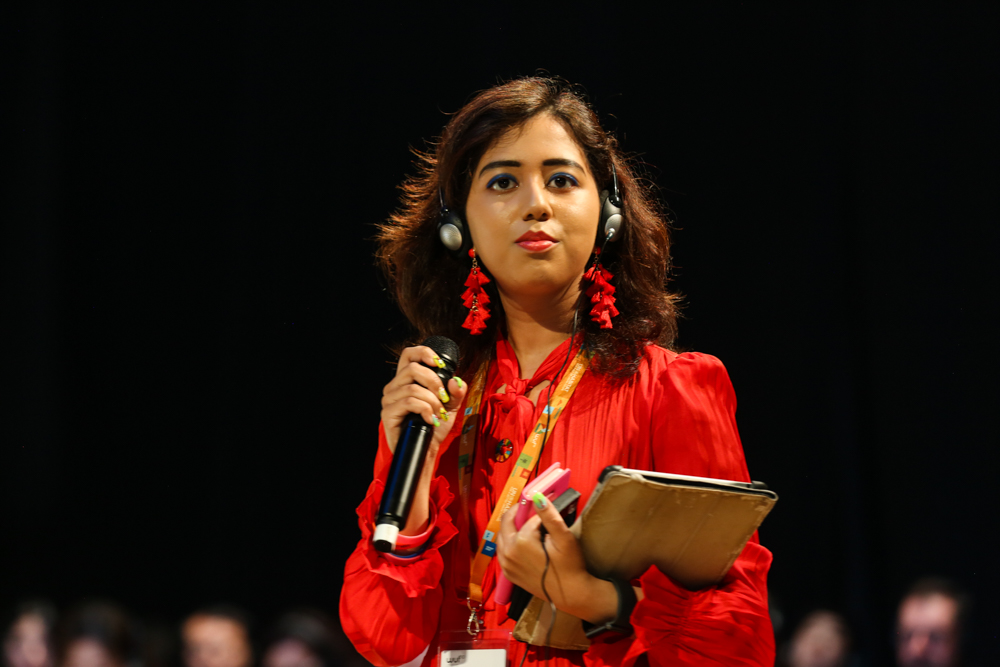
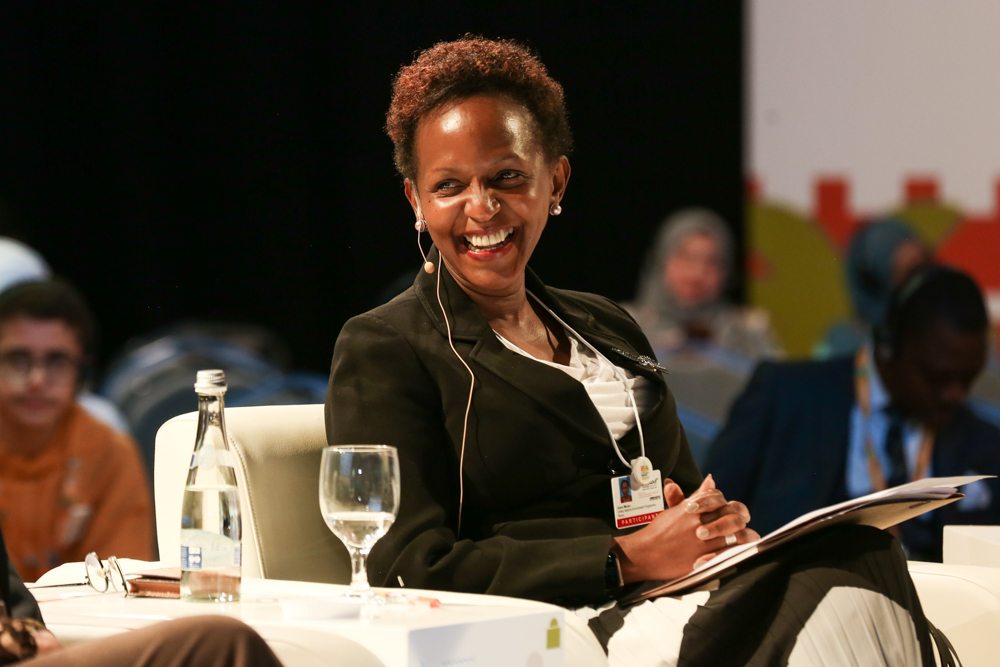
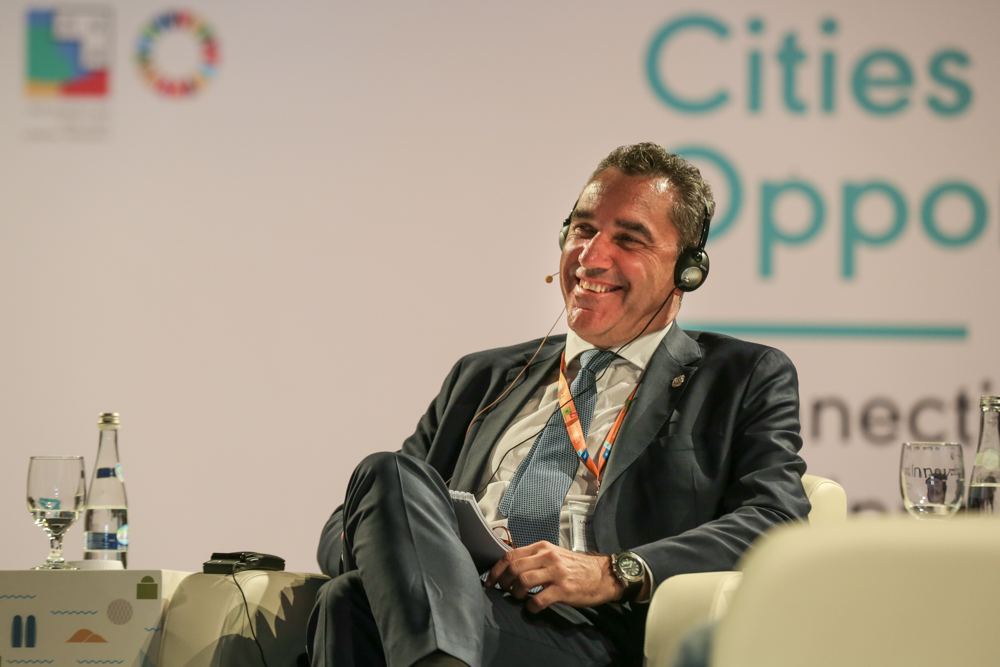

World Assembly of Local and Regional Governments
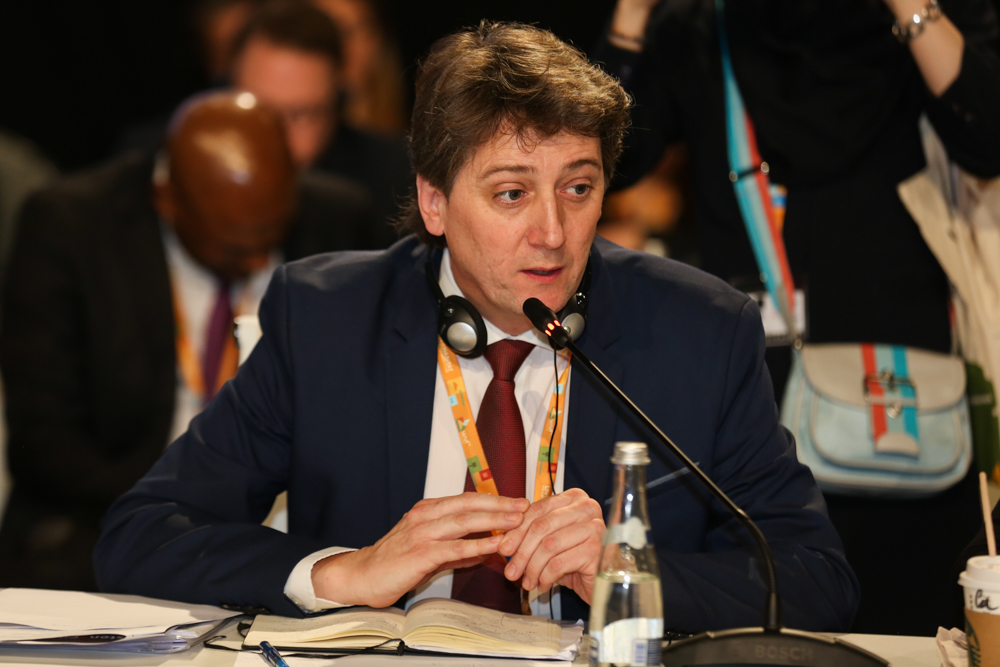
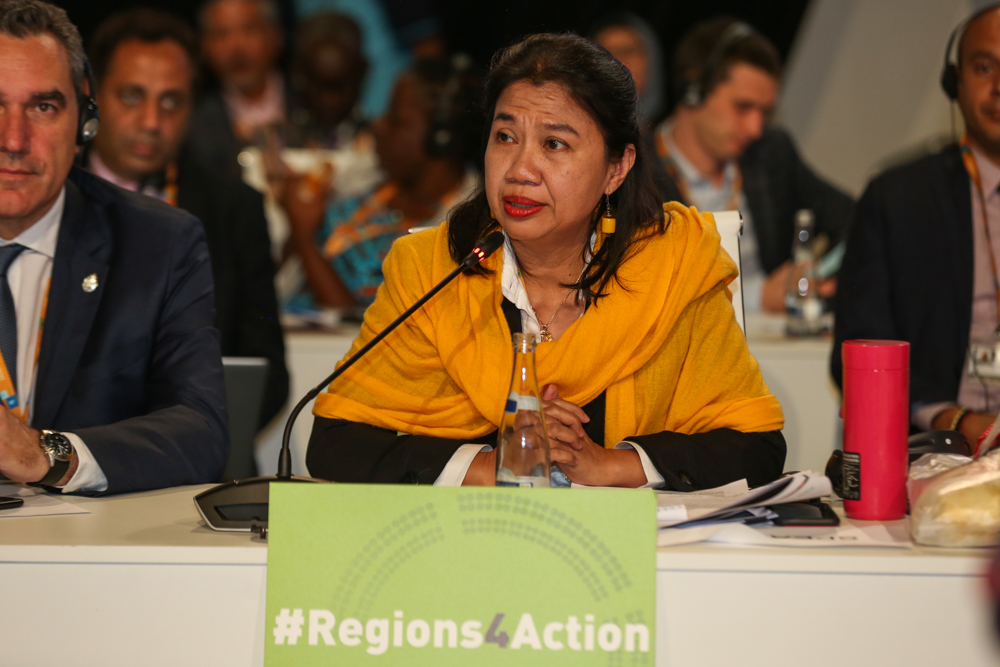
Grassroots Assembly
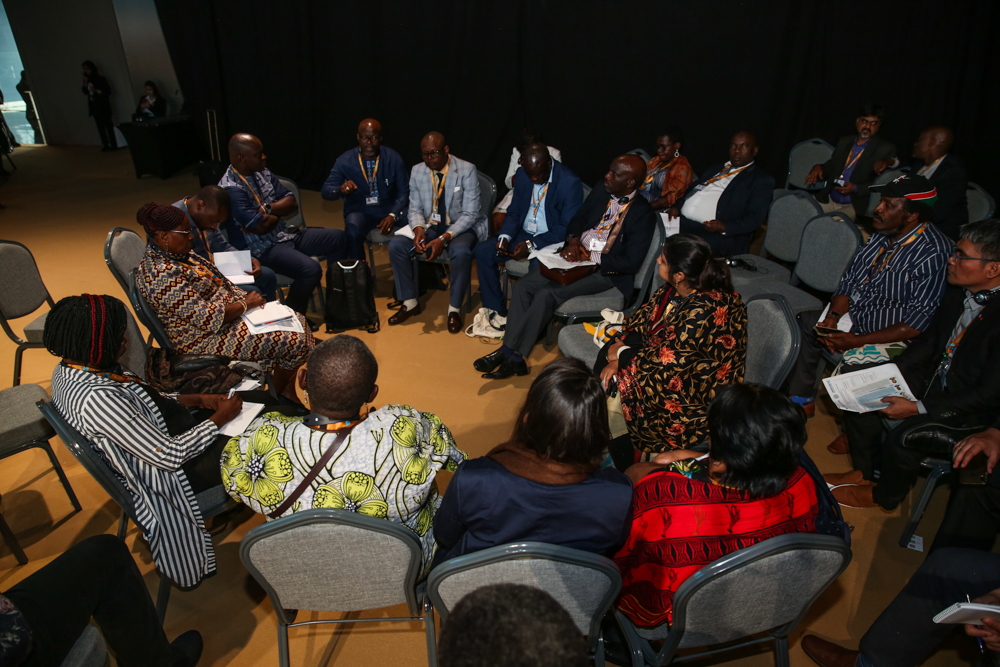
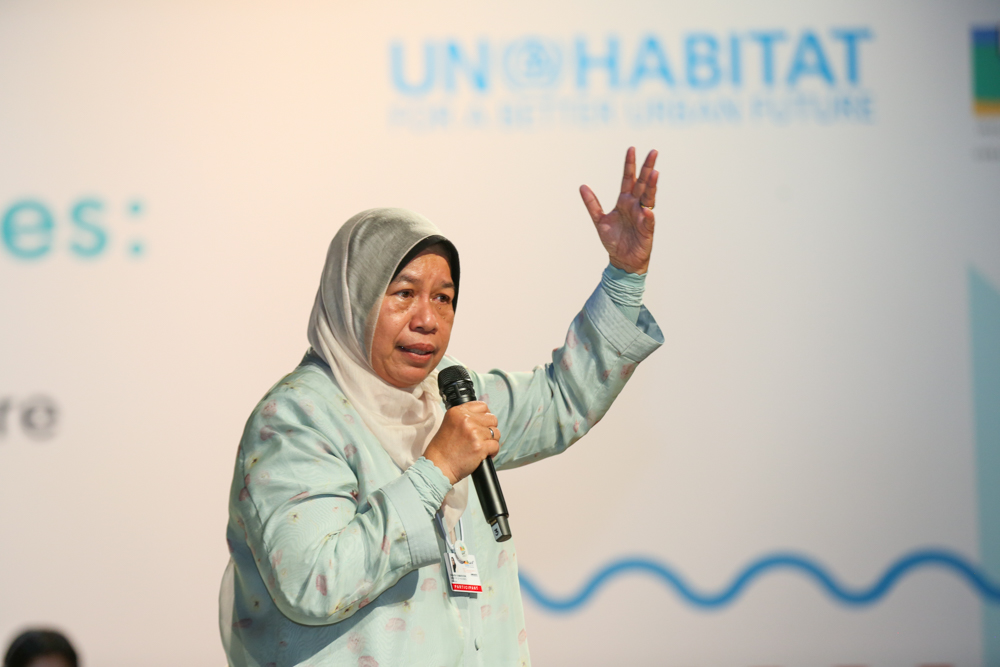
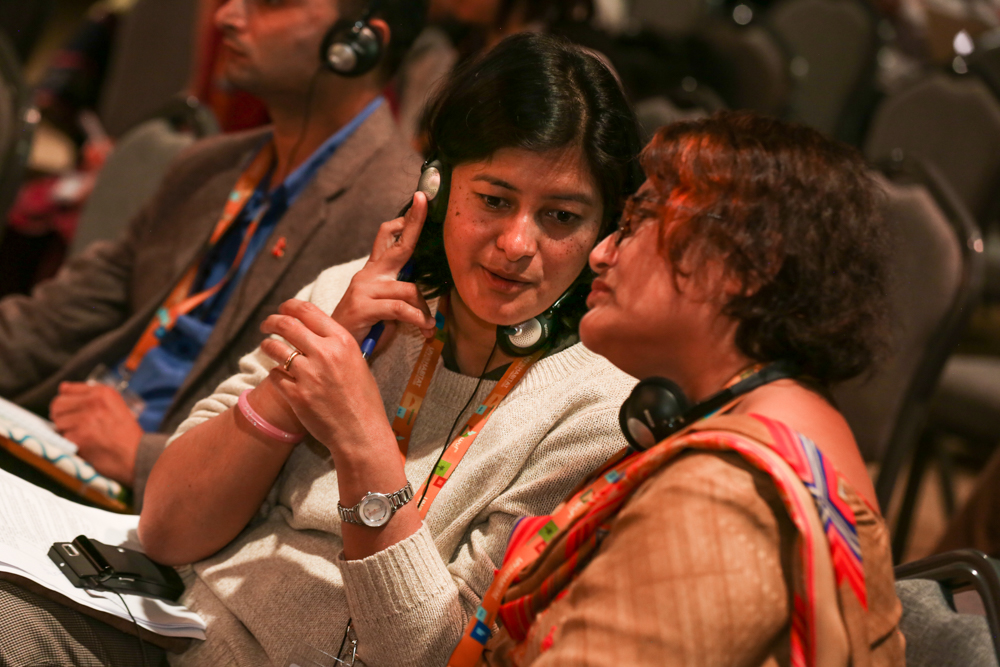
Around the Venue
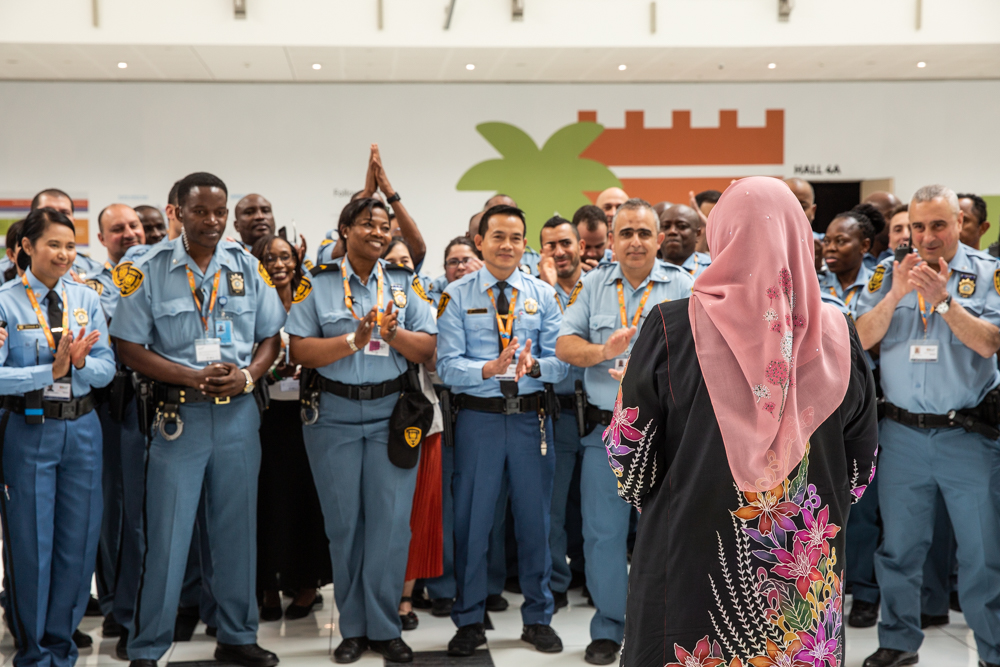
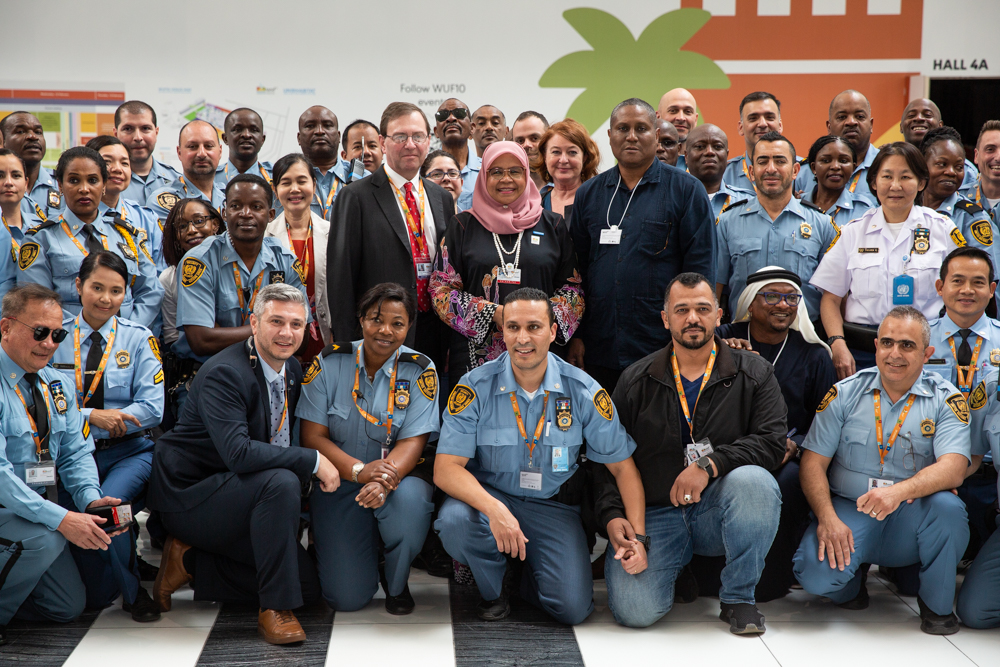

WUF Resources
- WUF10 Website
- WUF10 Programme
- WUF10 Concept Paper
- WUF10 Background Document
- WUF10 Side Events
- UN-Habitat Website
- New Urban Agenda and Habitat III Outcomes
- Full Text of the New Urban Agenda
- Website for the United Cities and Local Governments
IISD ENB/ENB+ Meeting Coverage
- World Congress of United Cities and Local Governments and World Summit of Local and Regional Leaders, 11-15 November 2019, Durban, South Africa
- WUF9, 7-13 February 2018, Kuala Lumpur, Malaysia
- 1st Session of the UN Human Settlements Programme (UN-Habitat) Assembly, 27-31 May 2019, UN-Habitat Headquarters, Nairobi, Kenya
- 2nd World Assembly of Local and Regional Governments, 16 October 2016, Quito, Ecuador
- UCLG World Congress and World Summit of Local and Regional Leaders, 12-15 October 2016, Bogota, Colombia
- Habitat III Informal Hearings with Stakeholders, 6-7 June 2016, UN Headquarters, New York
- Habitat III Informal Hearings with Local Authorities Associations, 16-17 May 2016, UN Headquarters, New York
- Habitat III Open-Ended Informal Consultative Meetings, 25-29 April 2016, UN Headquarters, New York
- WUF7, 5-11 April 2014, Medellin, Colombia
- 23rd Session of the UN-Habitat Governing Council, 11-15 April 2011, Nairobi, Kenya
- WUF3, 19-23 June 2006, Vancouver, Canada
IISD Resources
- Subscription Page for IISD Reporting Services Peer-to-Peer Mailing Lists (including SDG, CLIMATE-L, BIODIVERSITY-L, OCEANS-L, and Regional Updates)
- SDG Update Newsletter - A compilation of news, commentary and upcoming events published on the SDG Knowledge Hub
- SDG Knowledge Hub - An Online Resource Center for News and Commentary Regarding the Implementation of the United Nations’ 2030 Agenda for Sustainable Development, including all 17 Sustainable Development Goals (SDGs)
- Linkages Update - International Environment and Sustainable Development News
 Funding for IISD Reporting Services coverage of WUF10 has been provided by the UAE Government
Funding for IISD Reporting Services coverage of WUF10 has been provided by the UAE Government